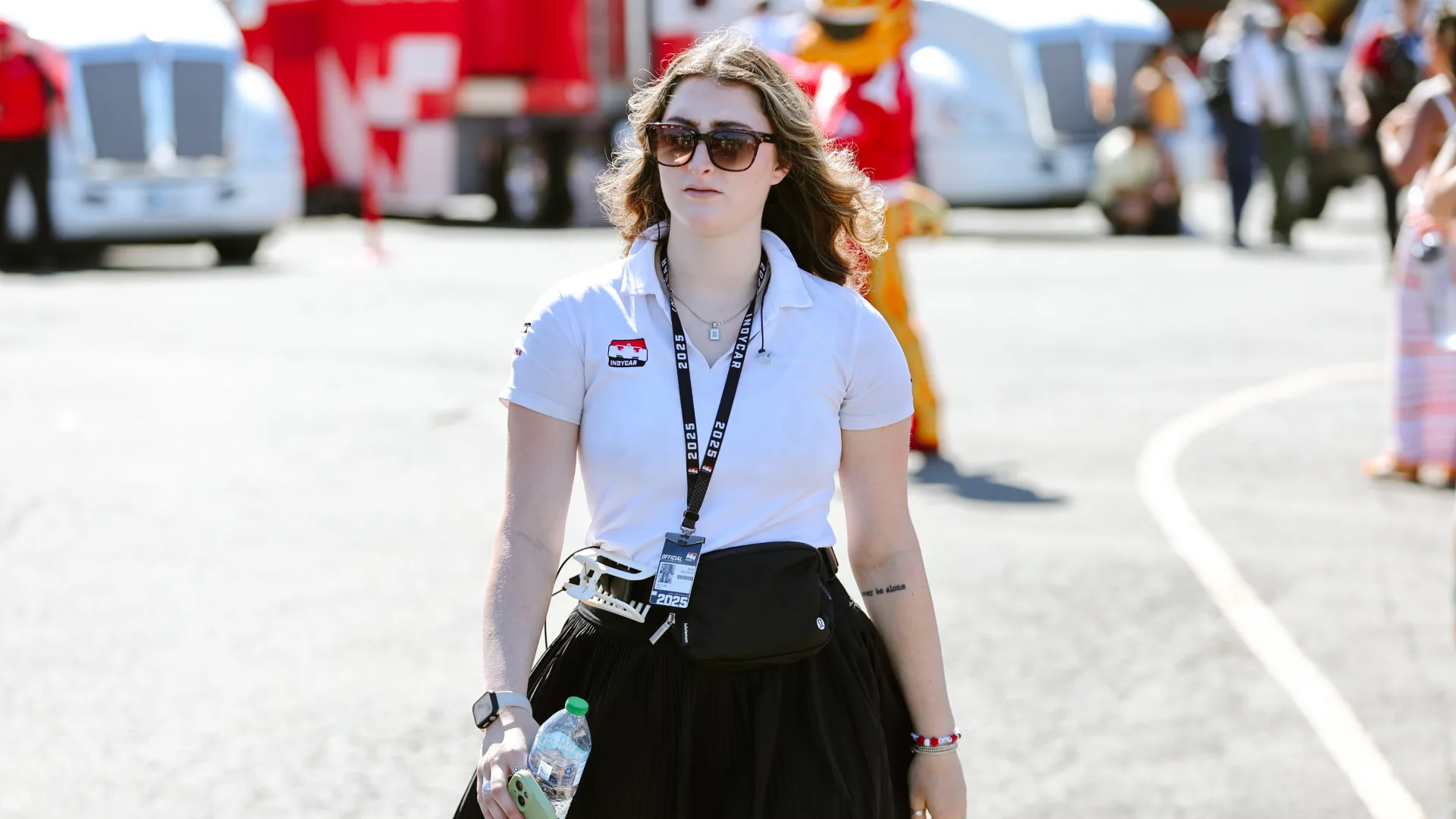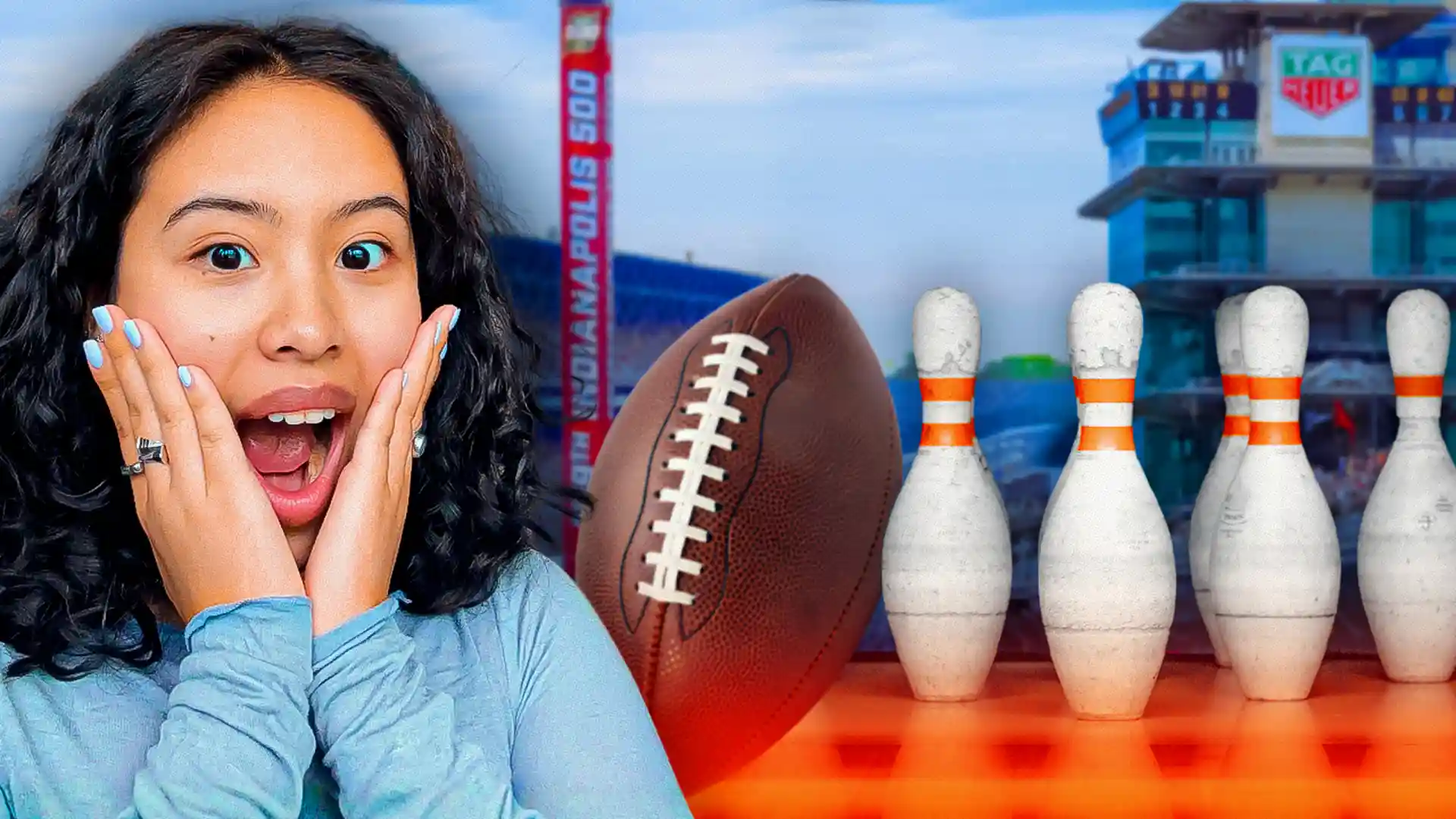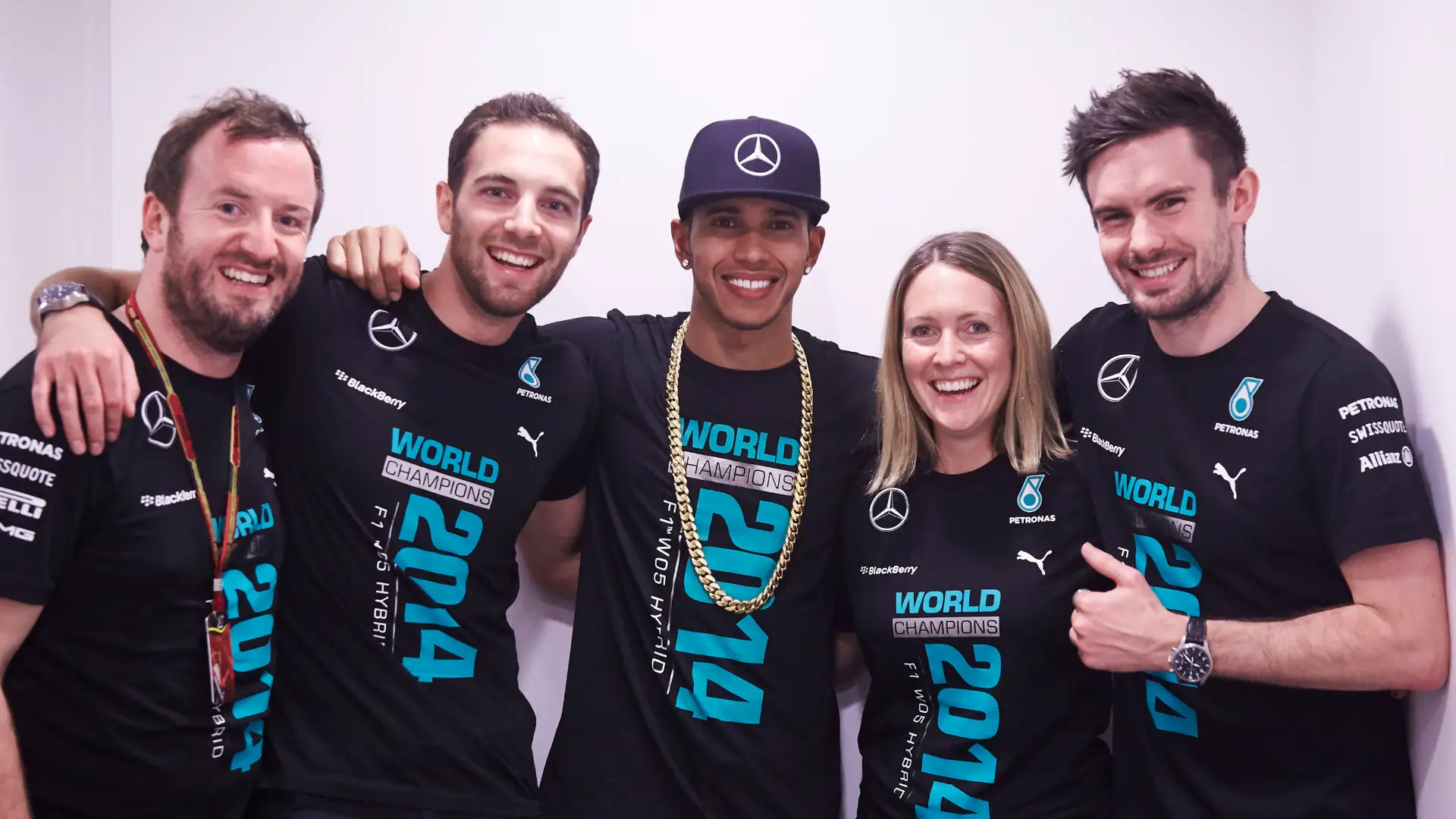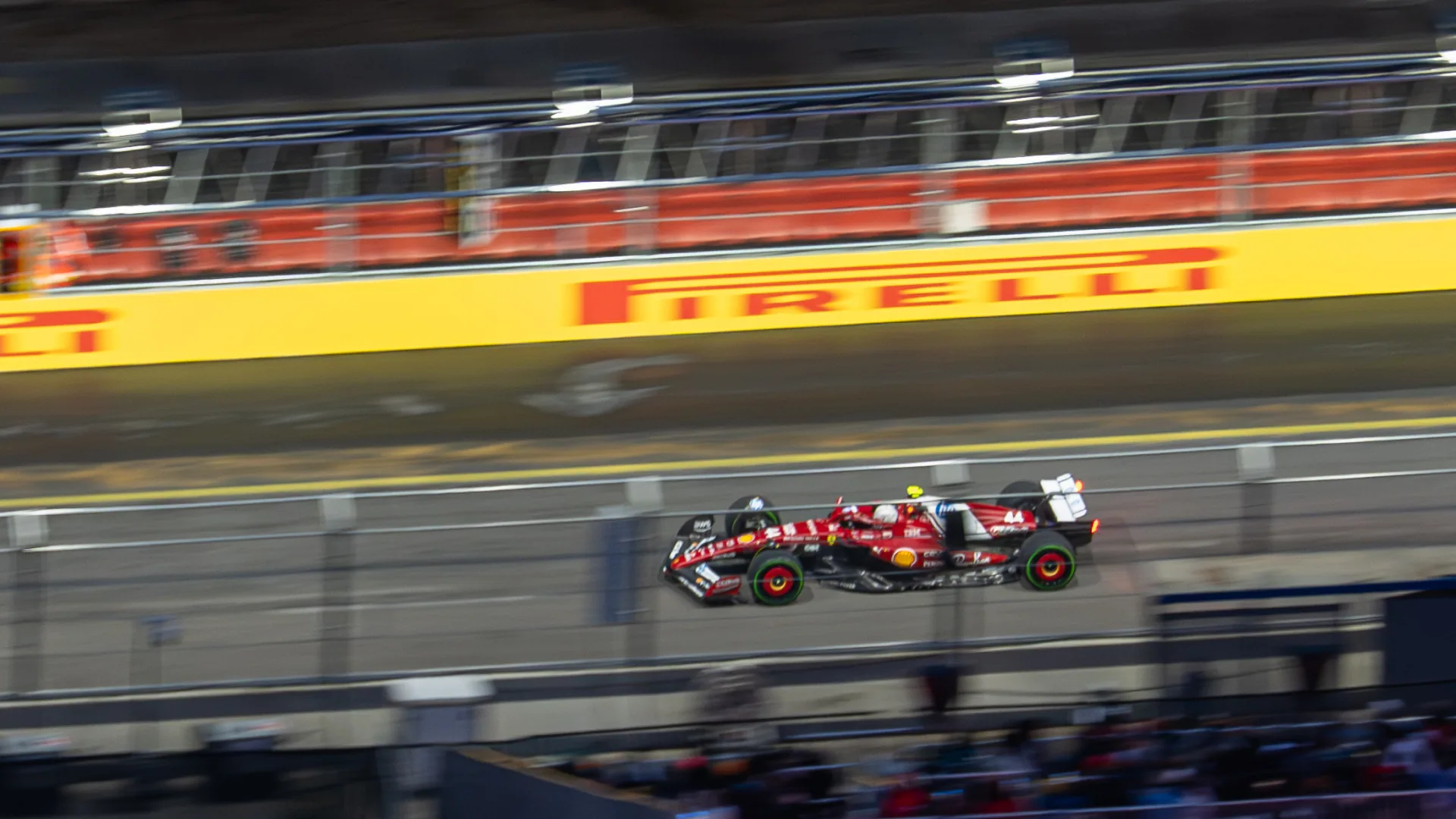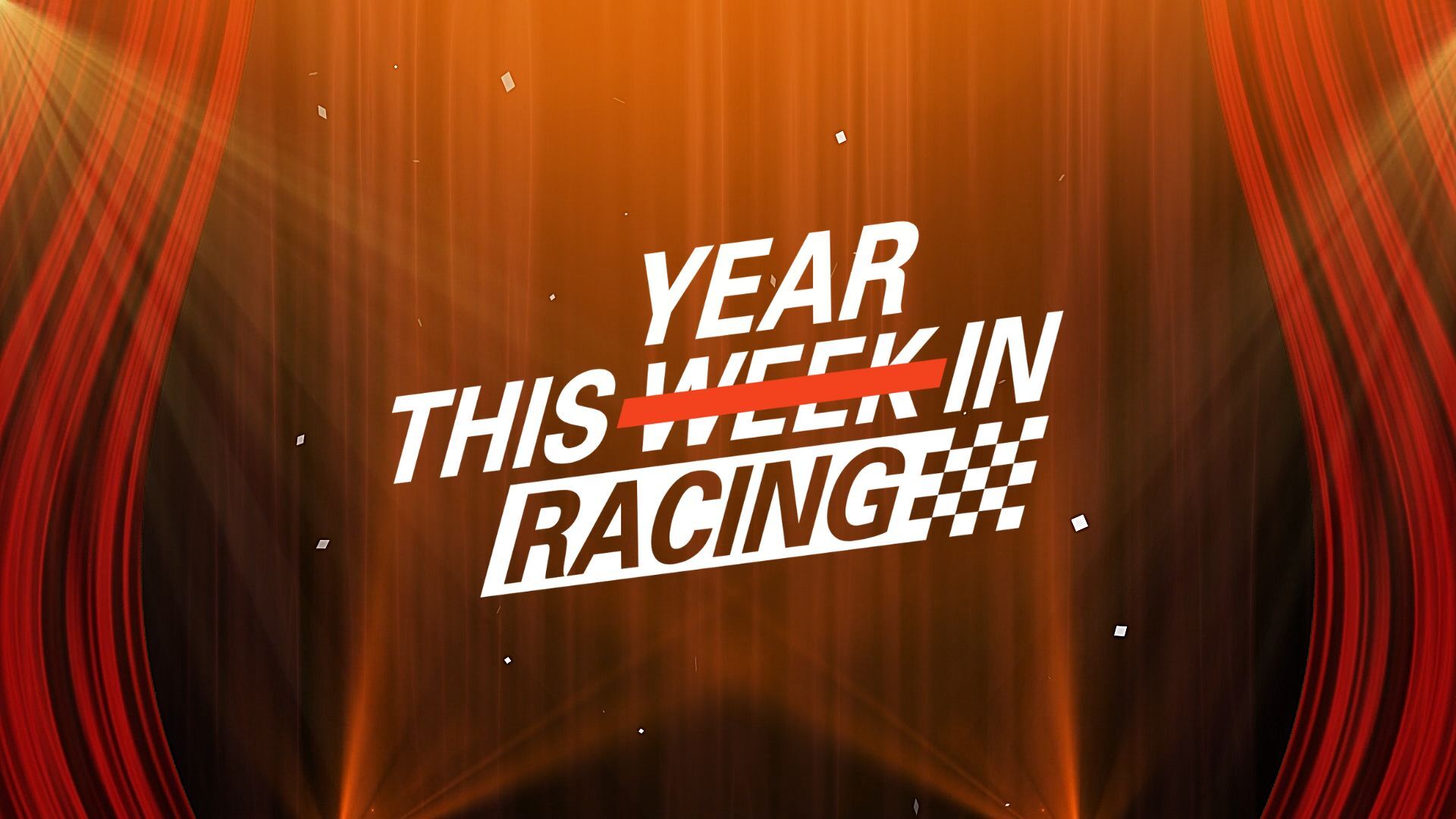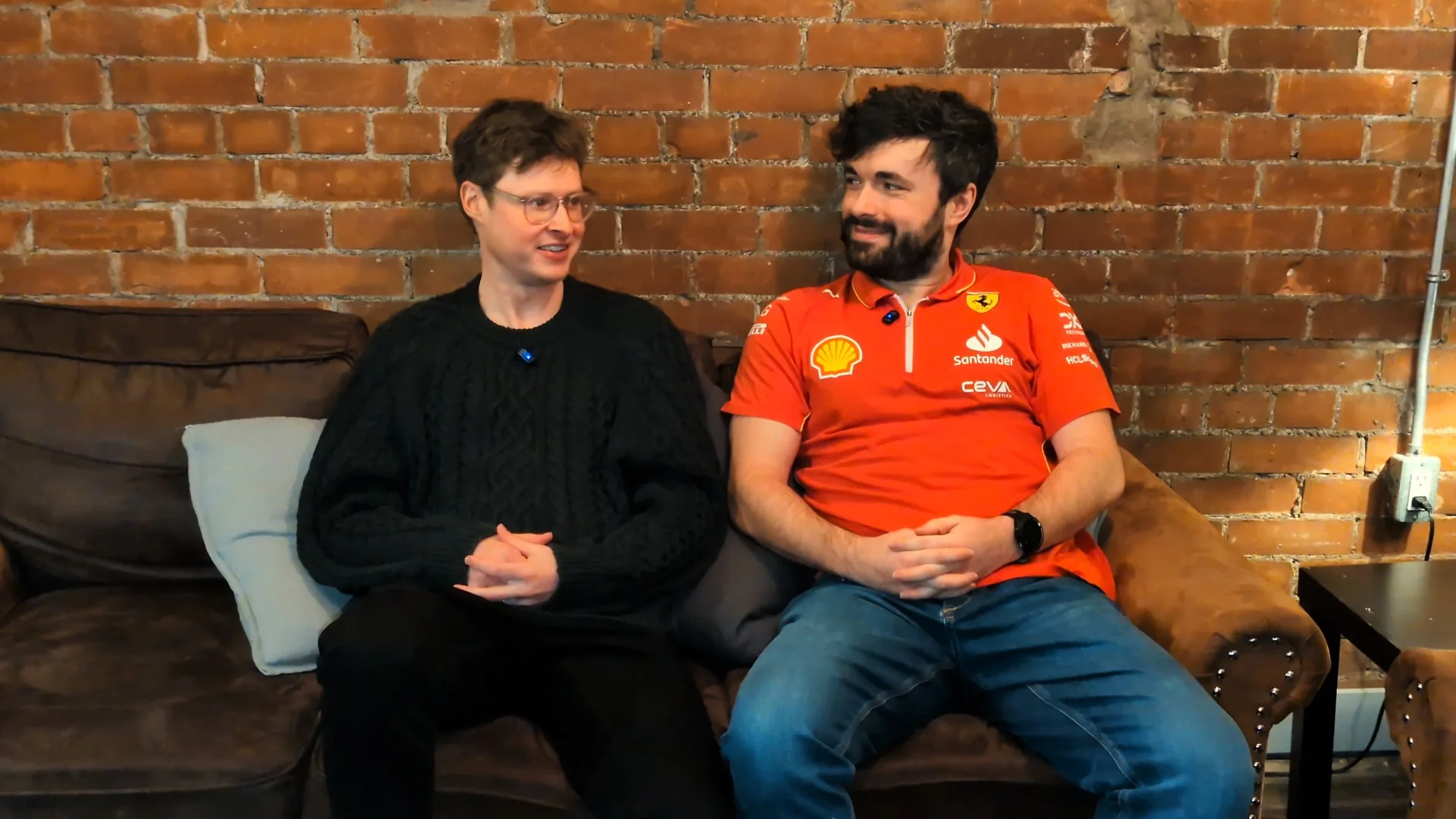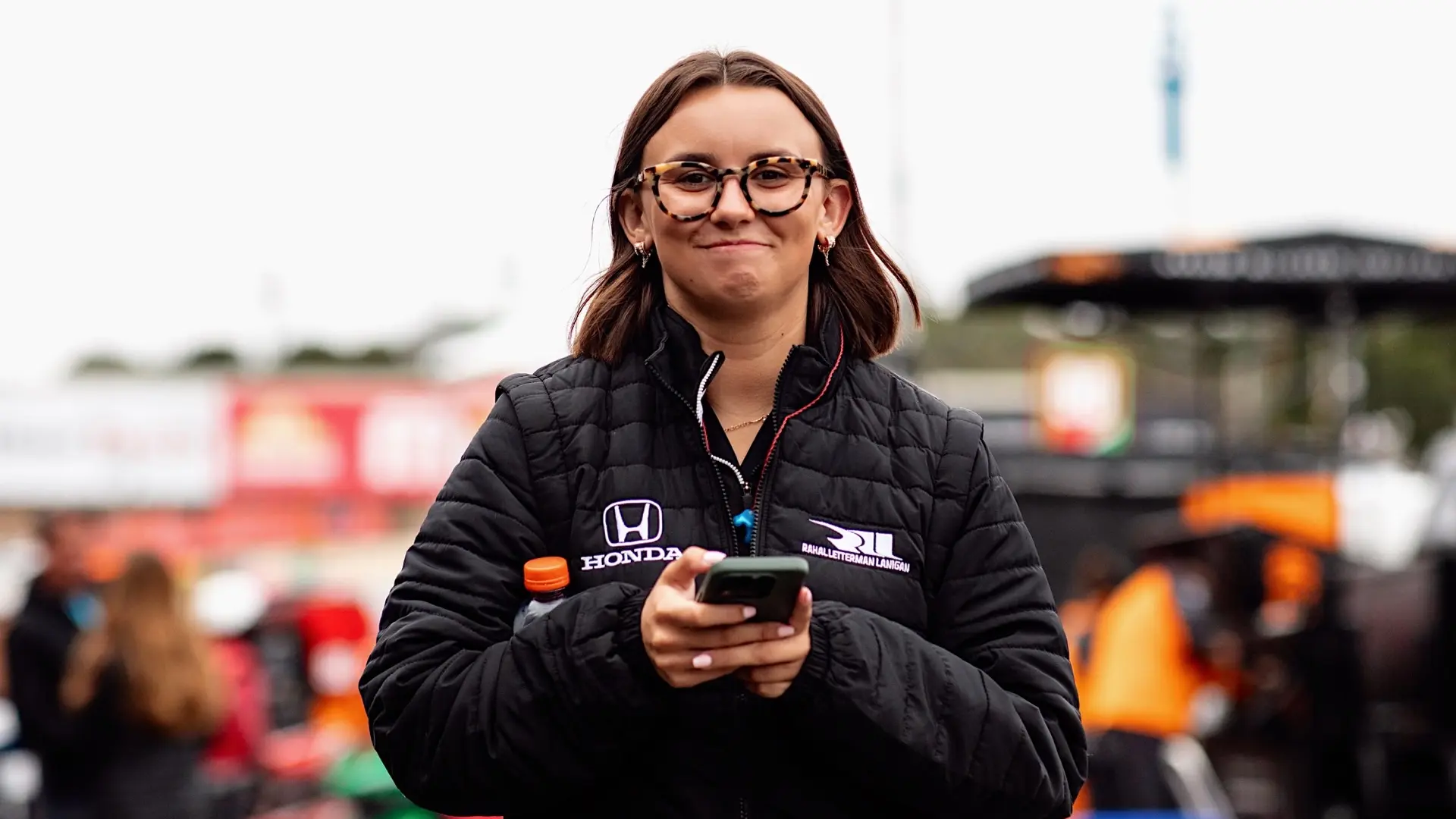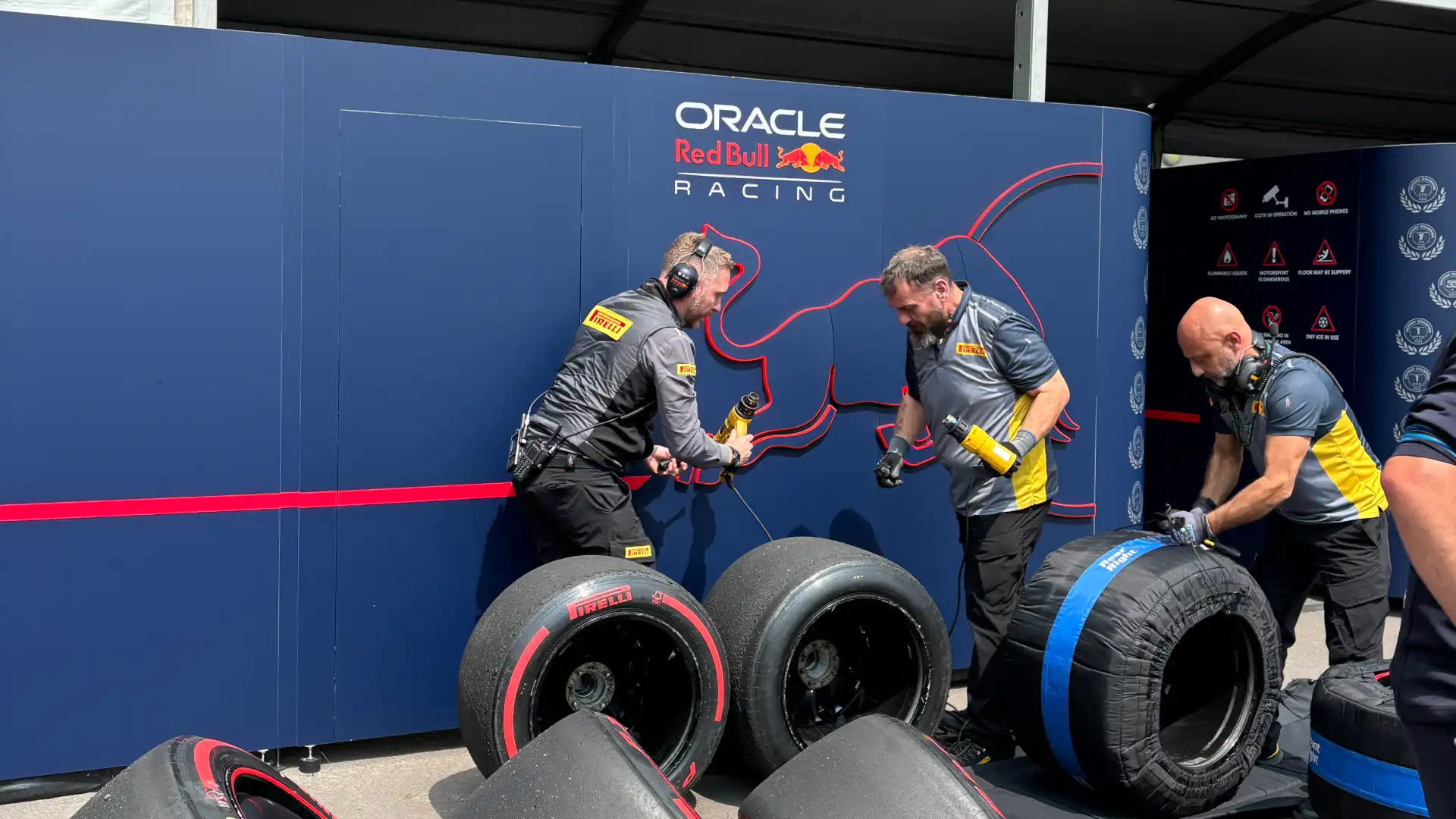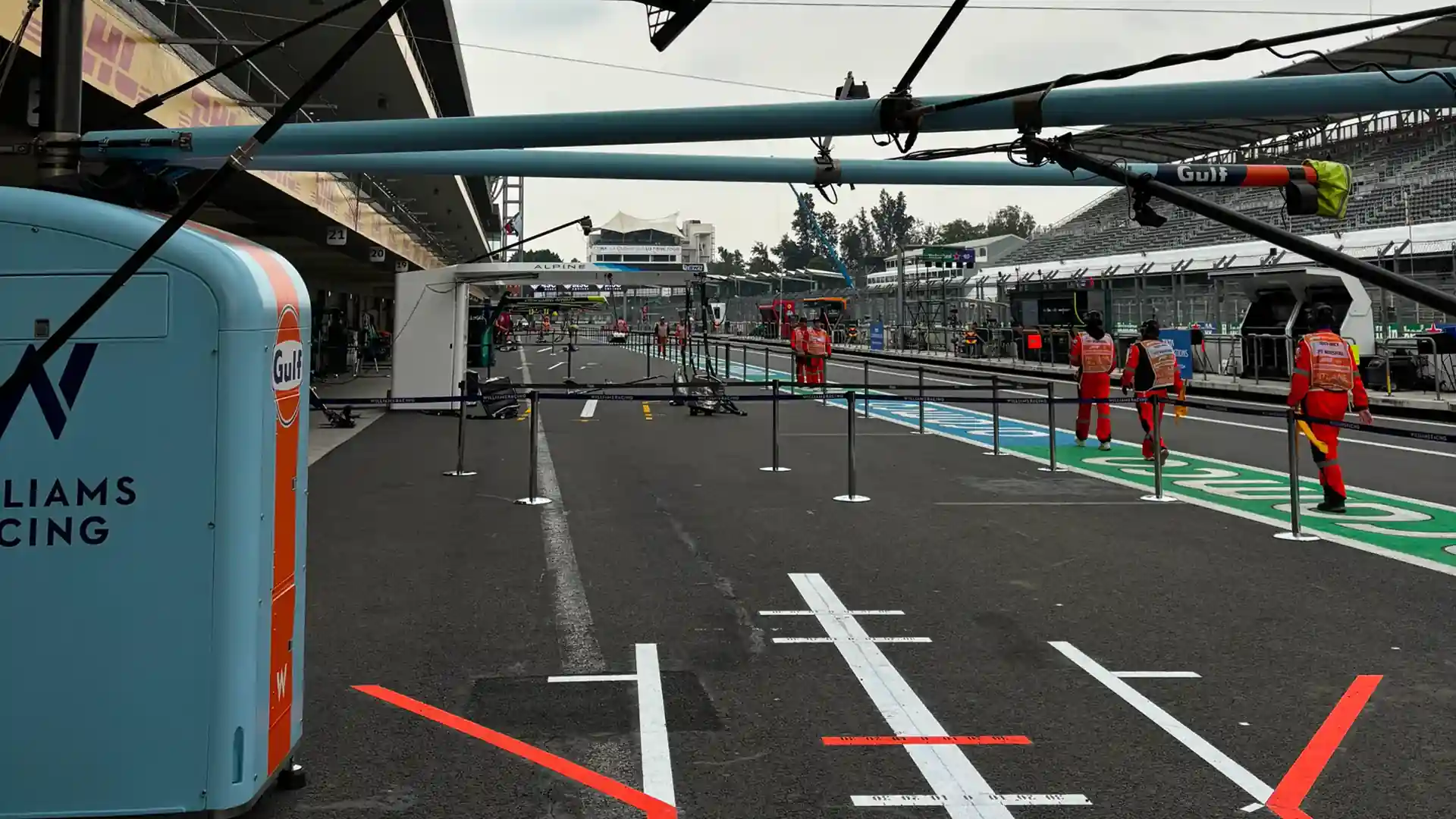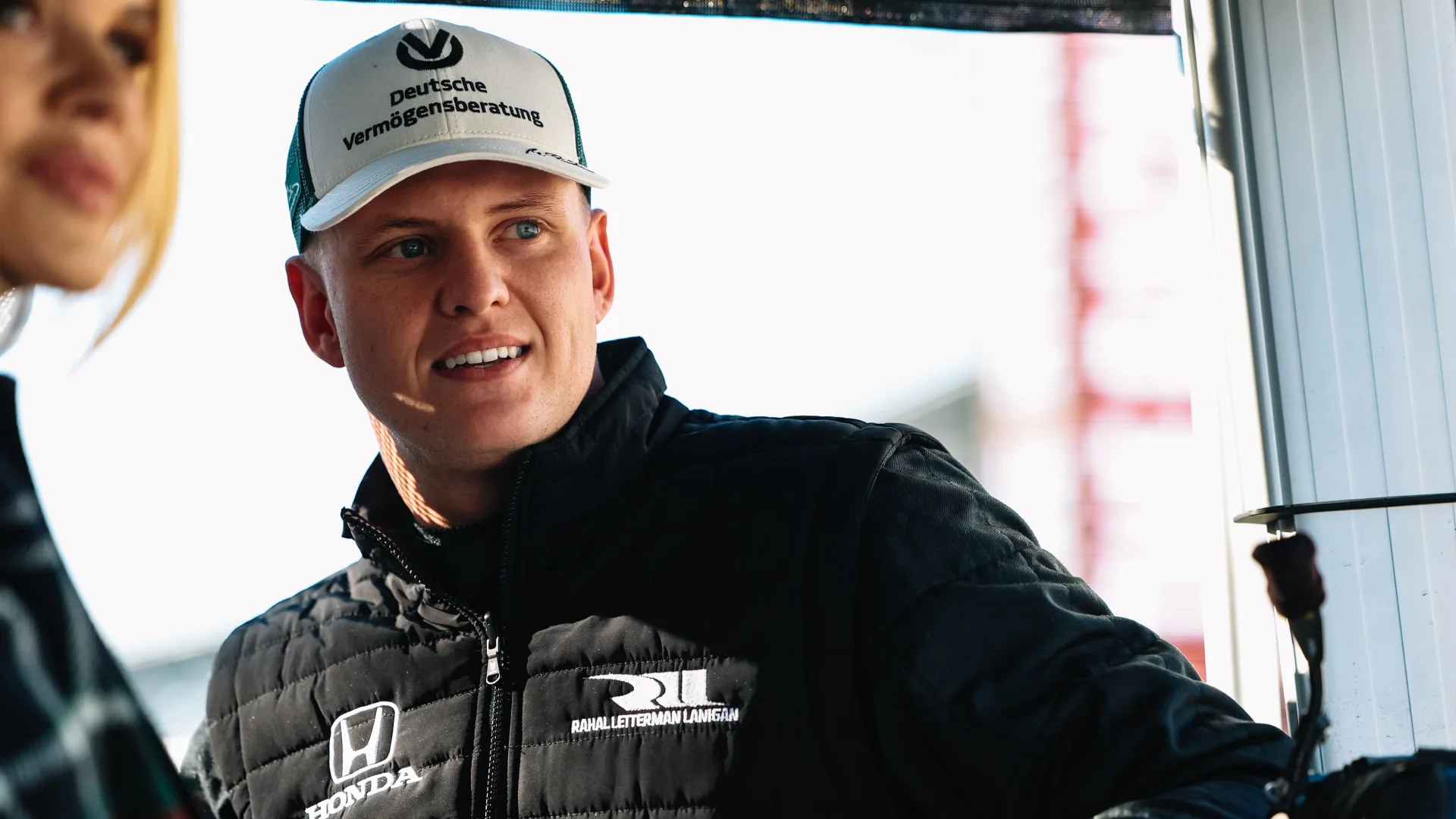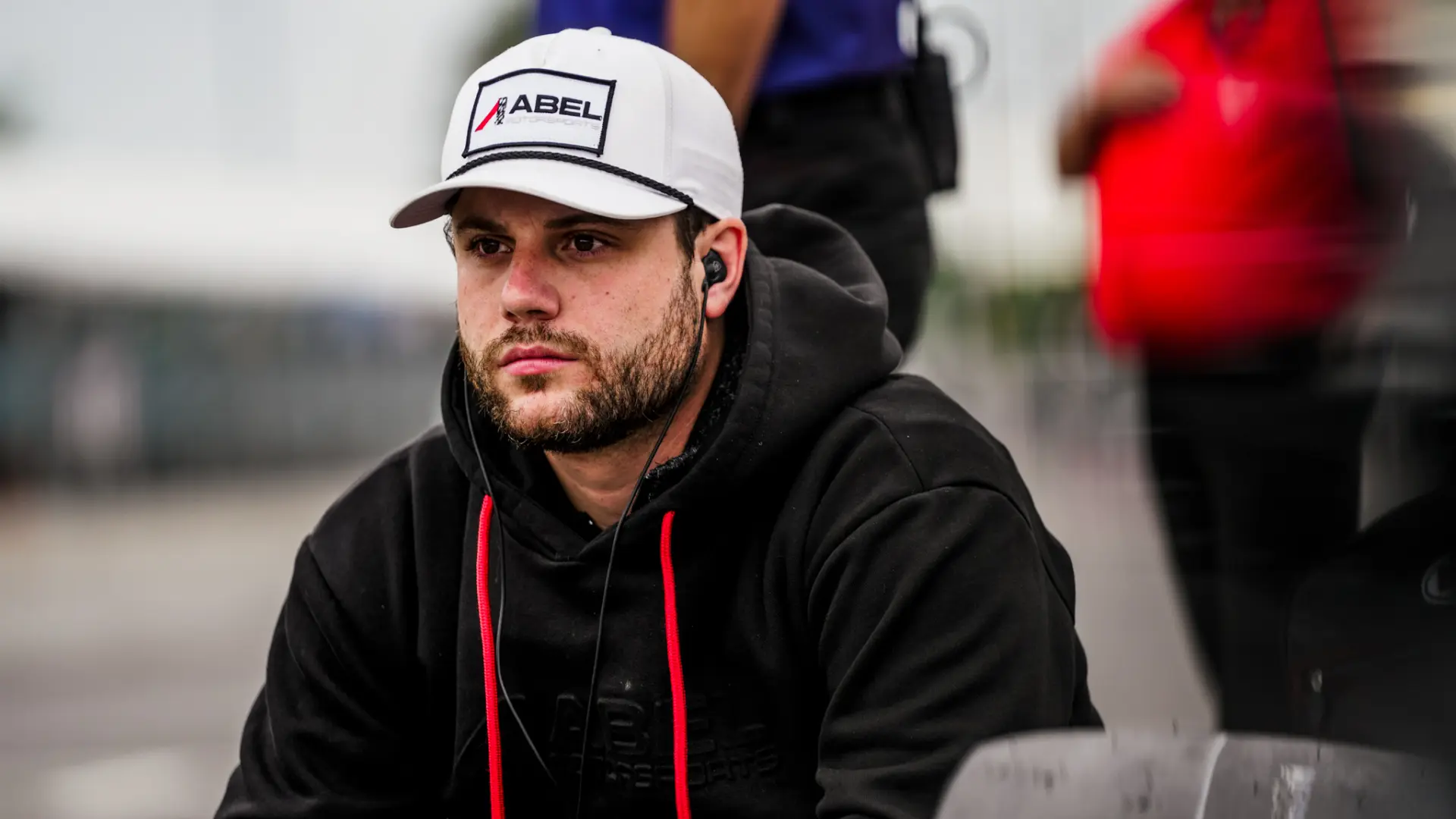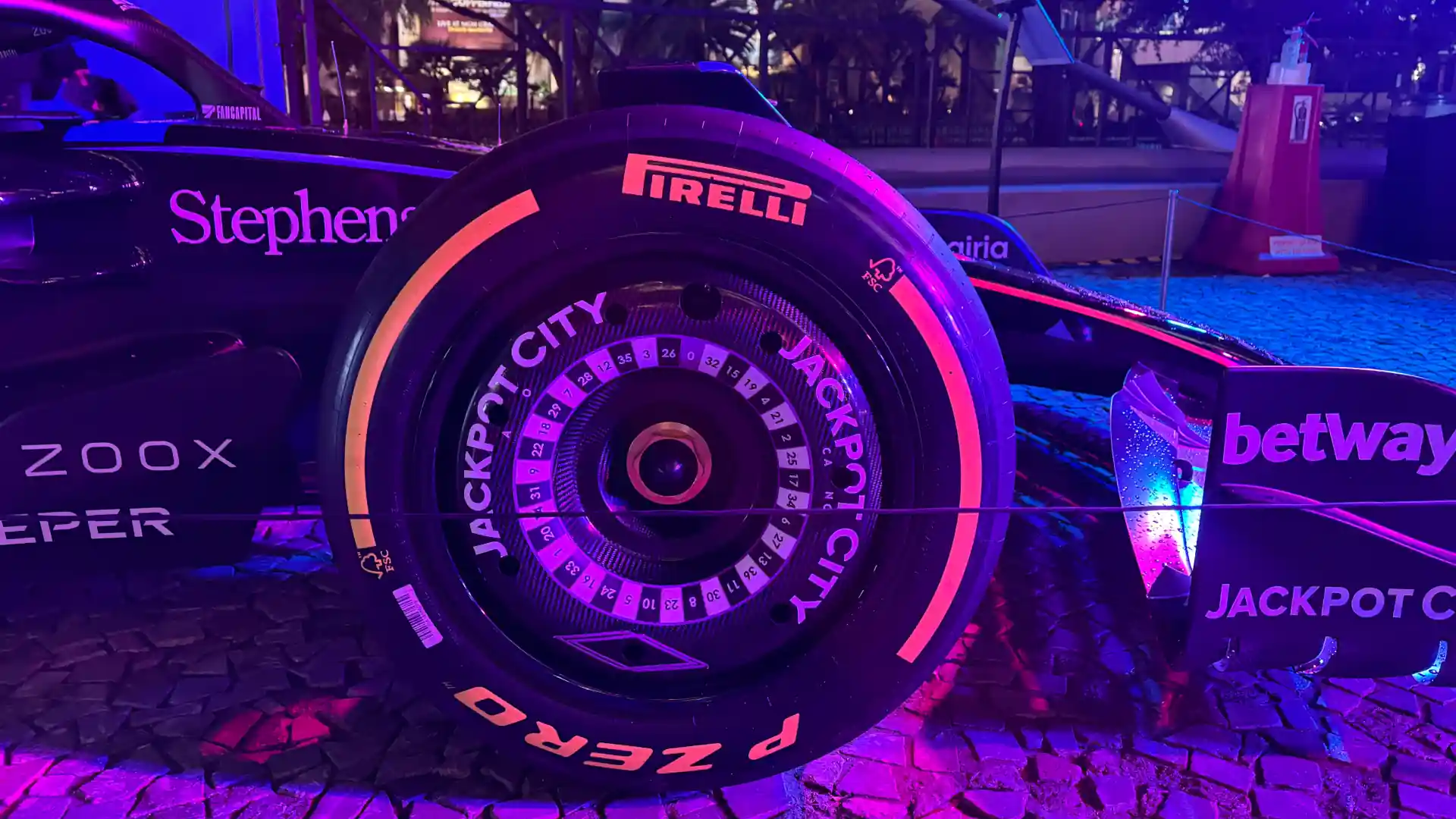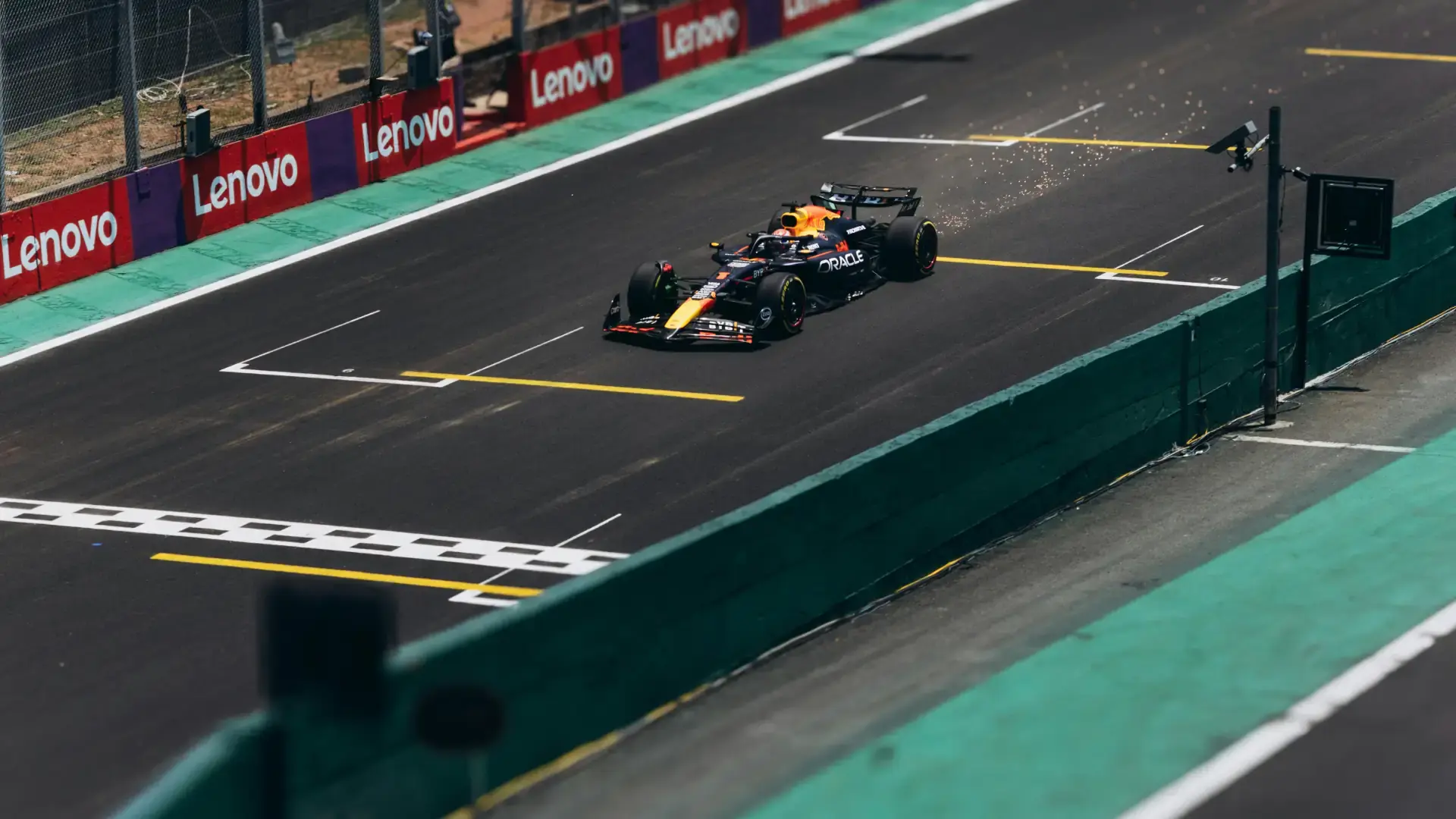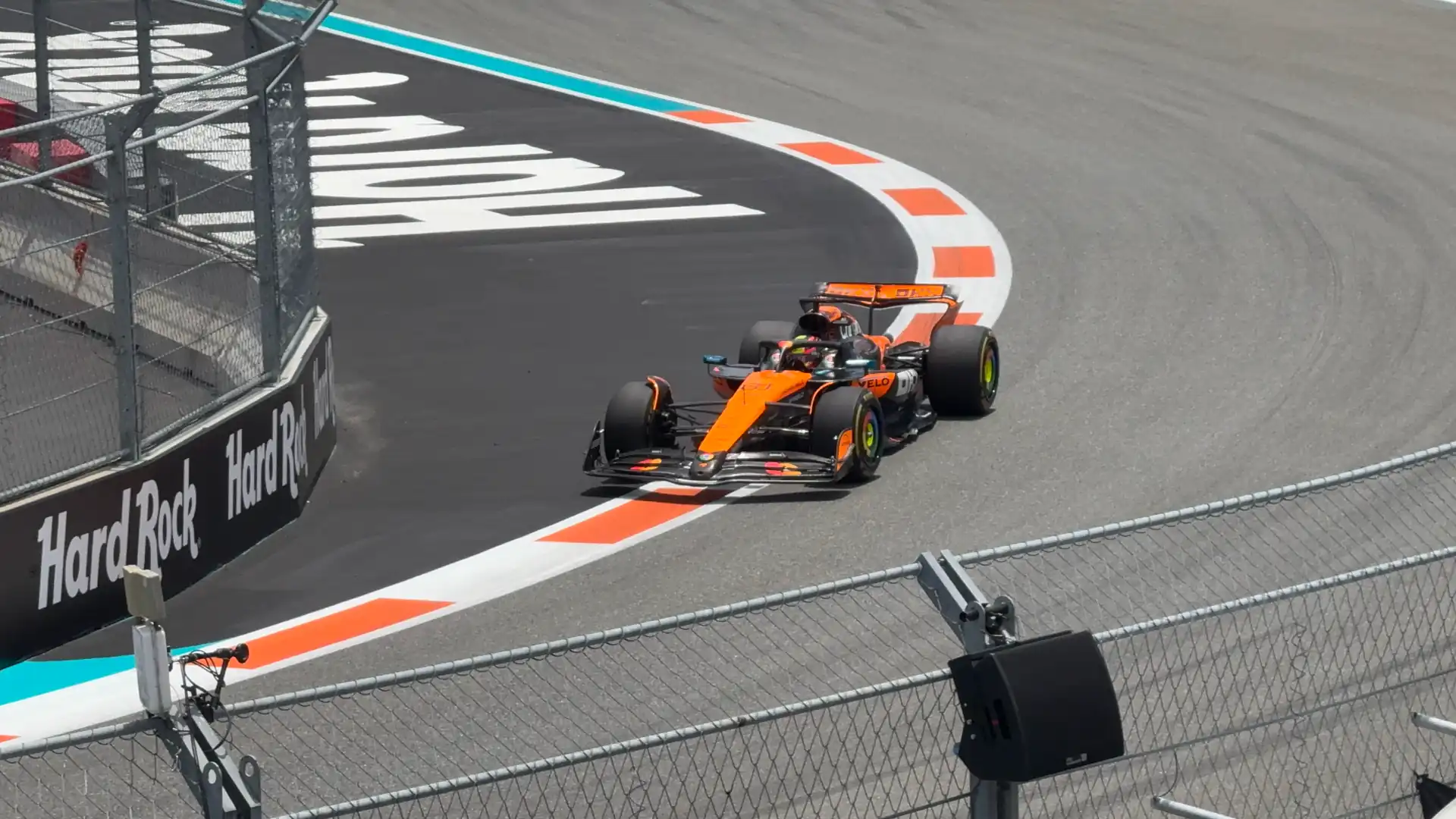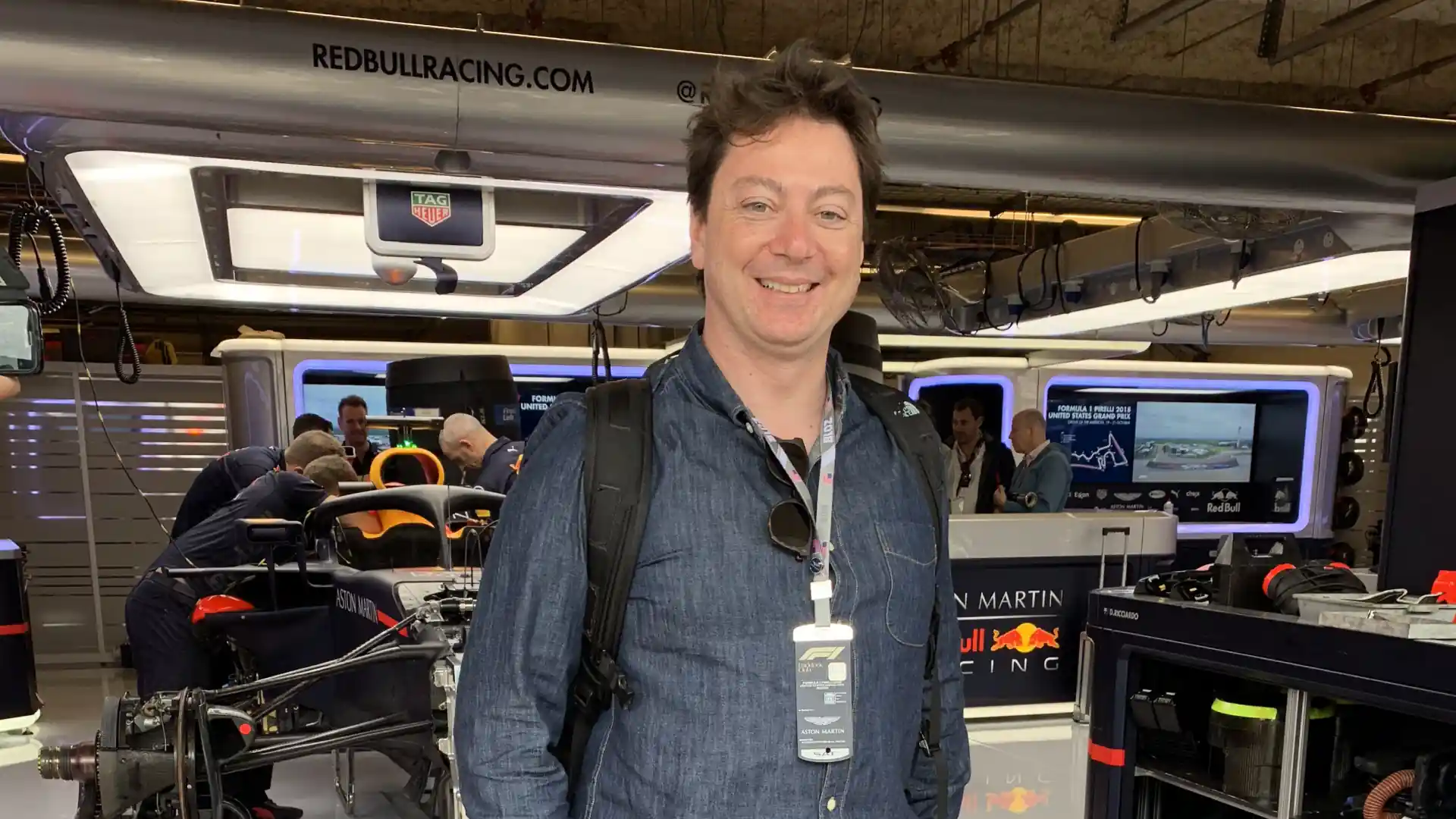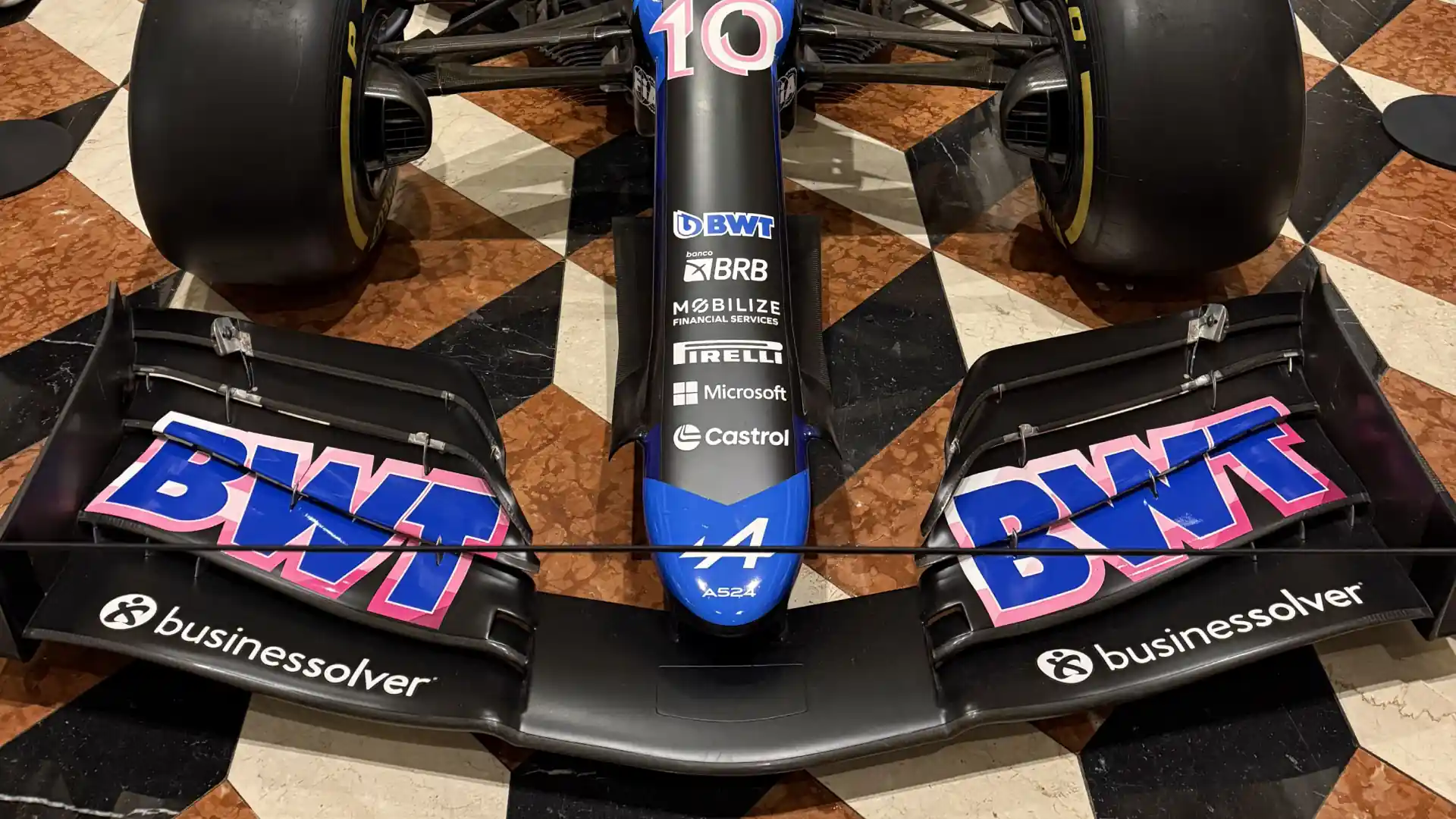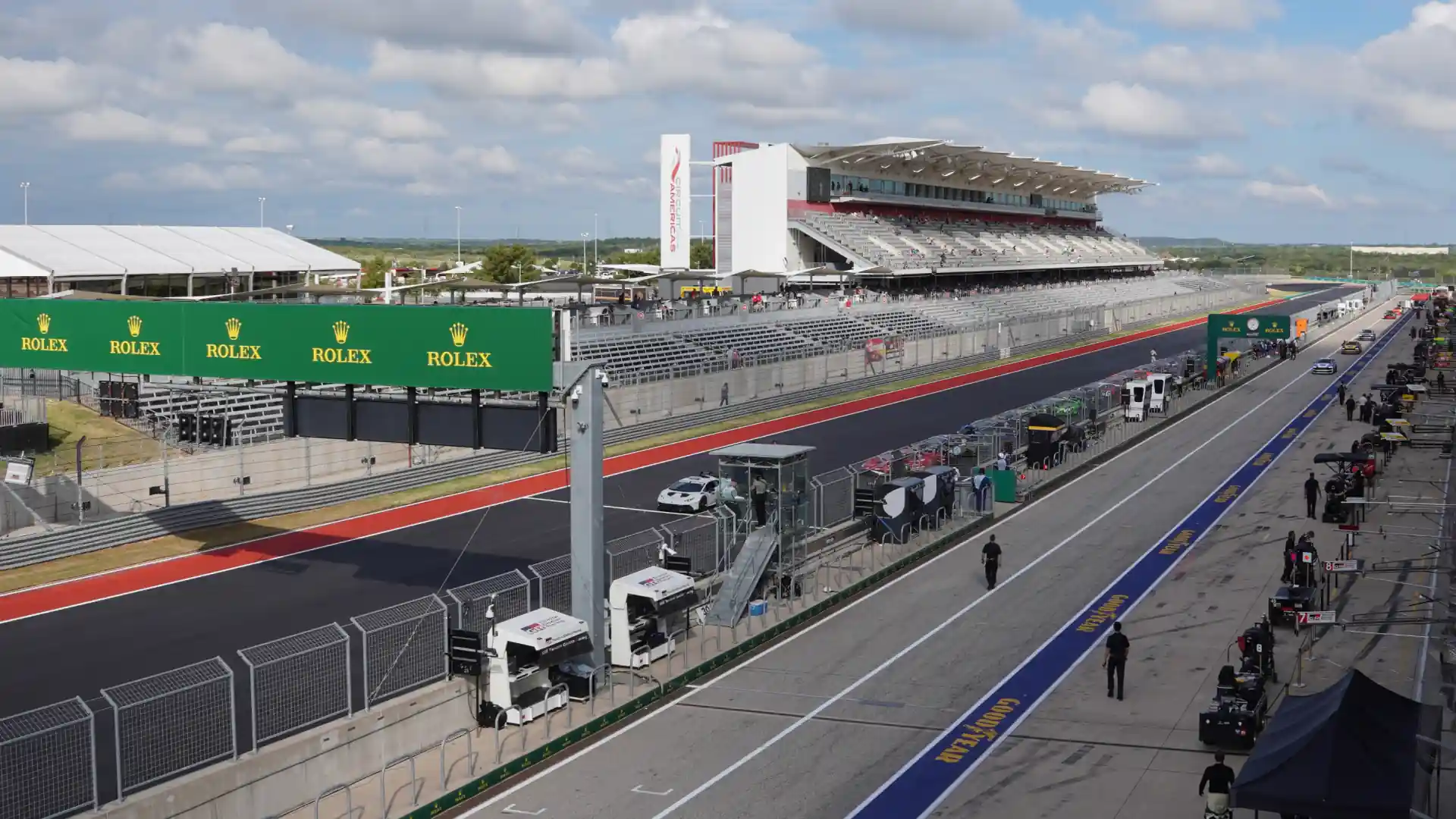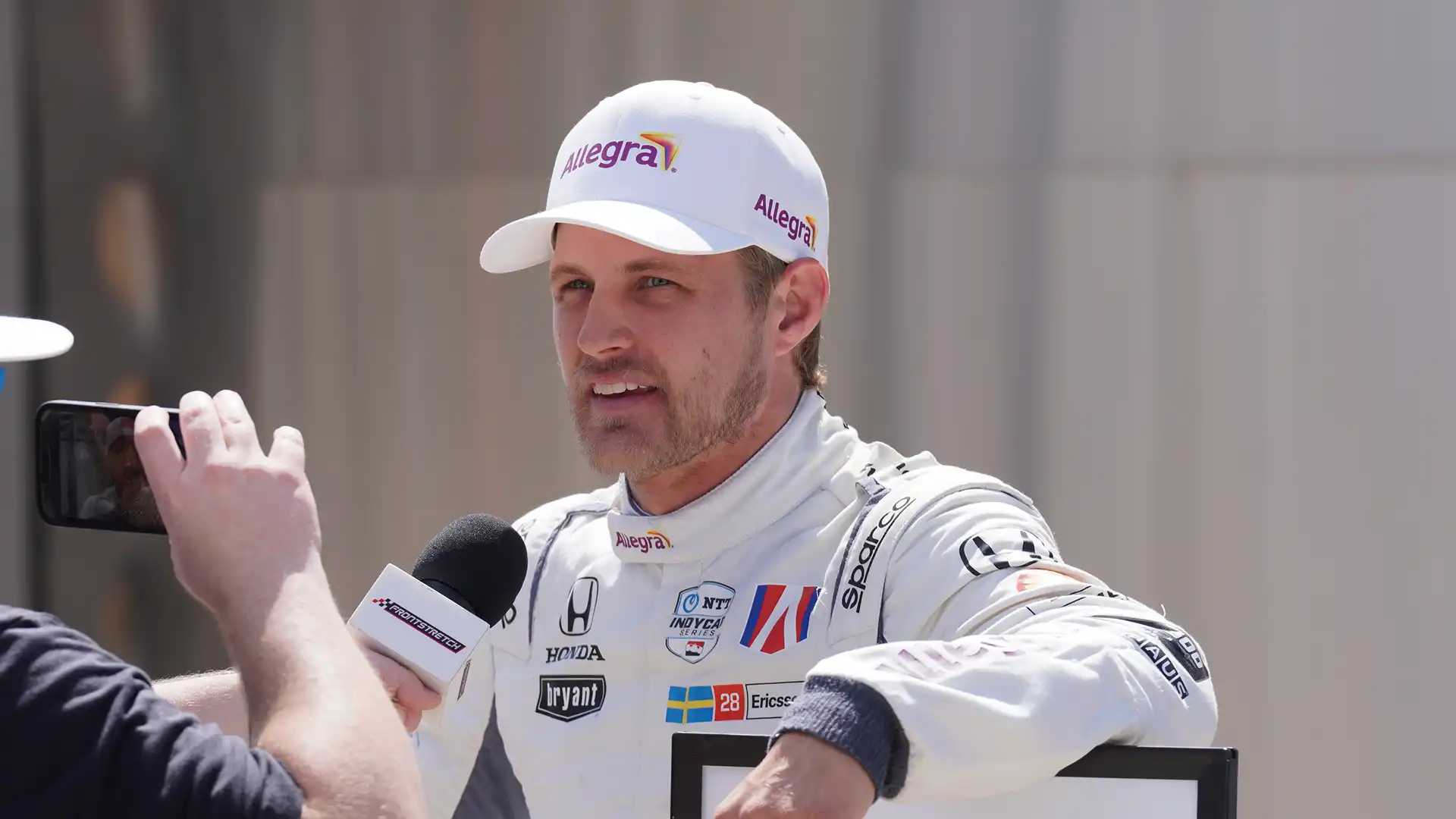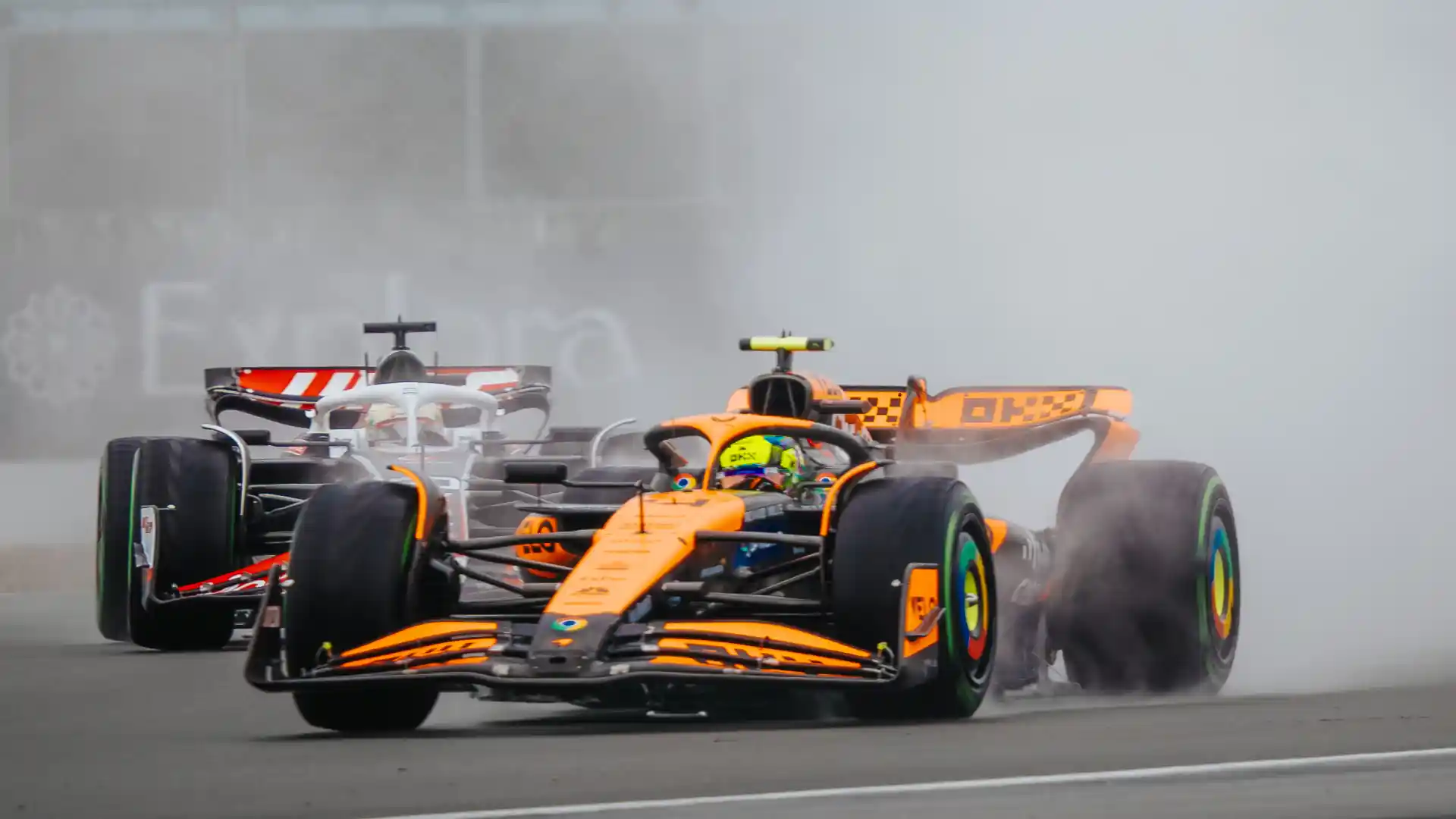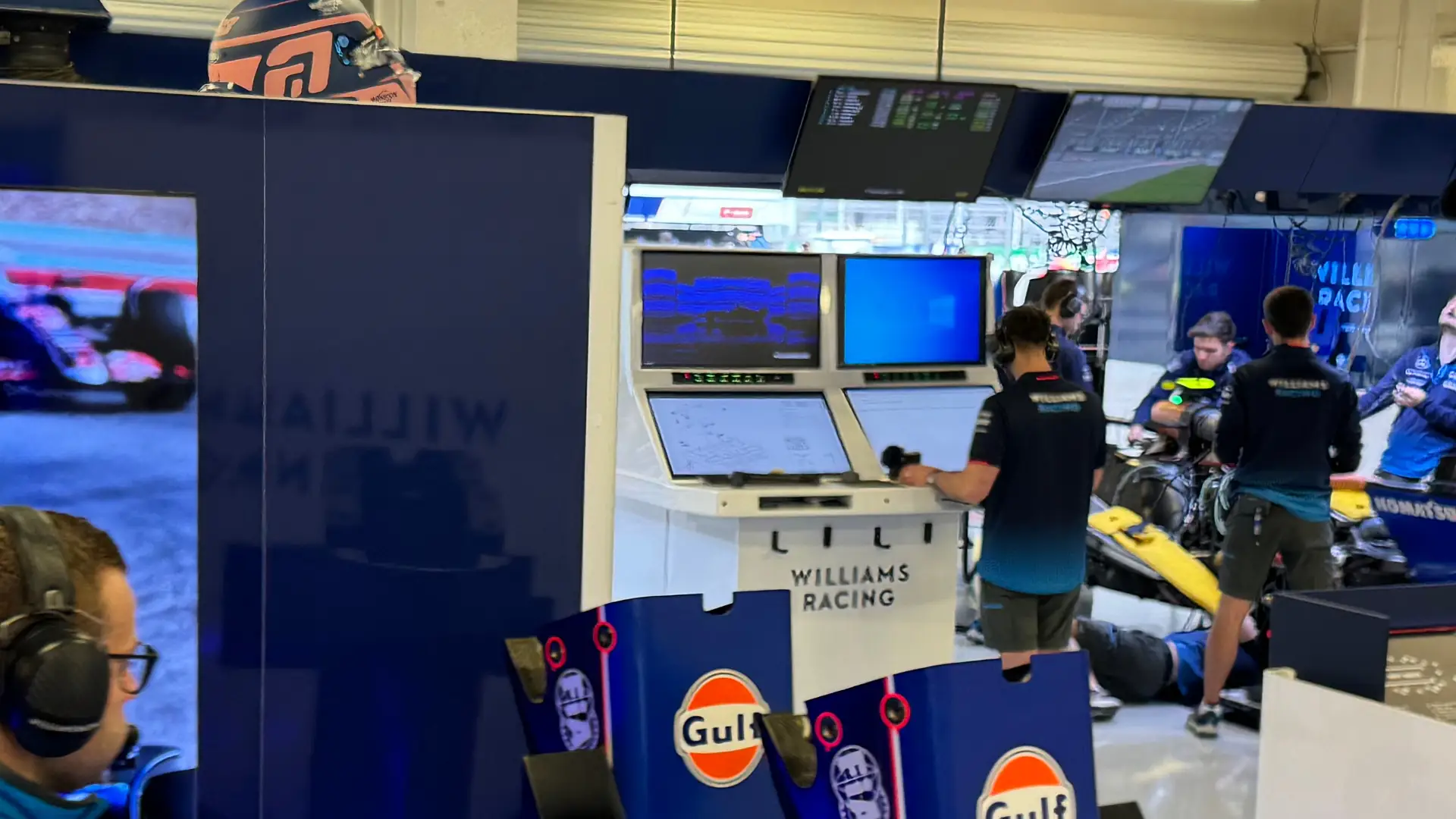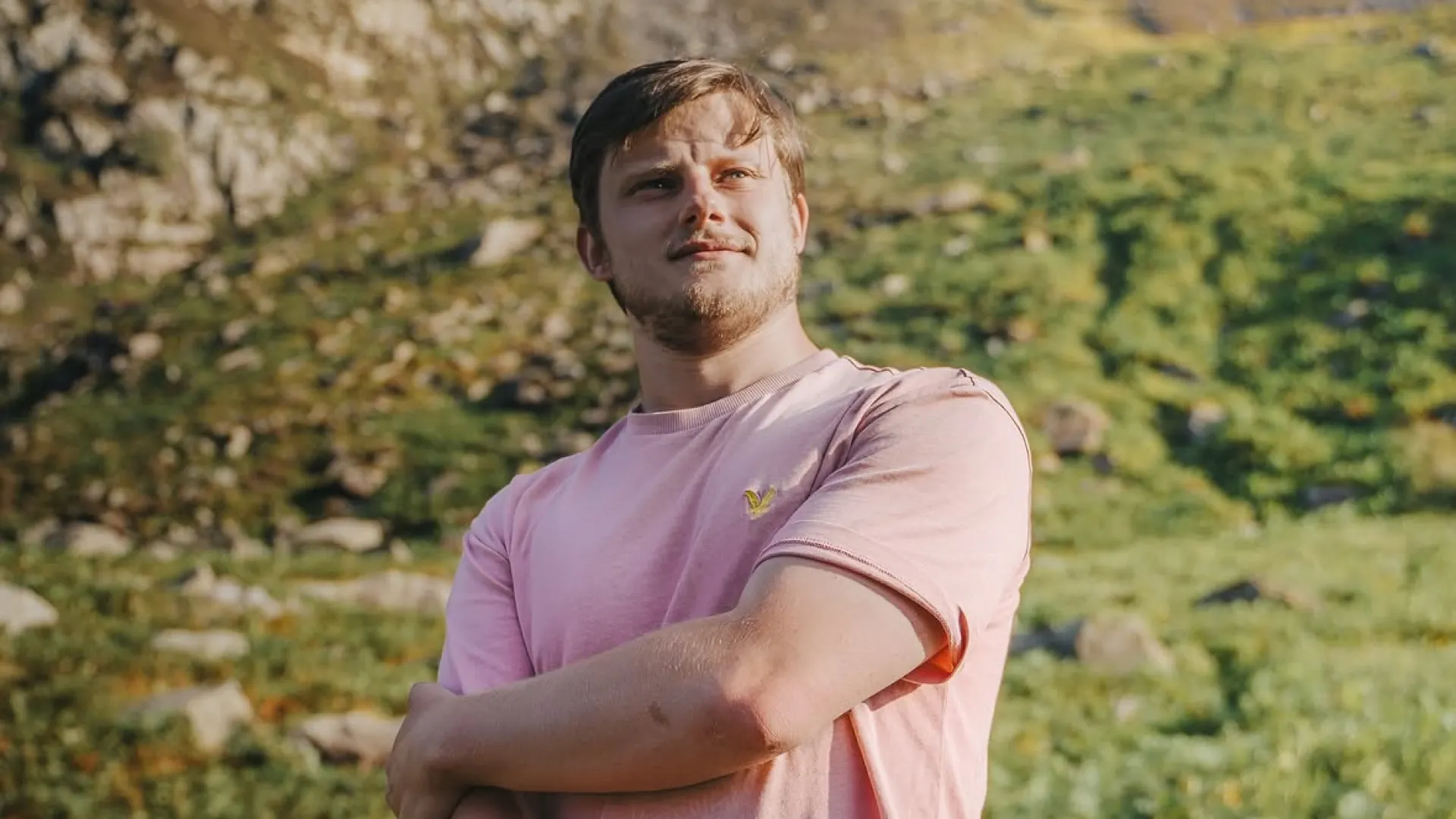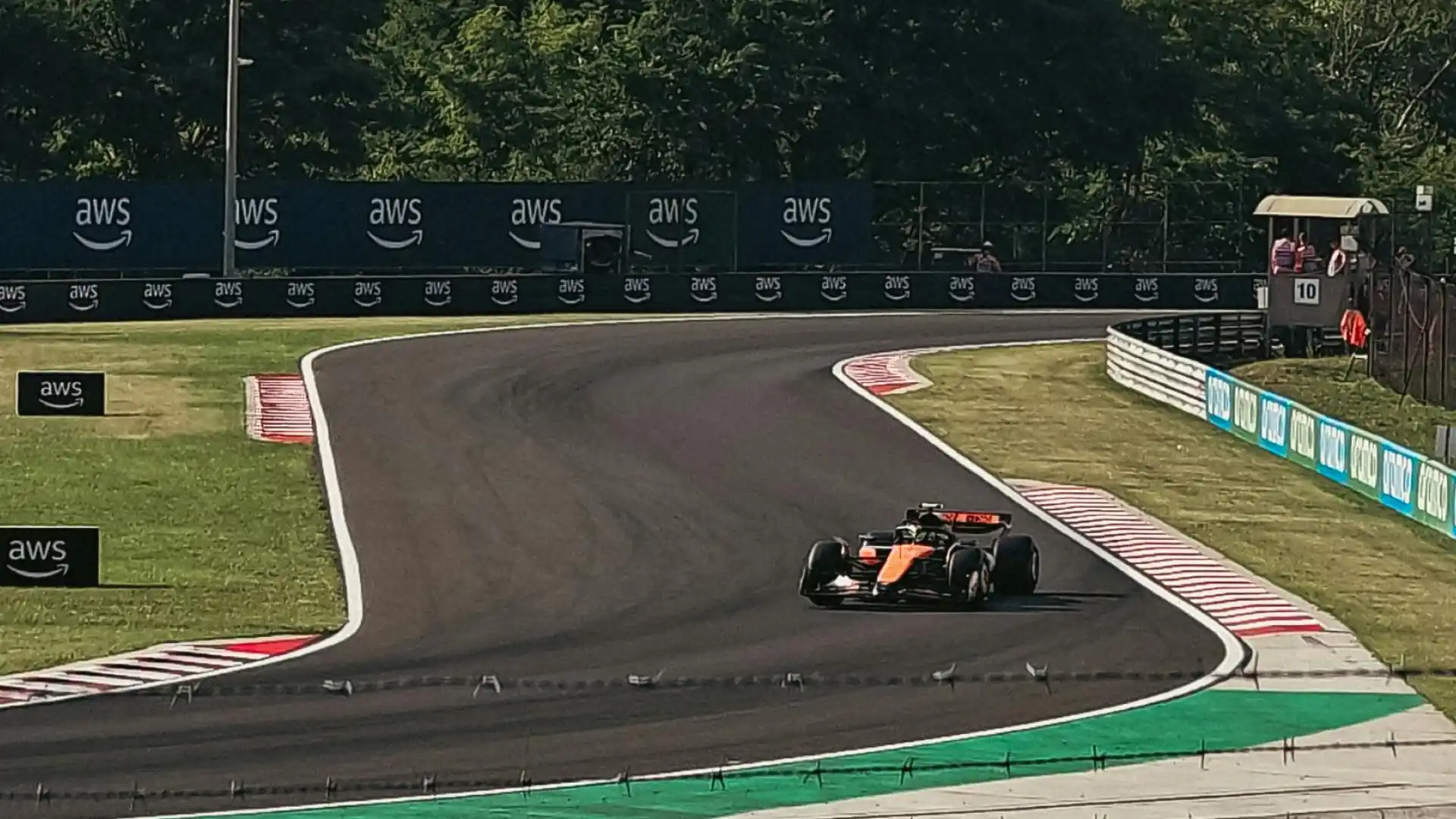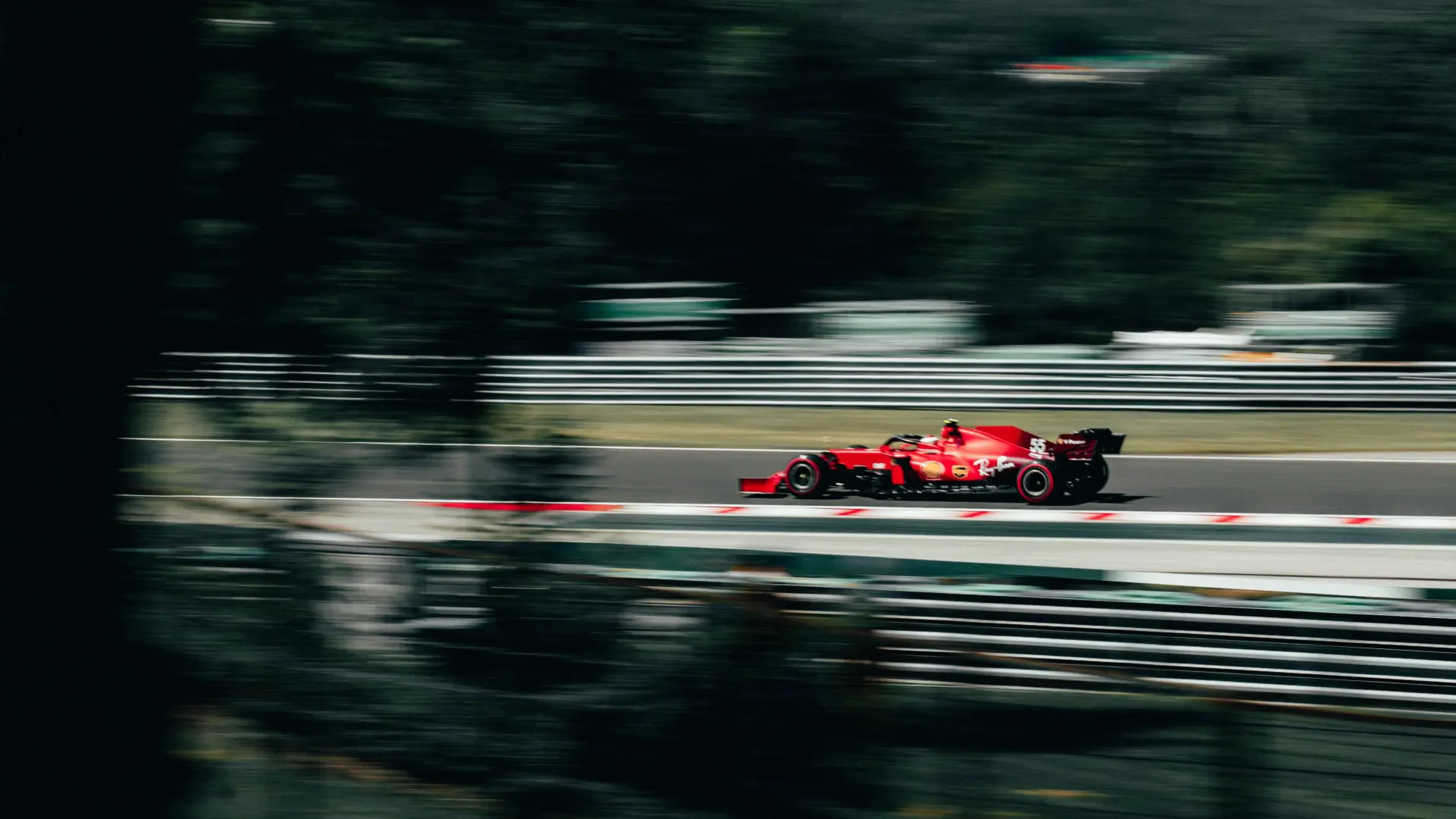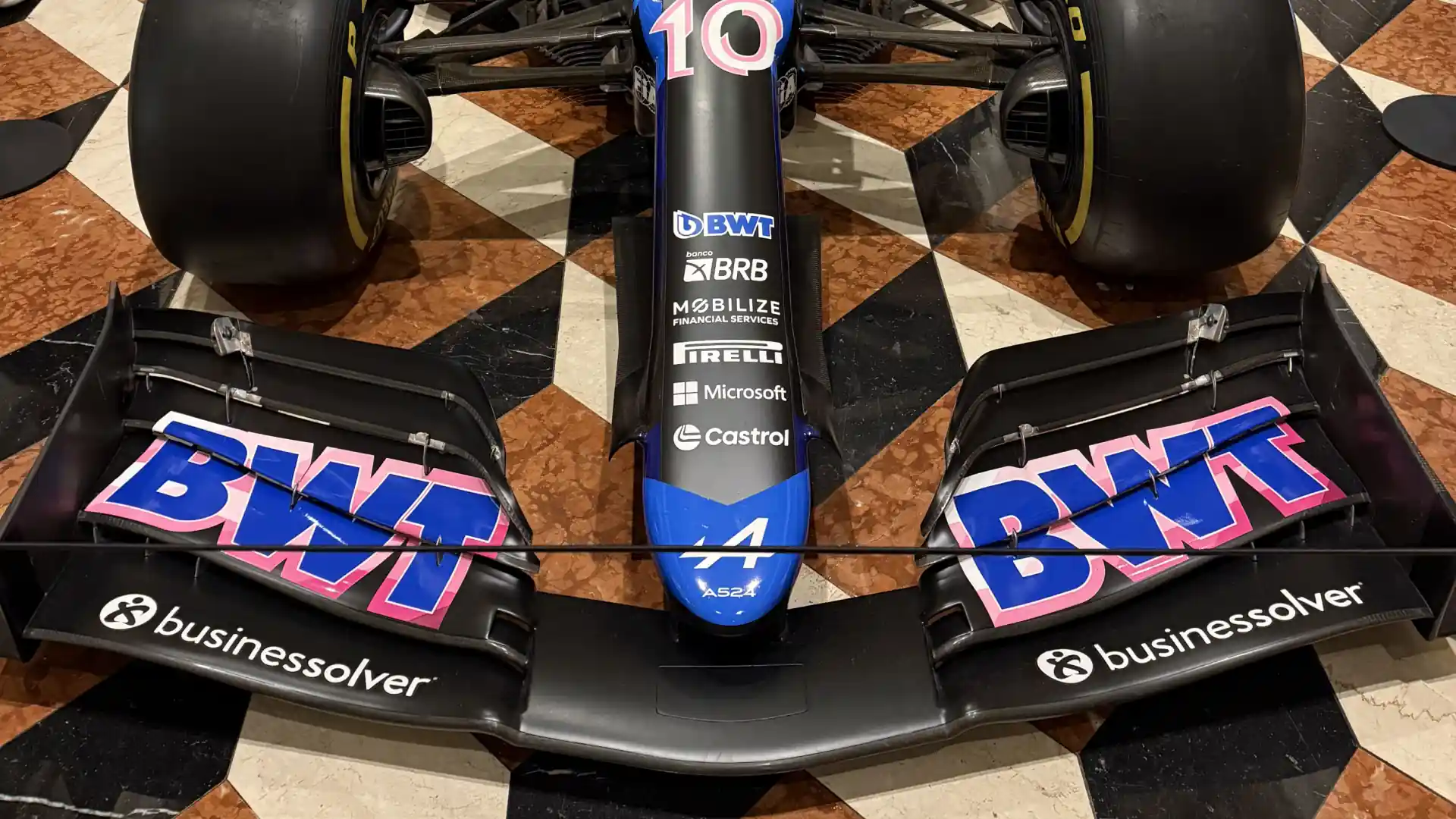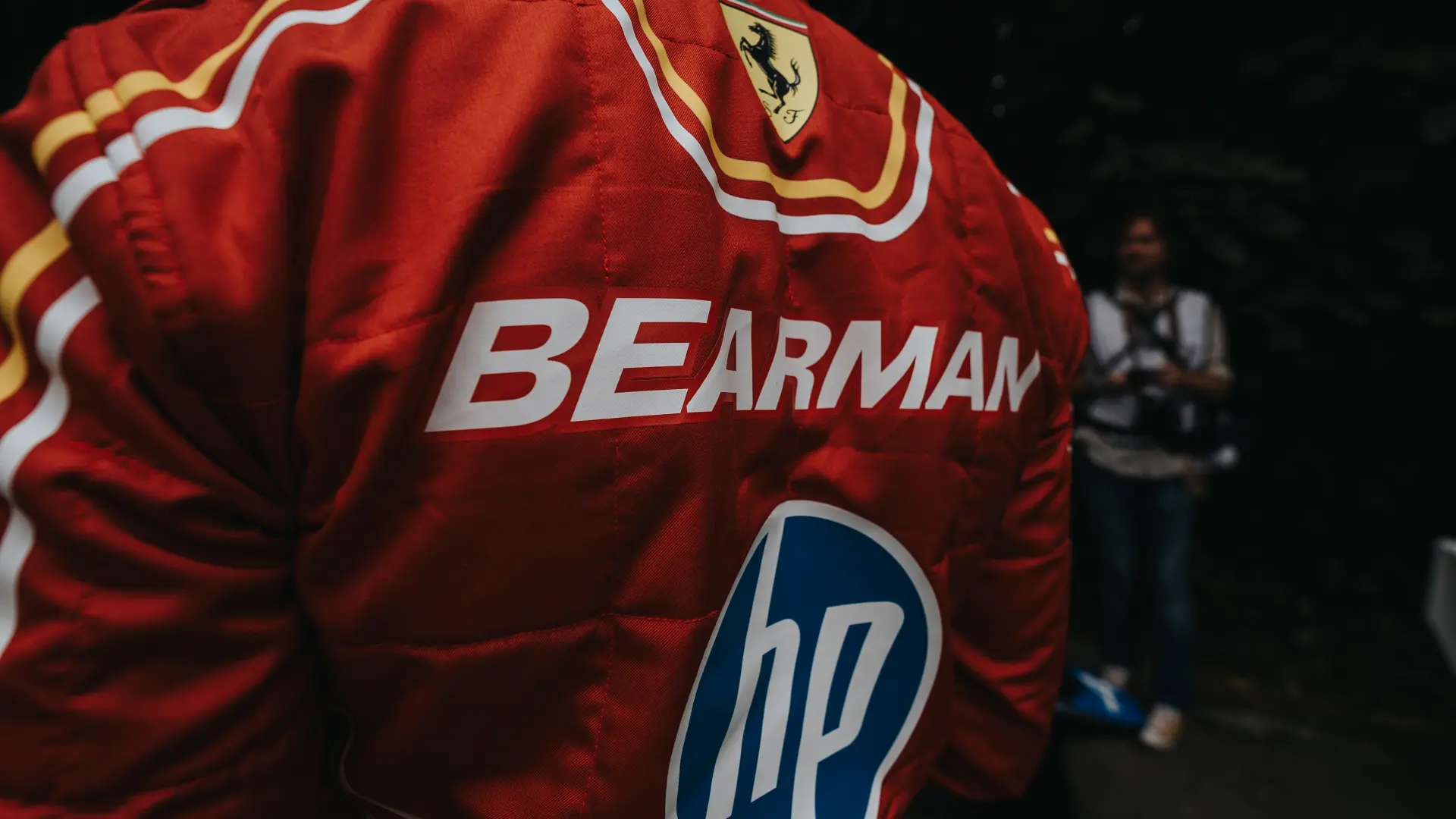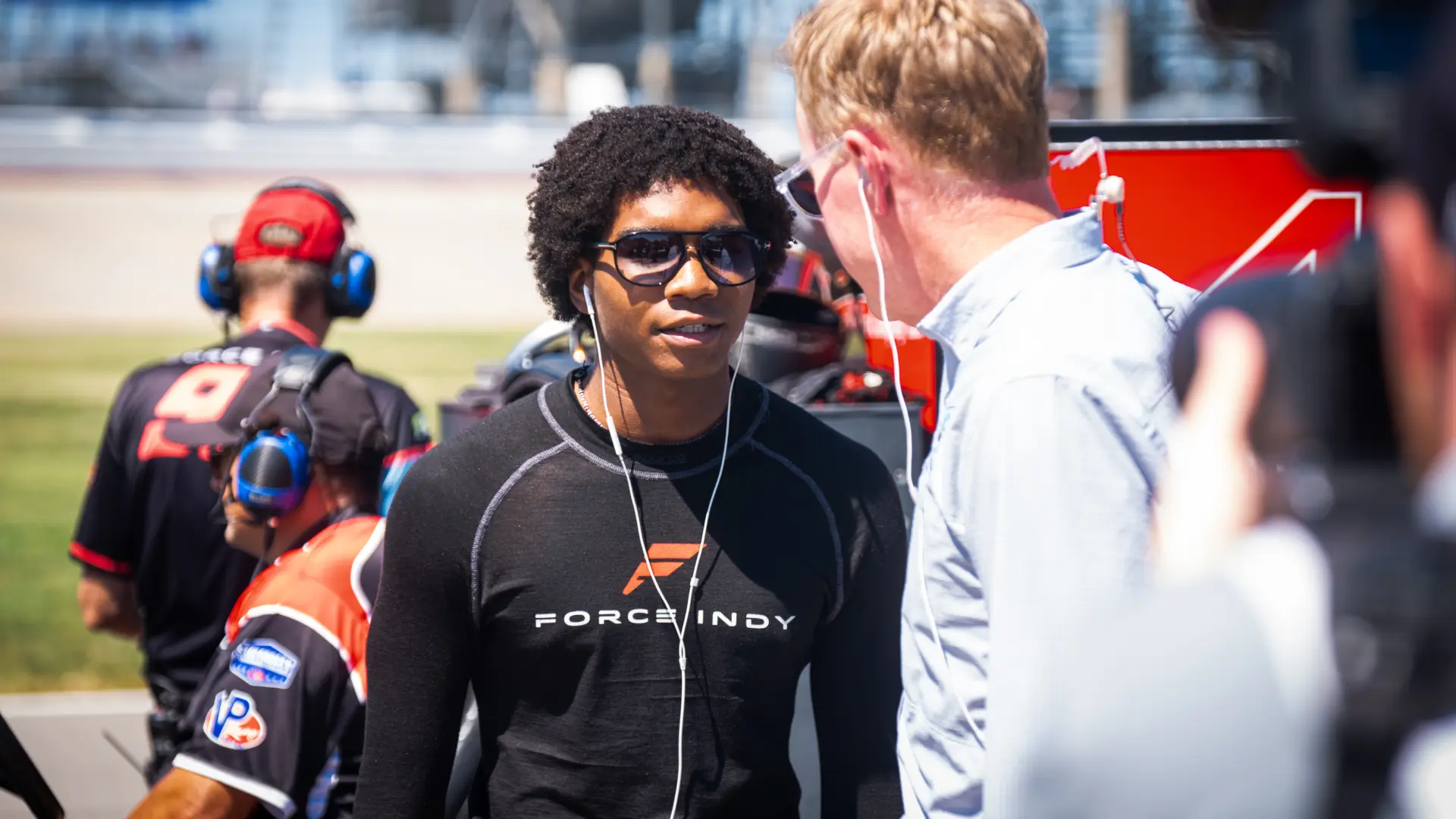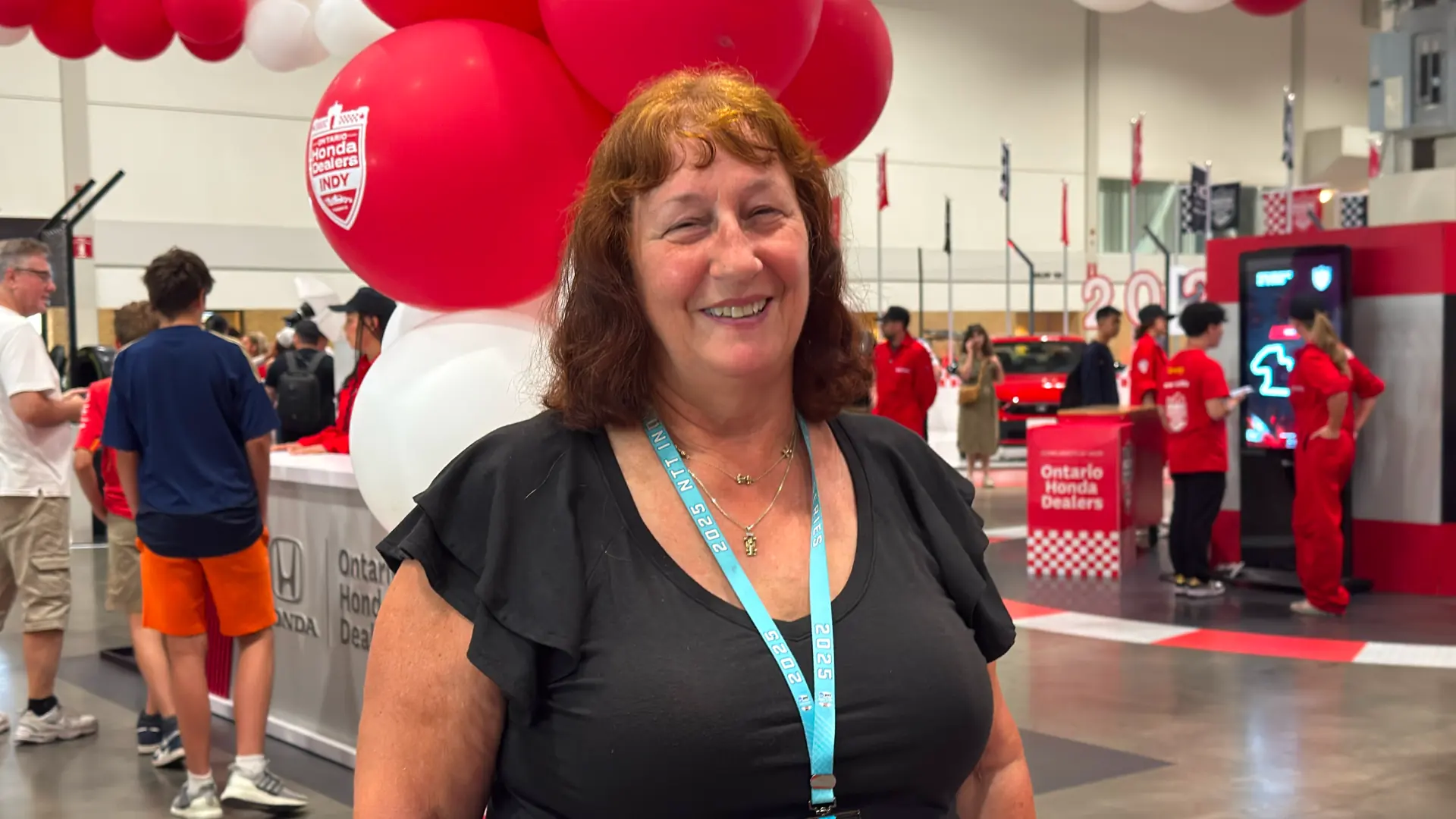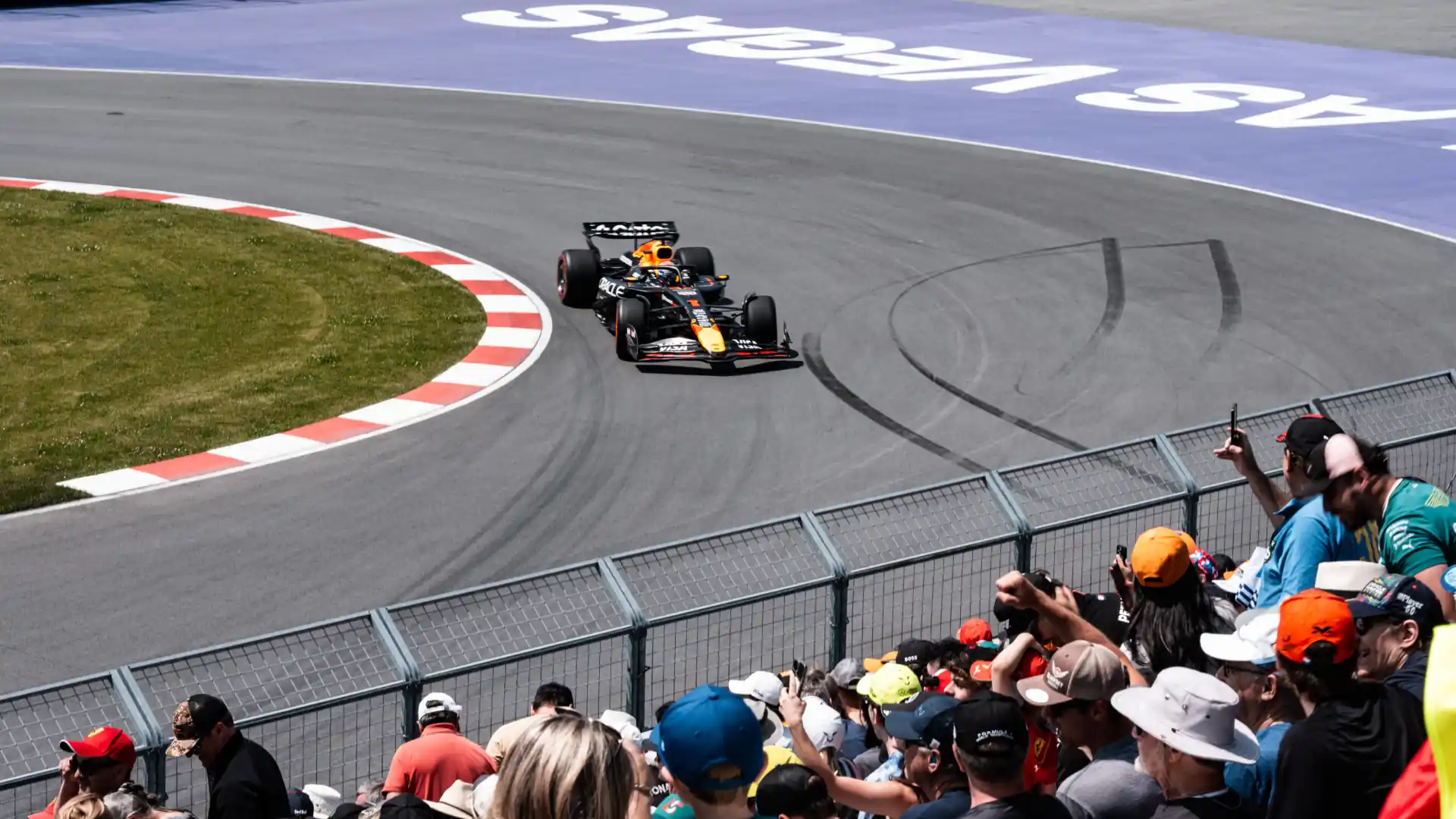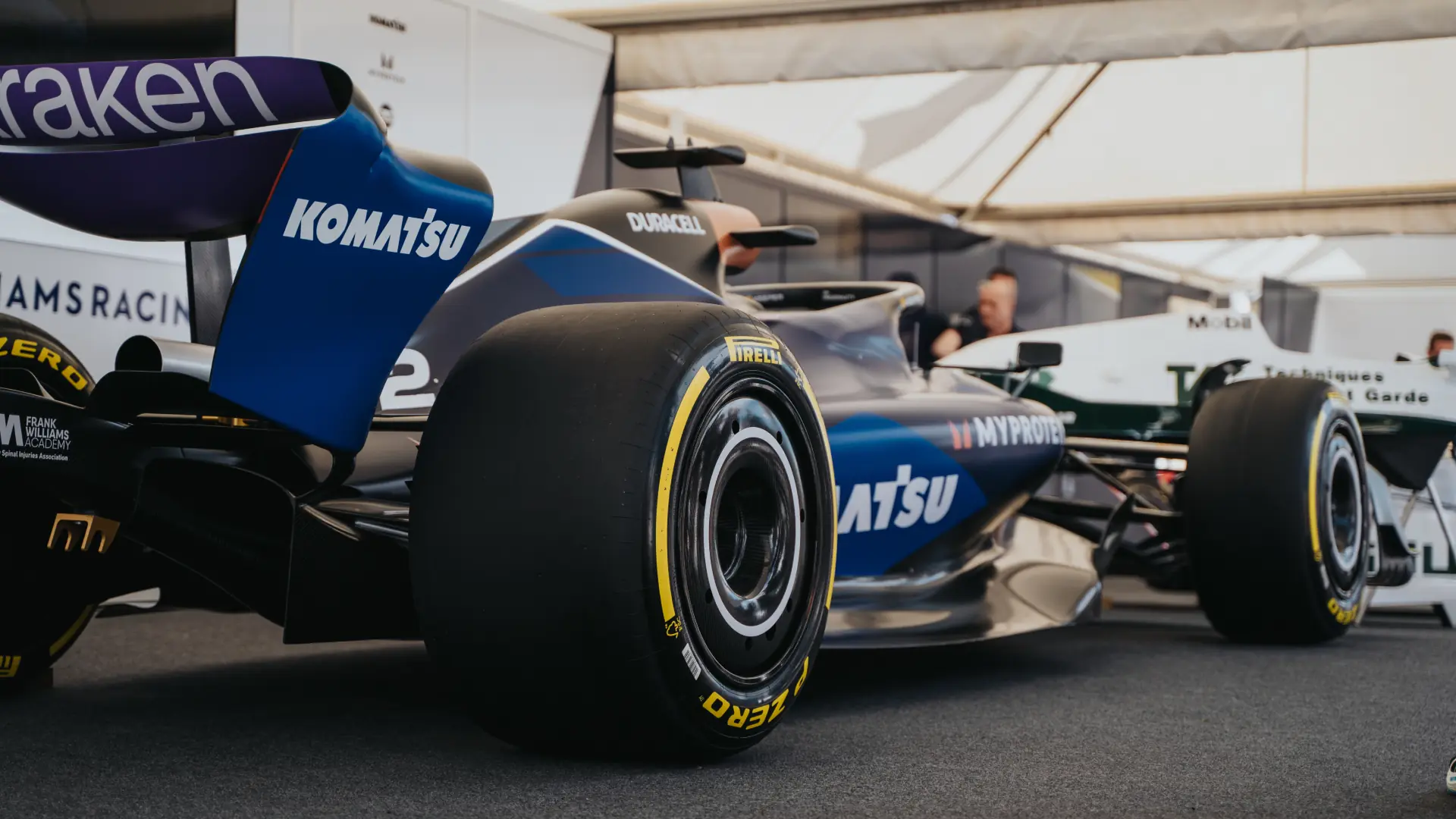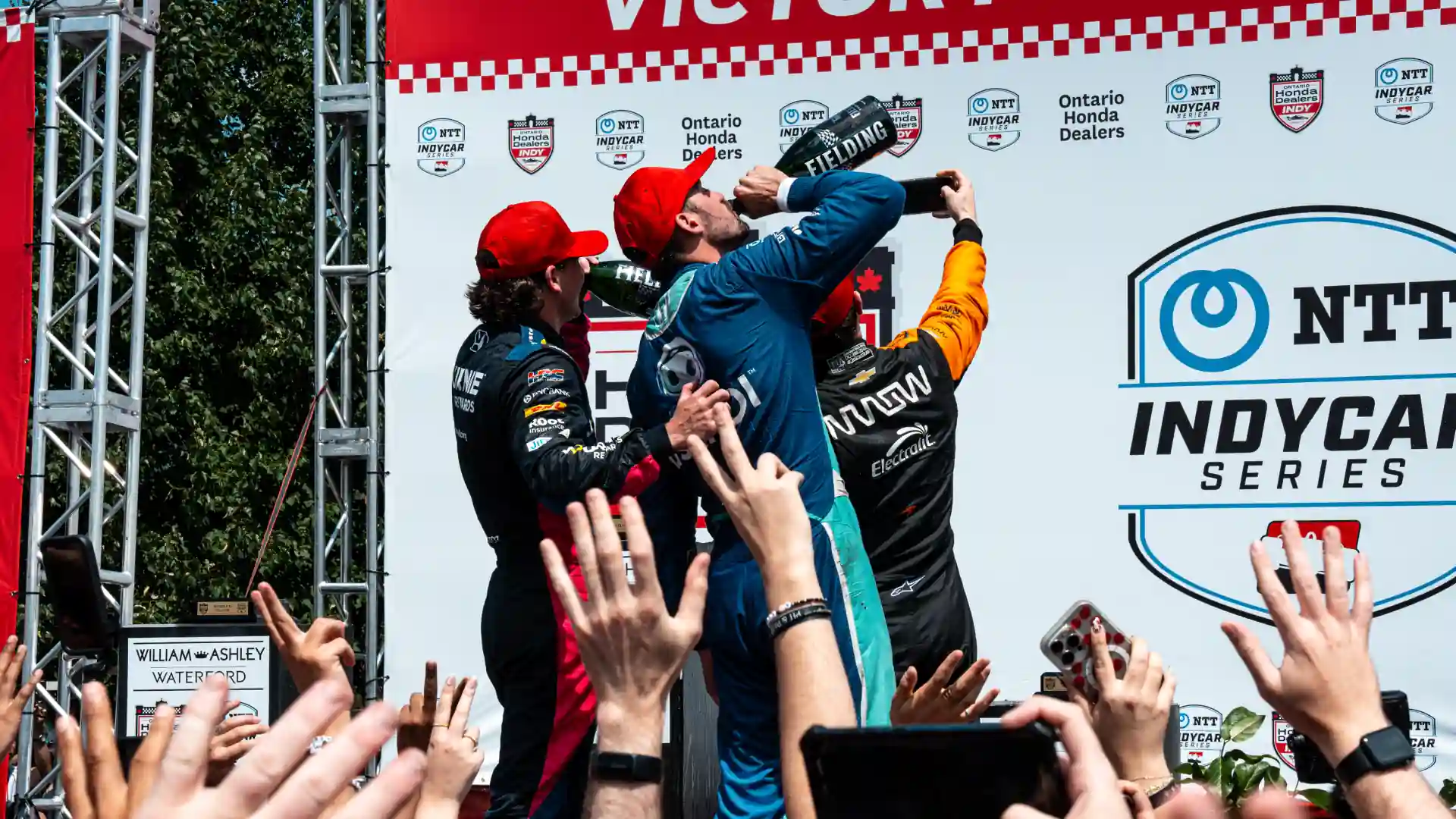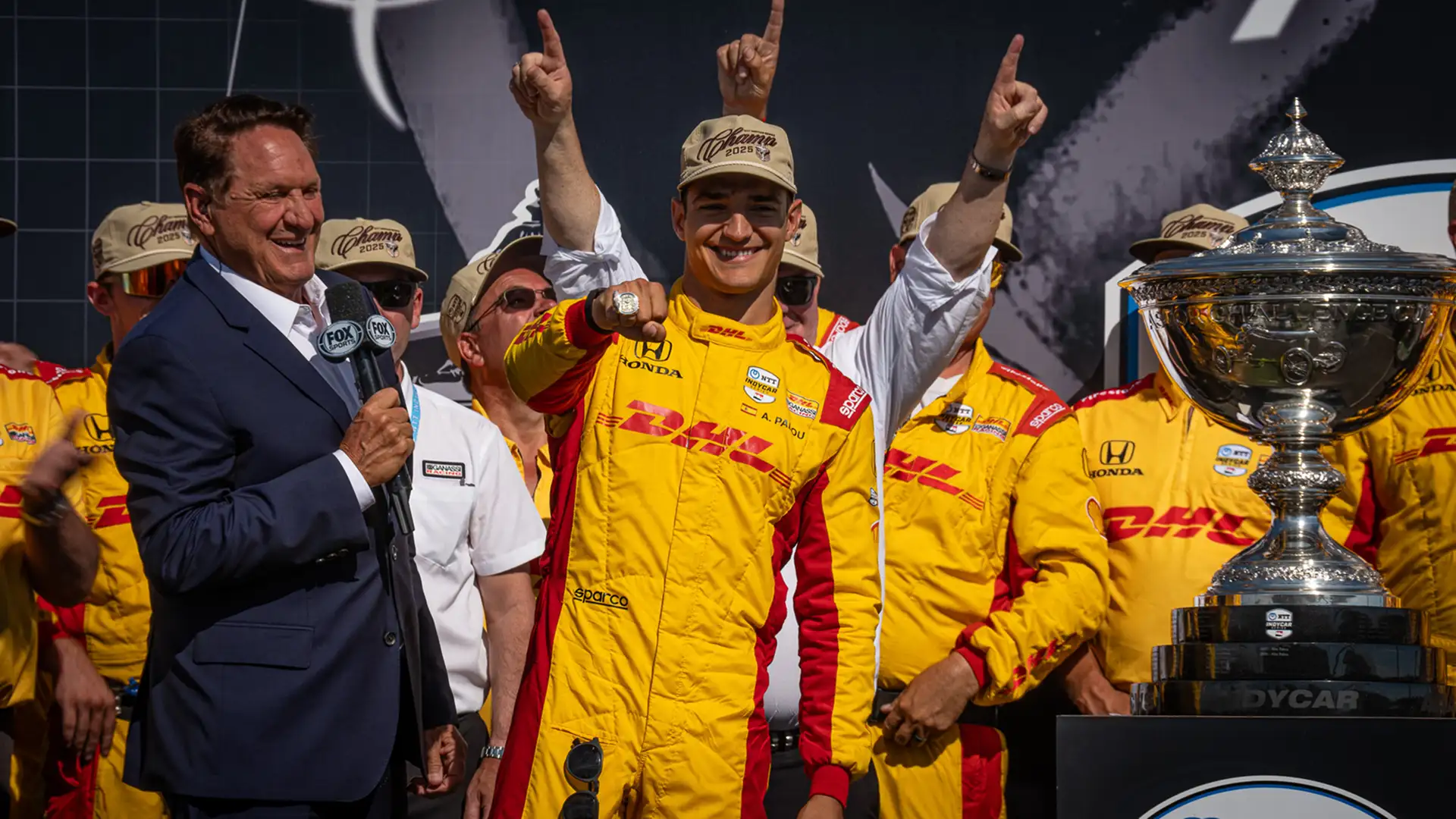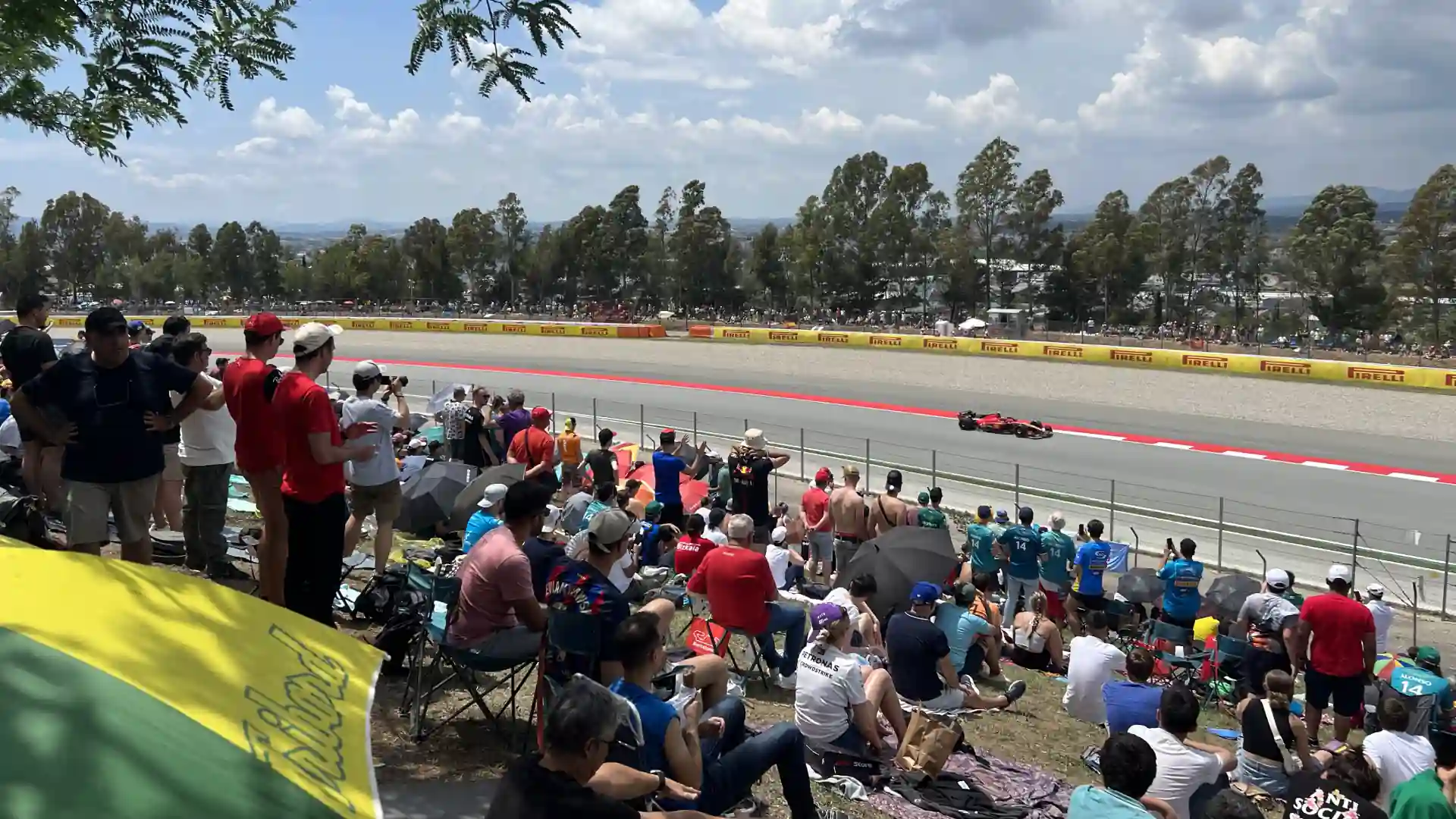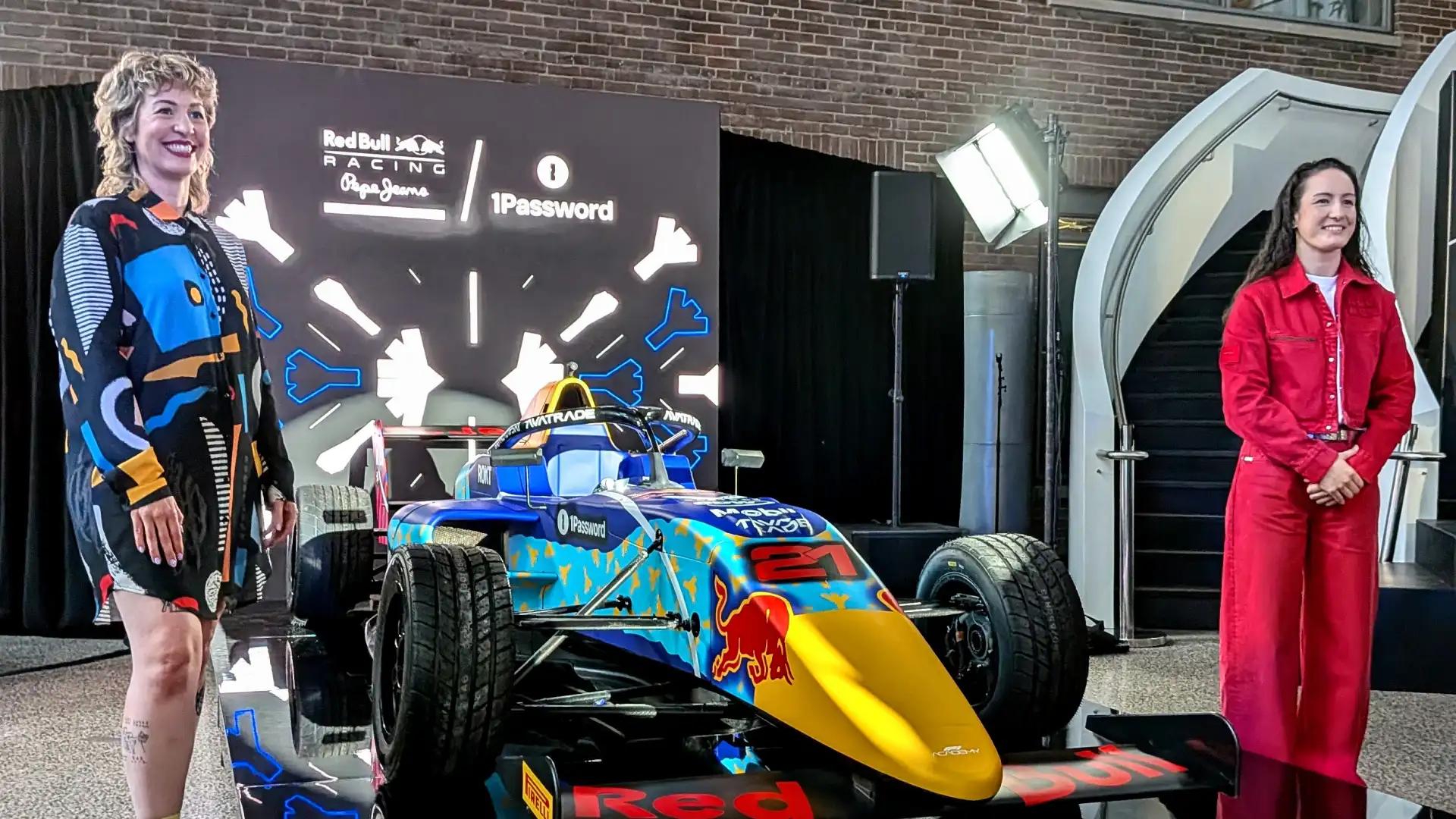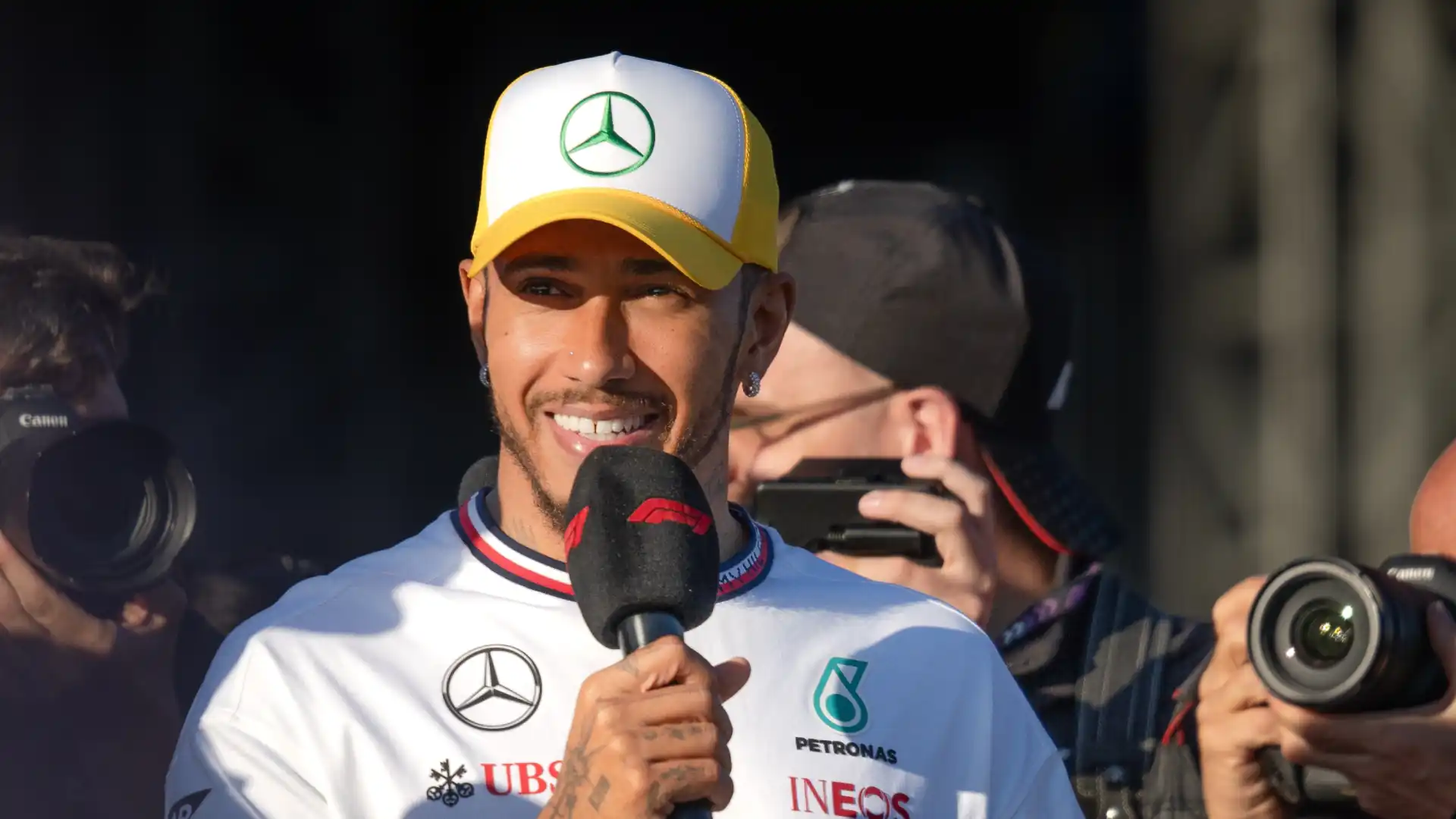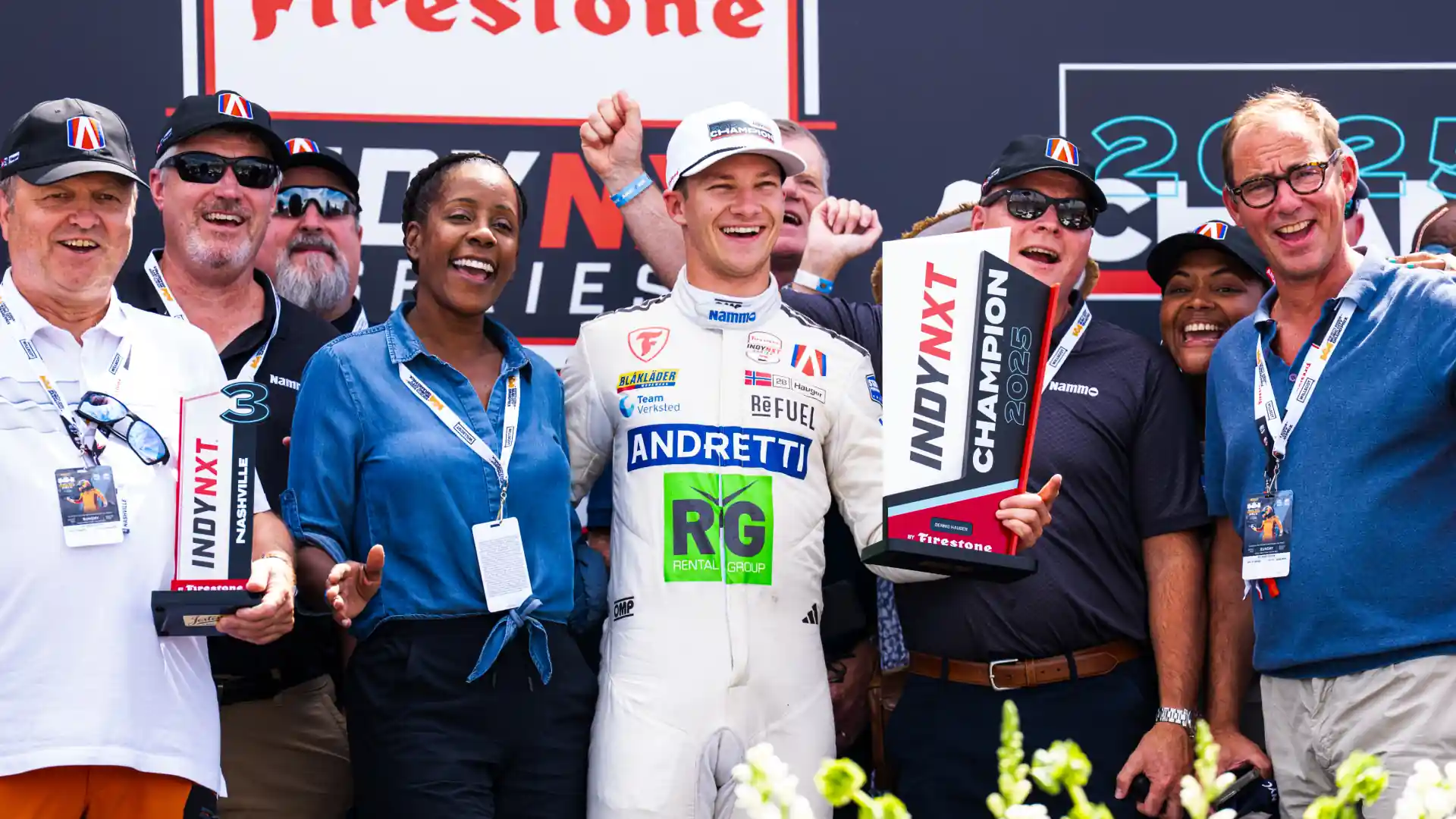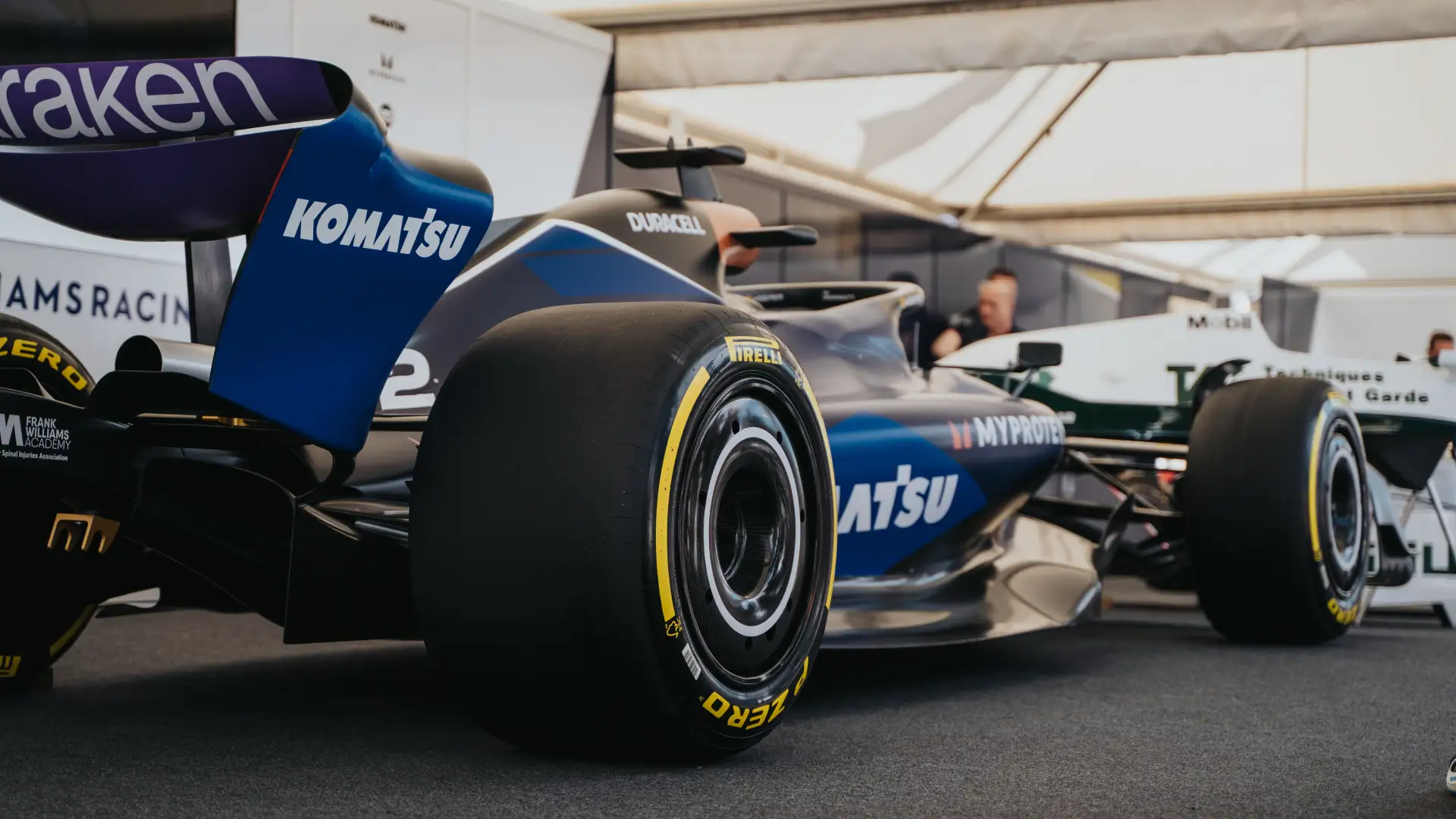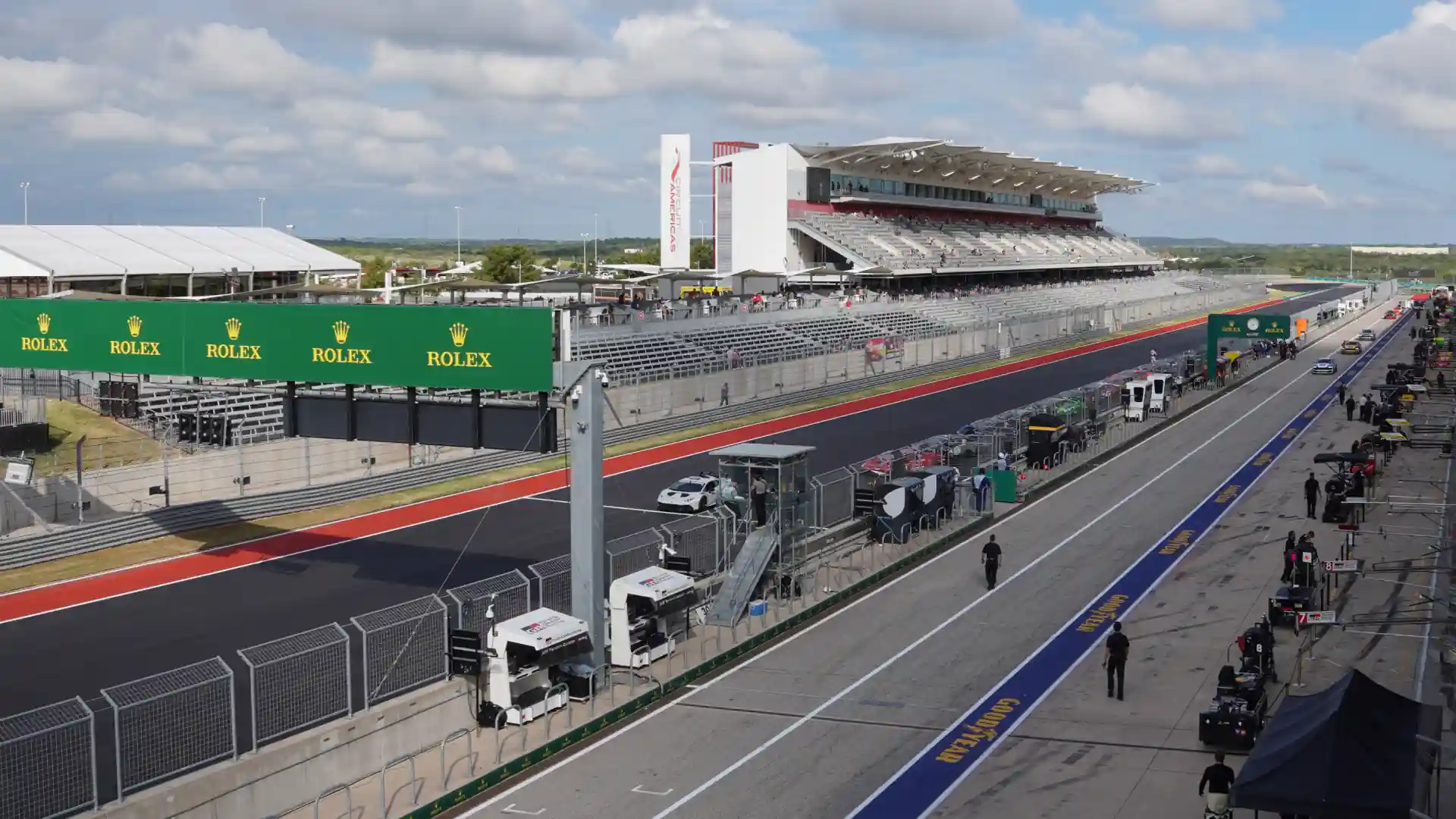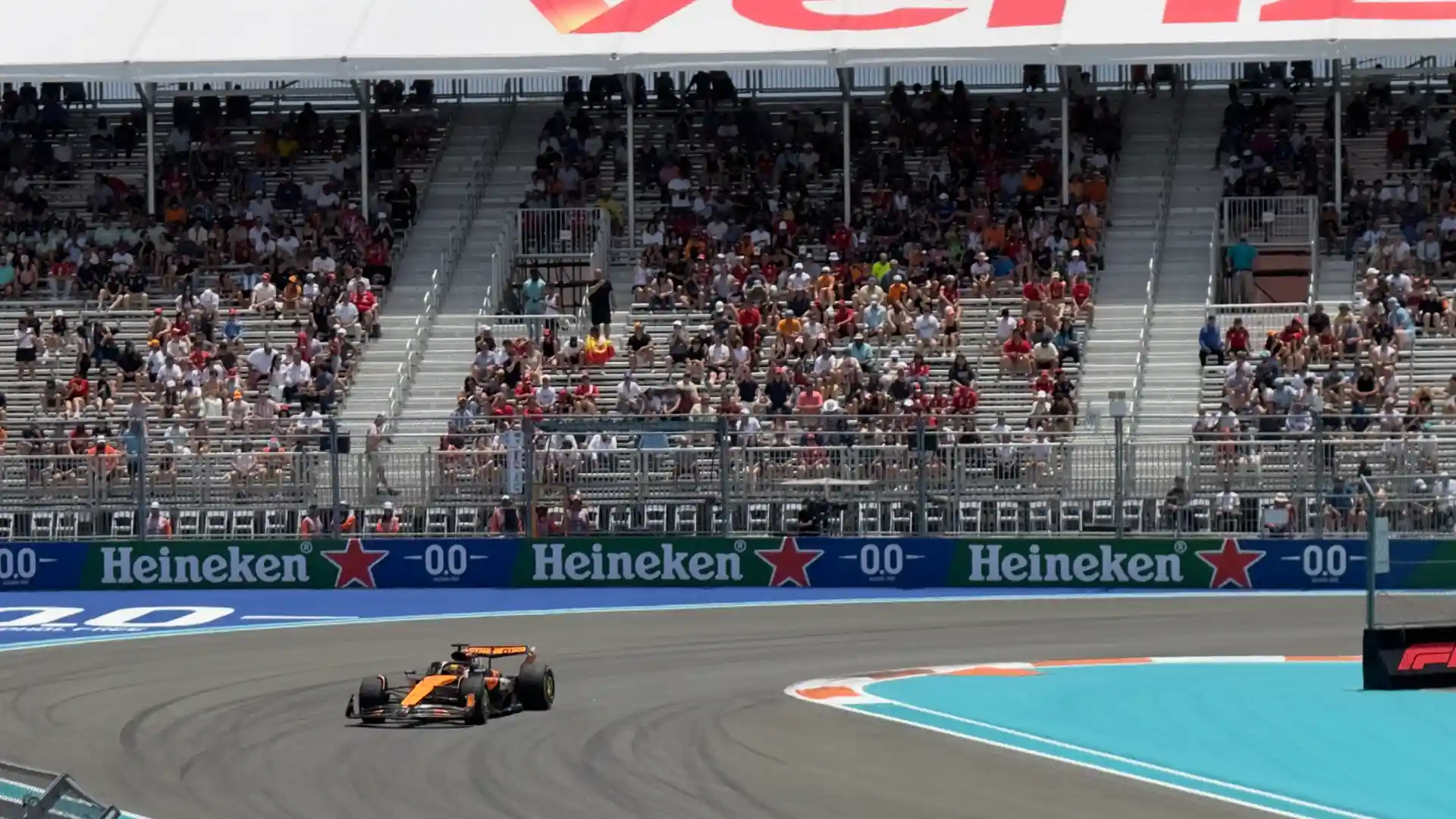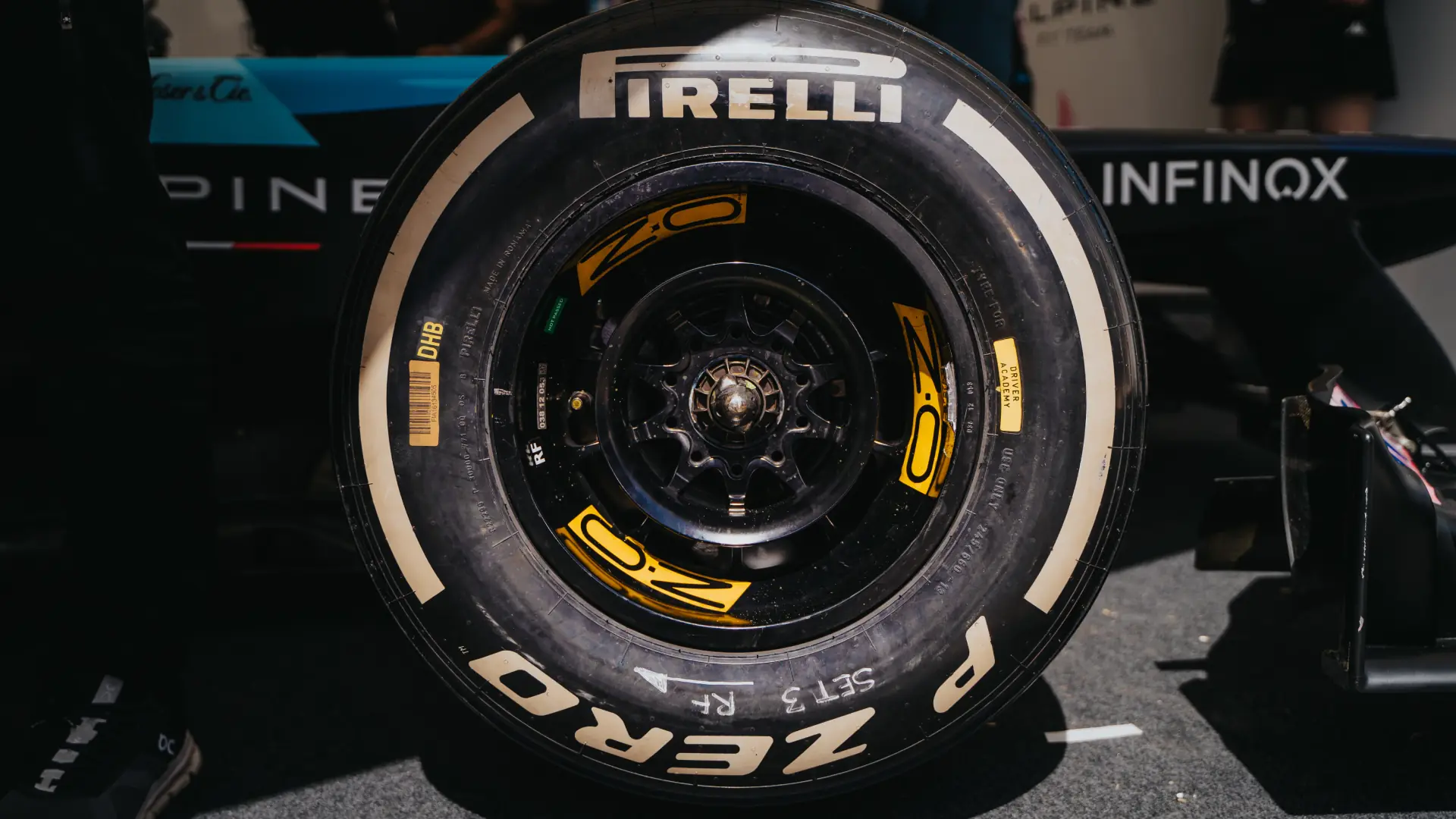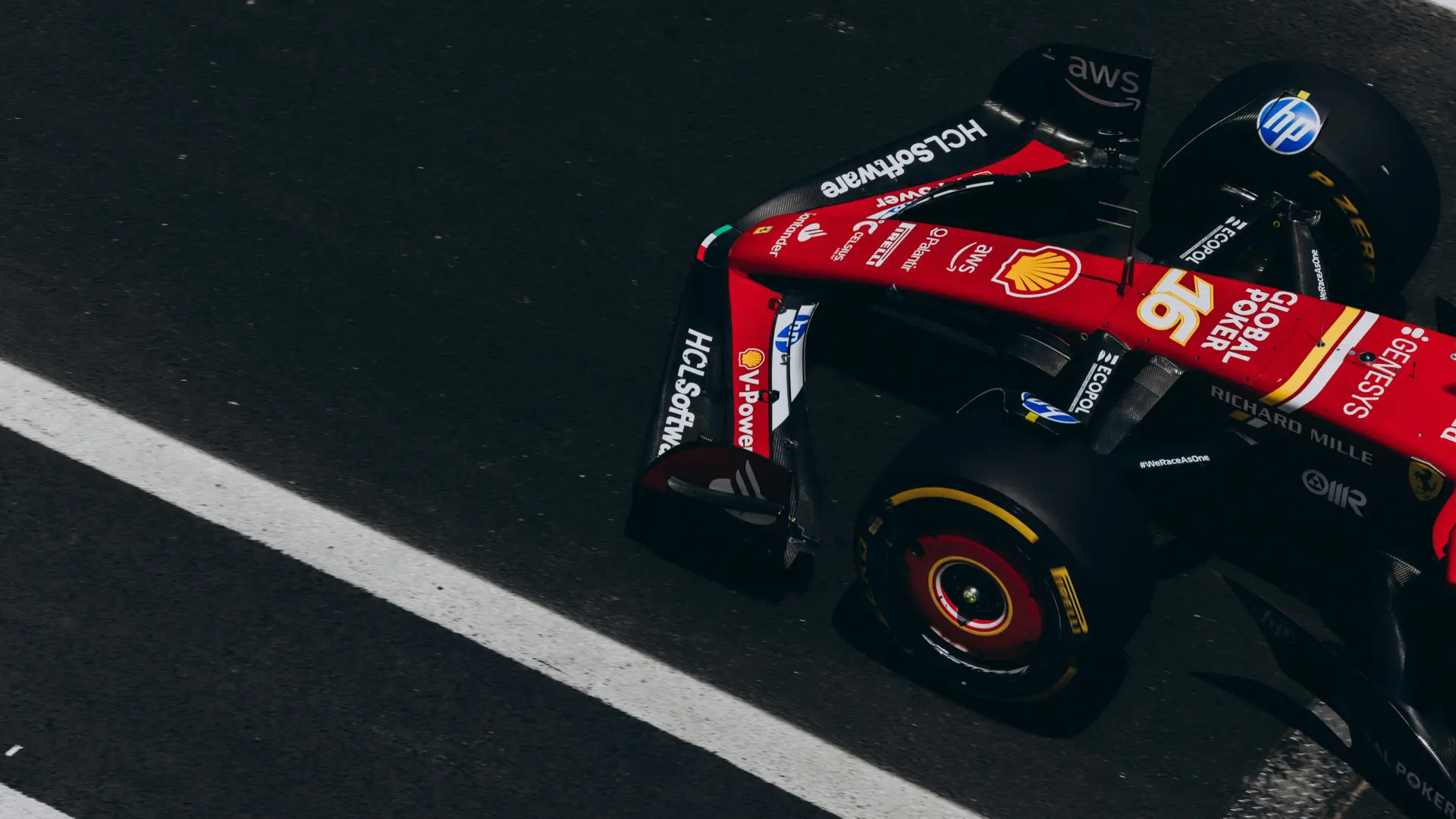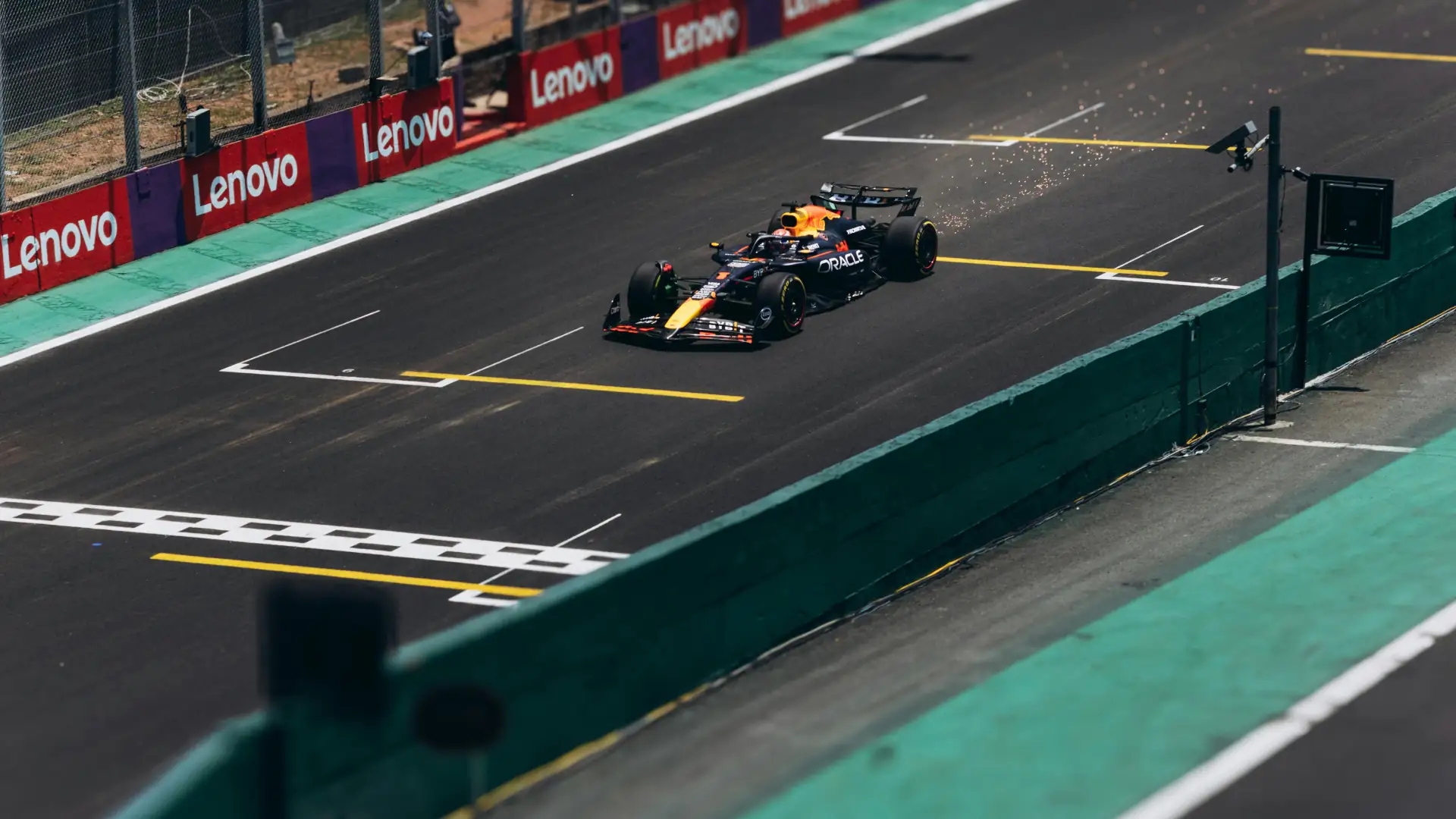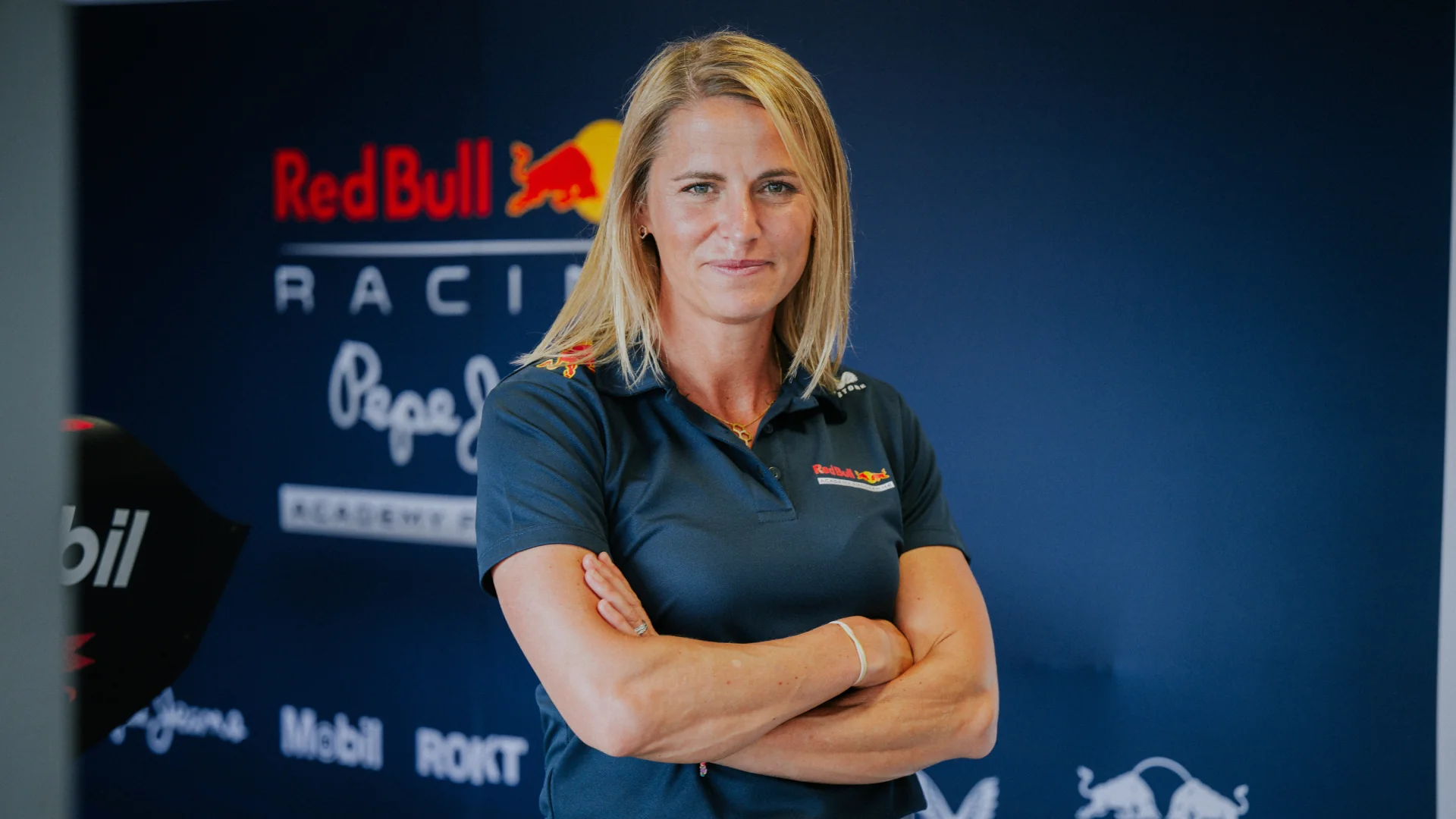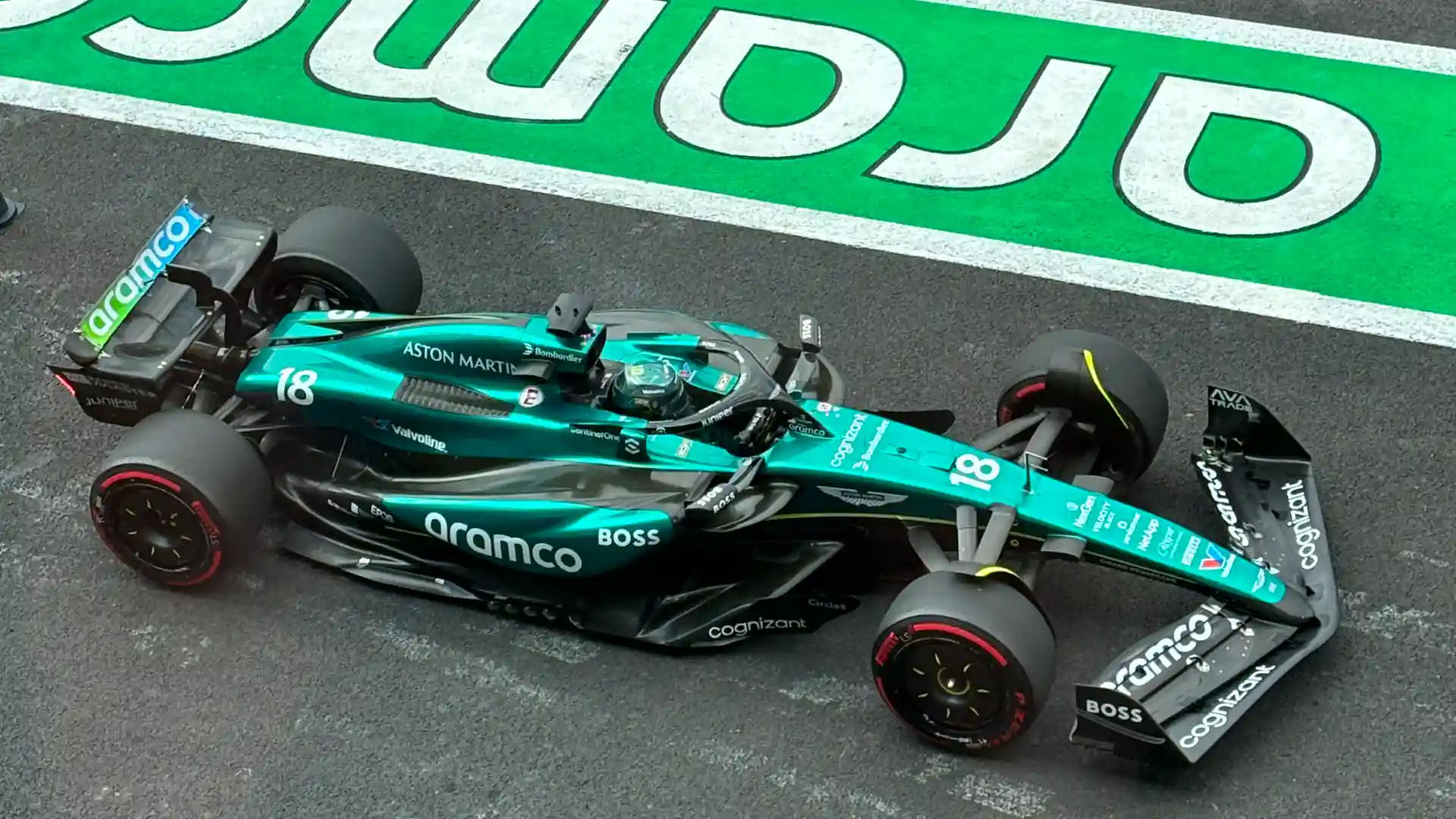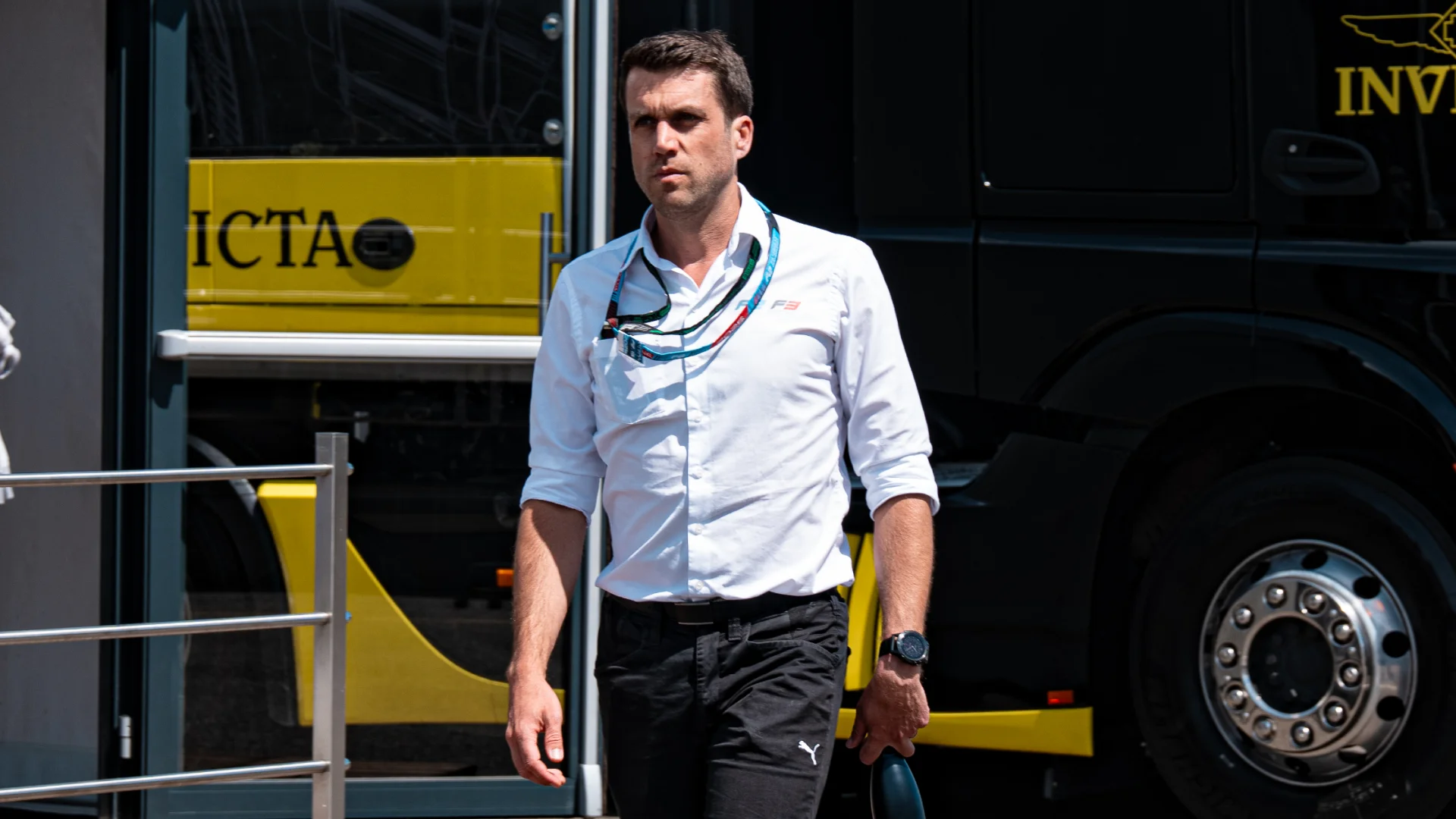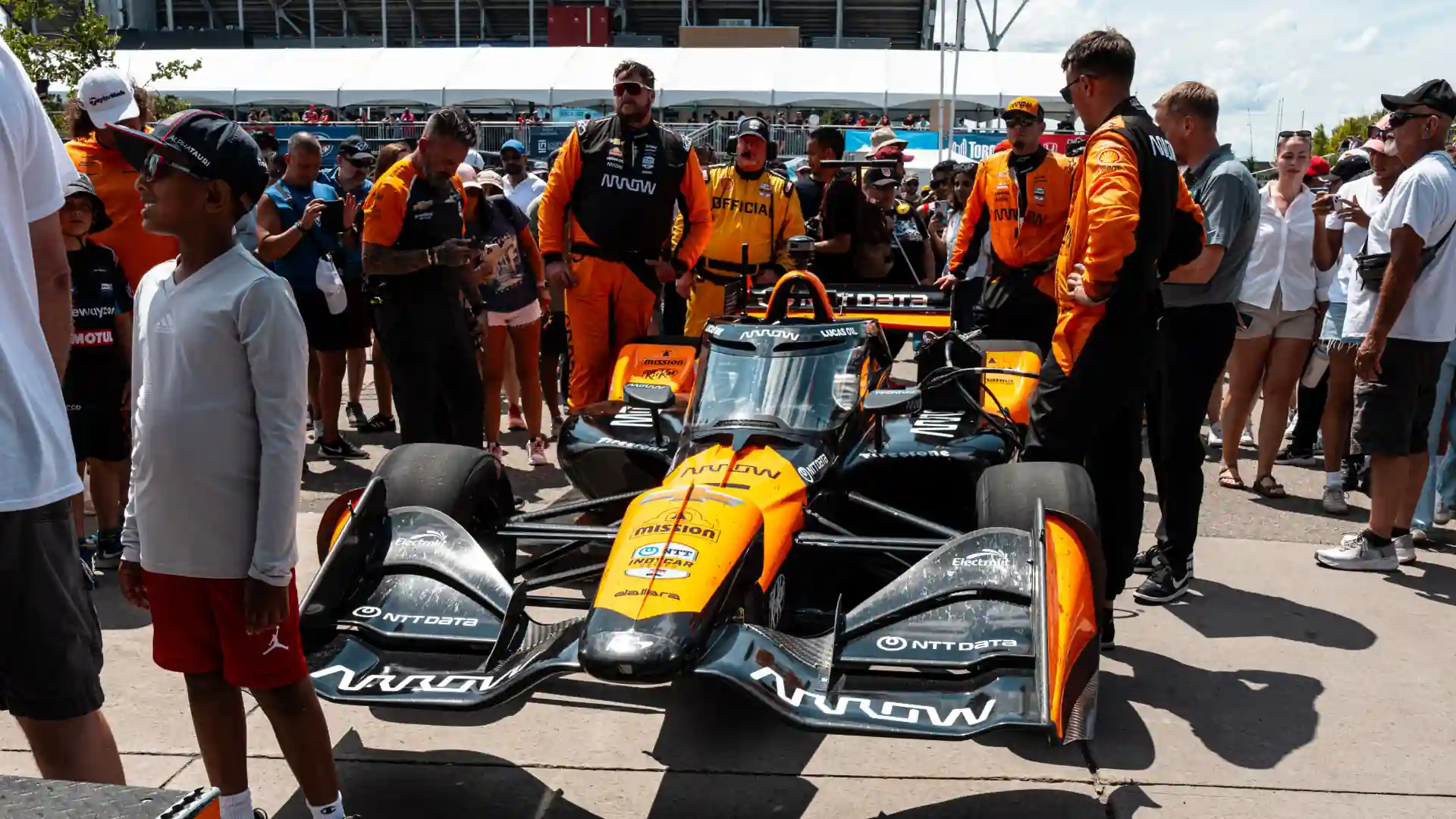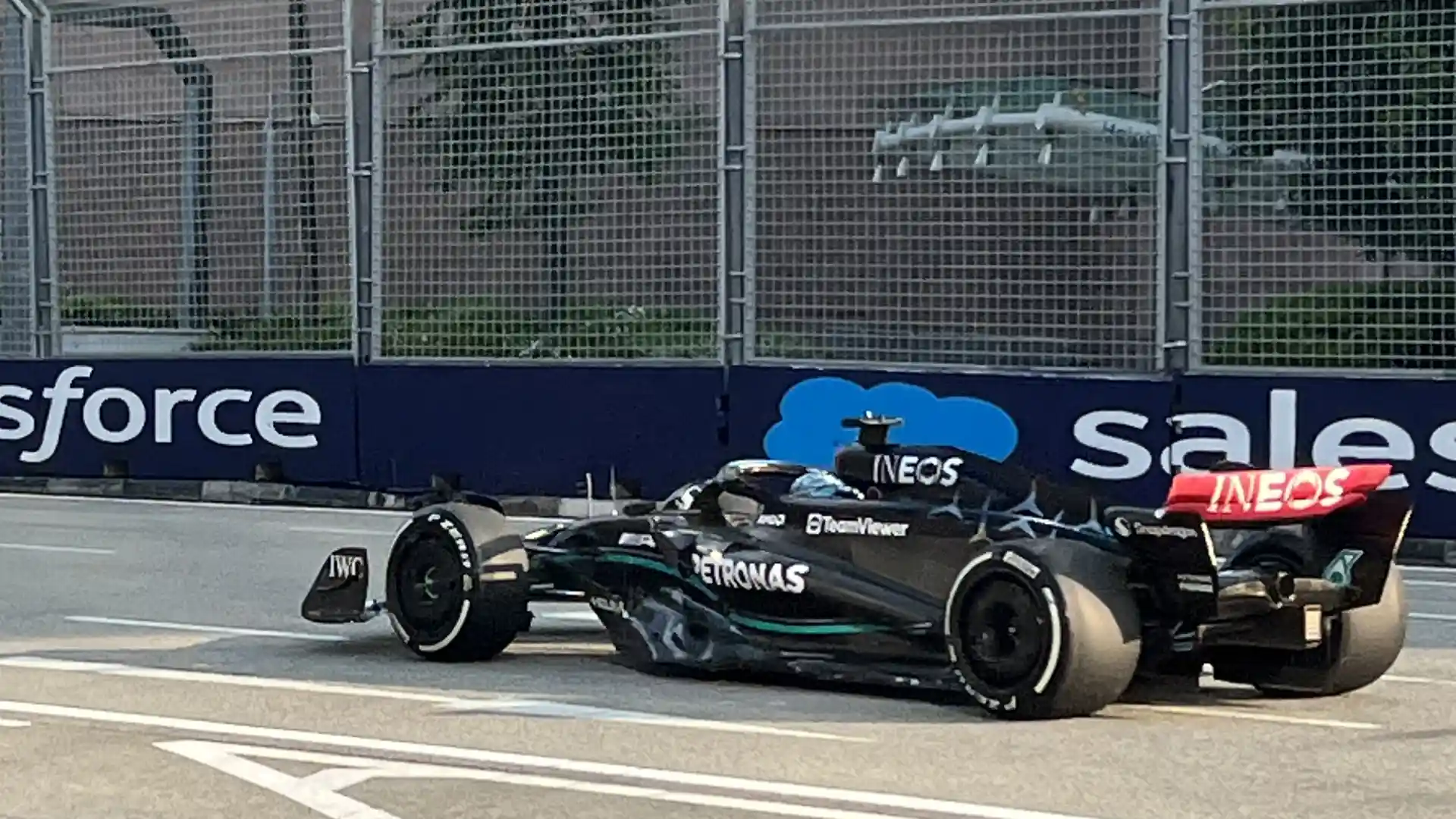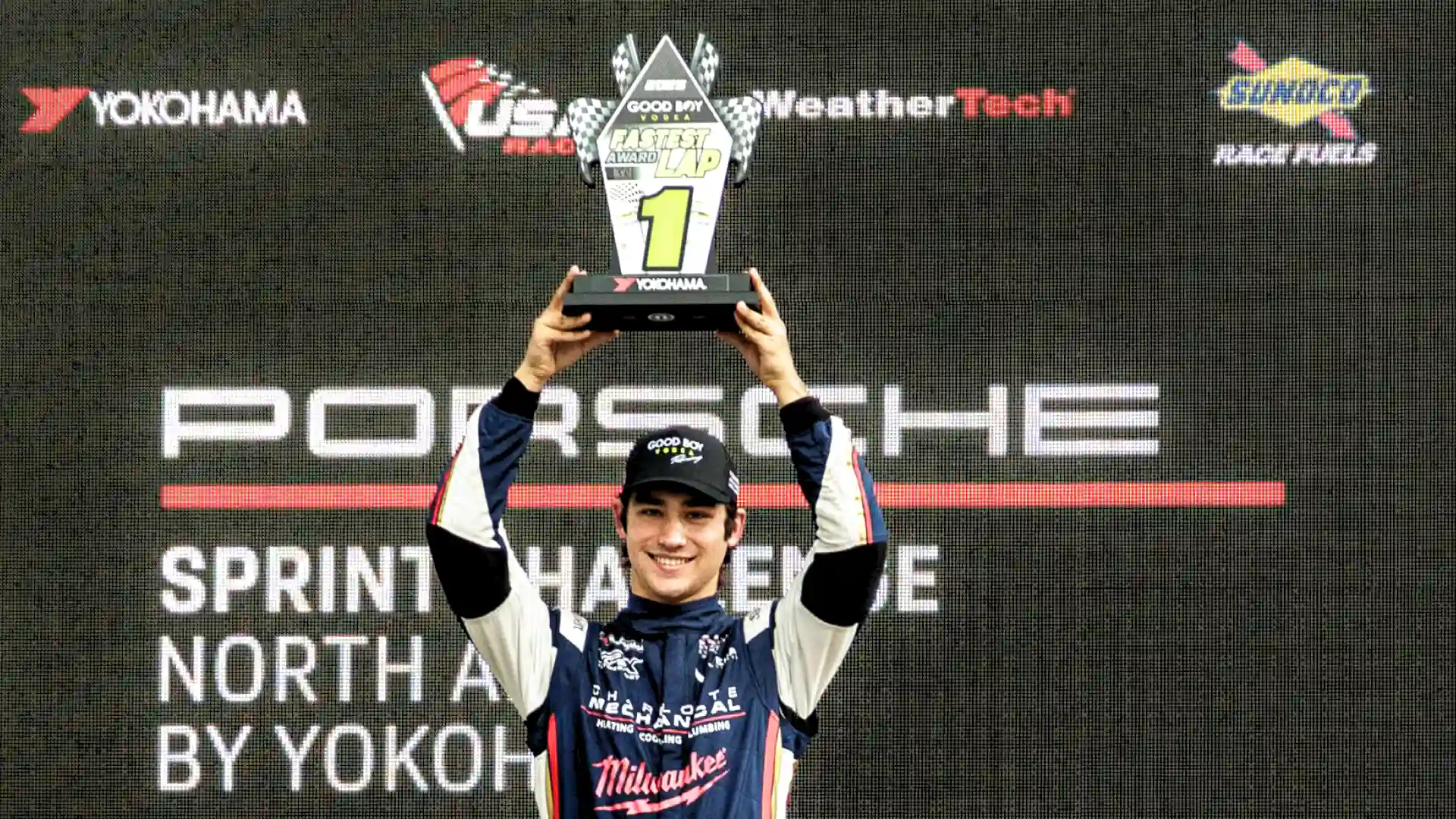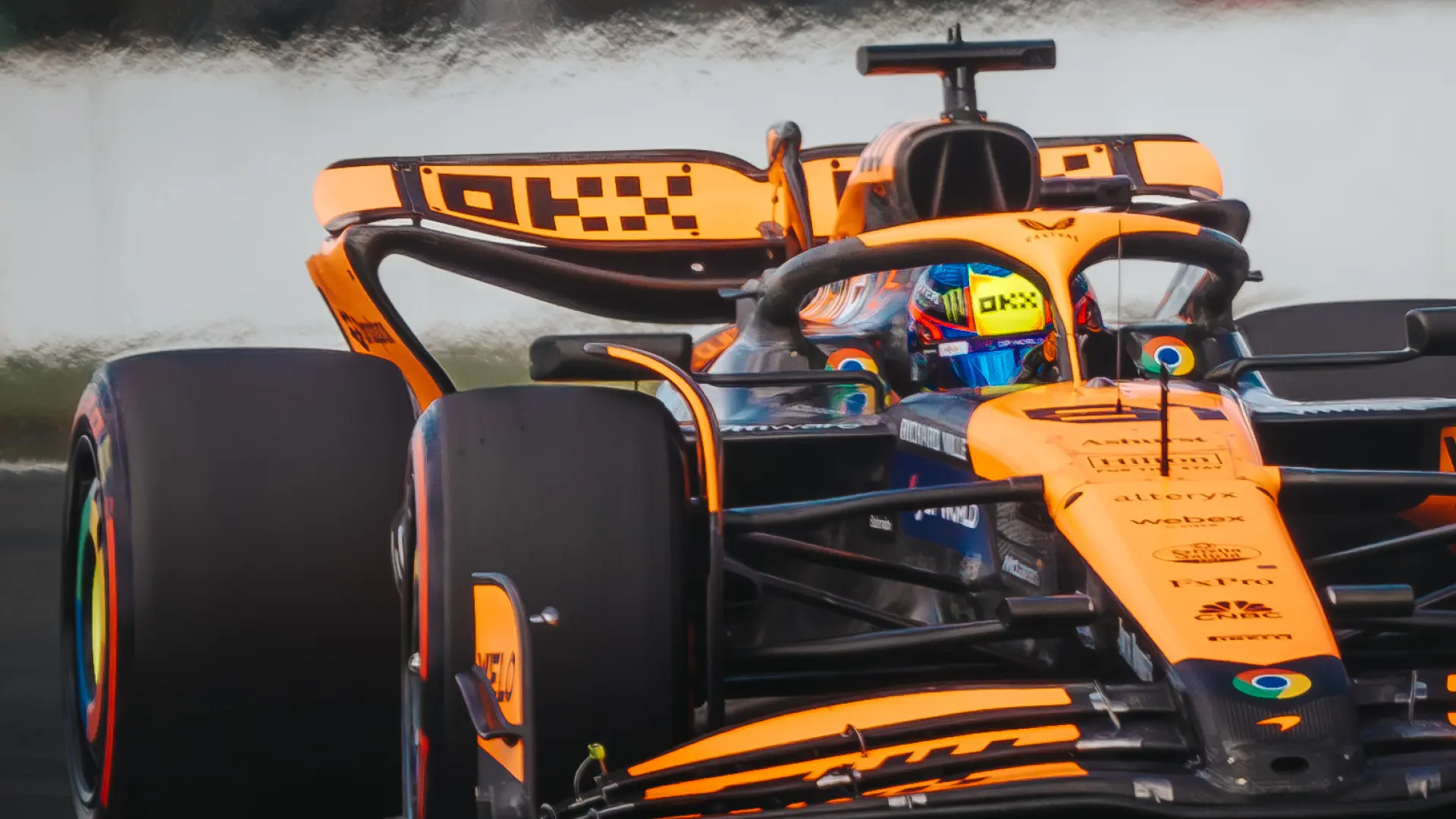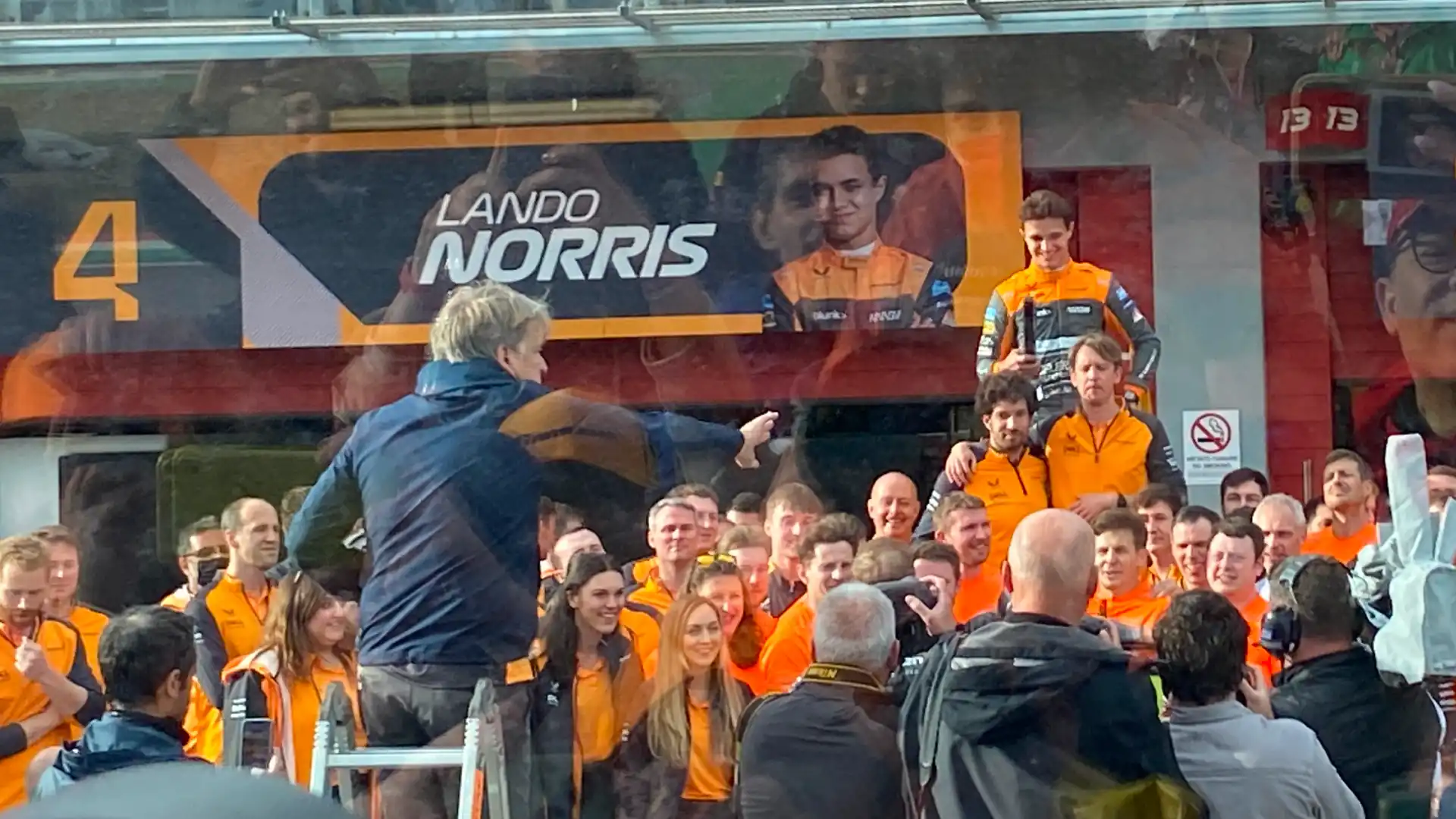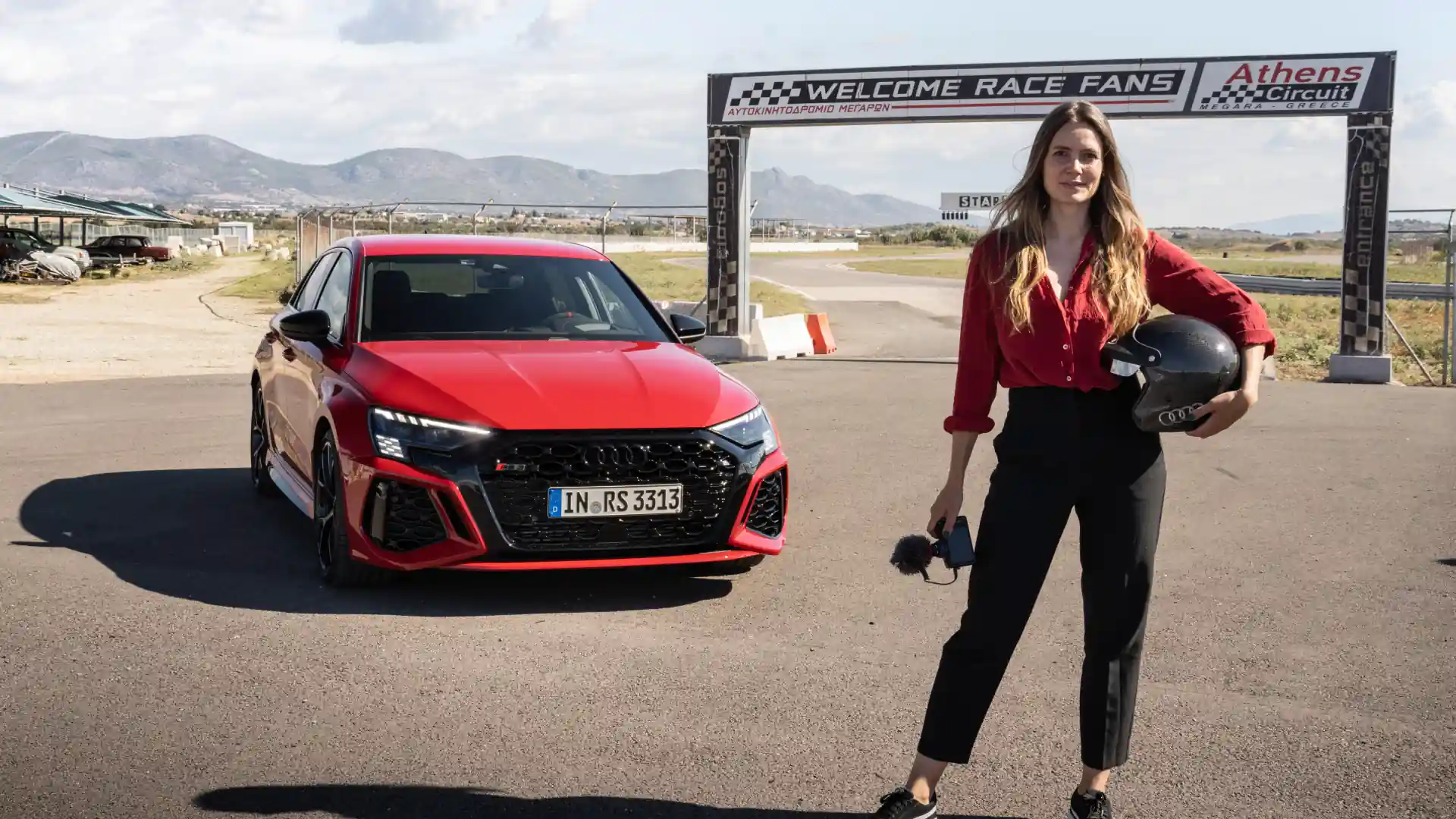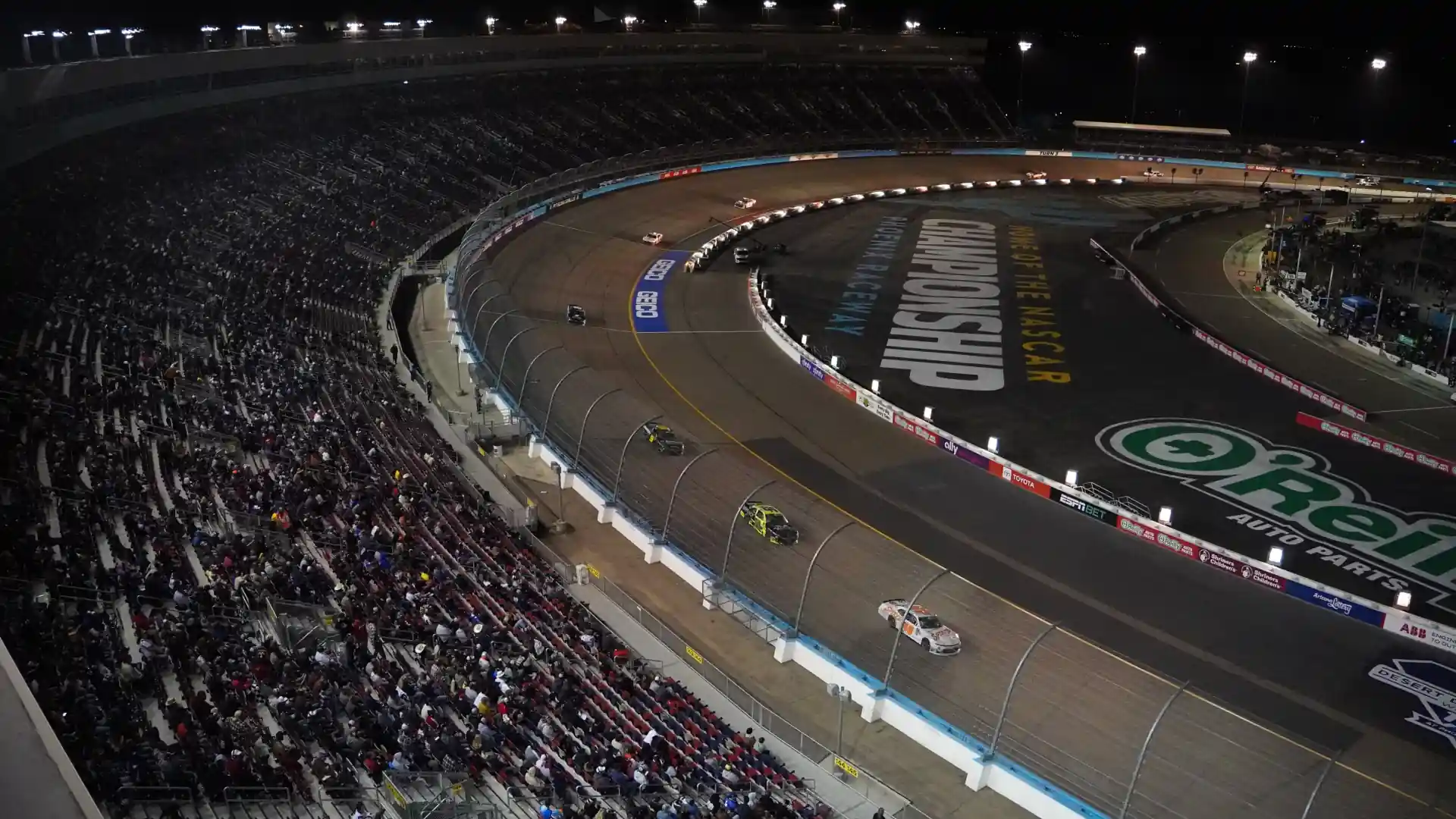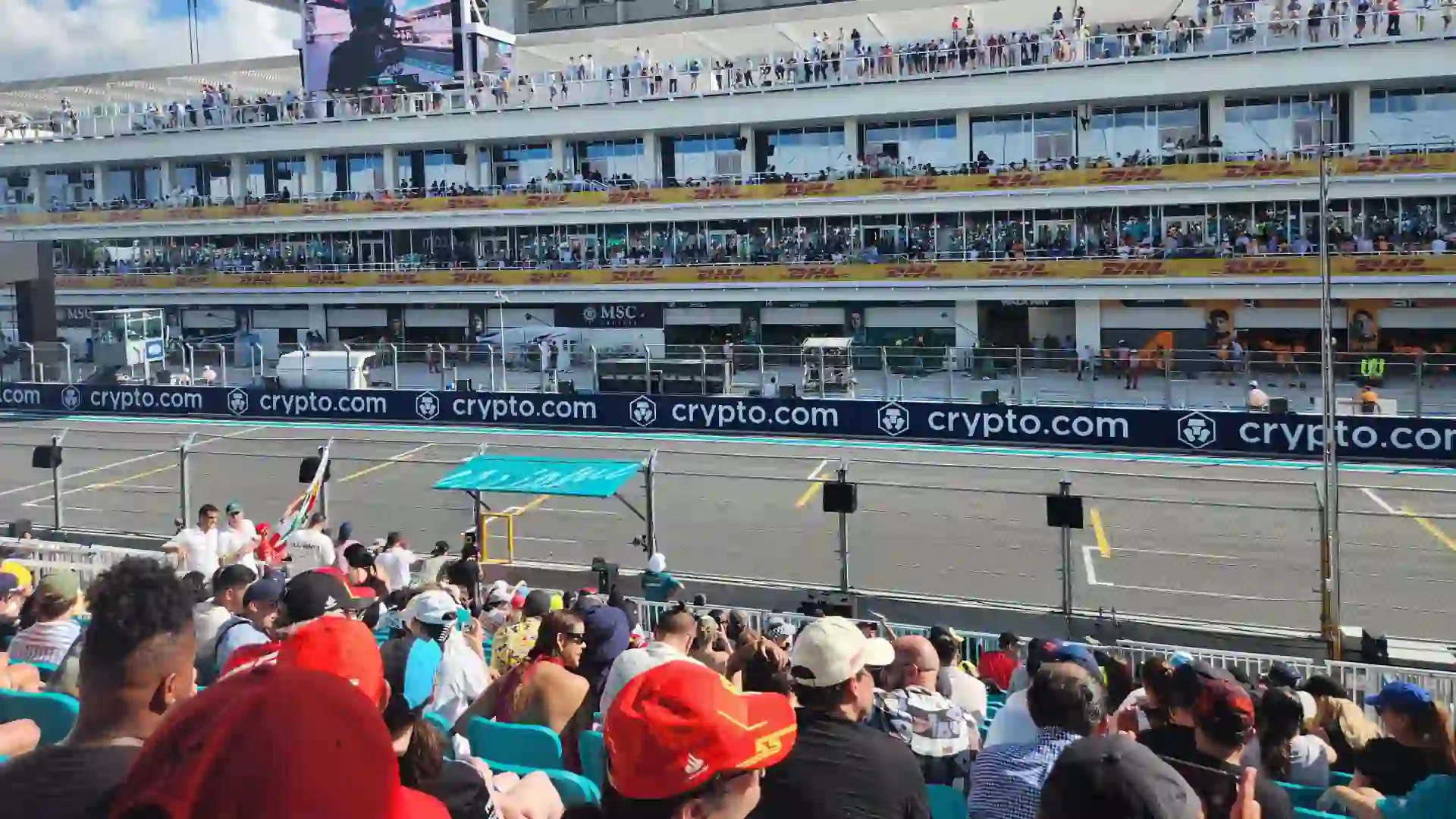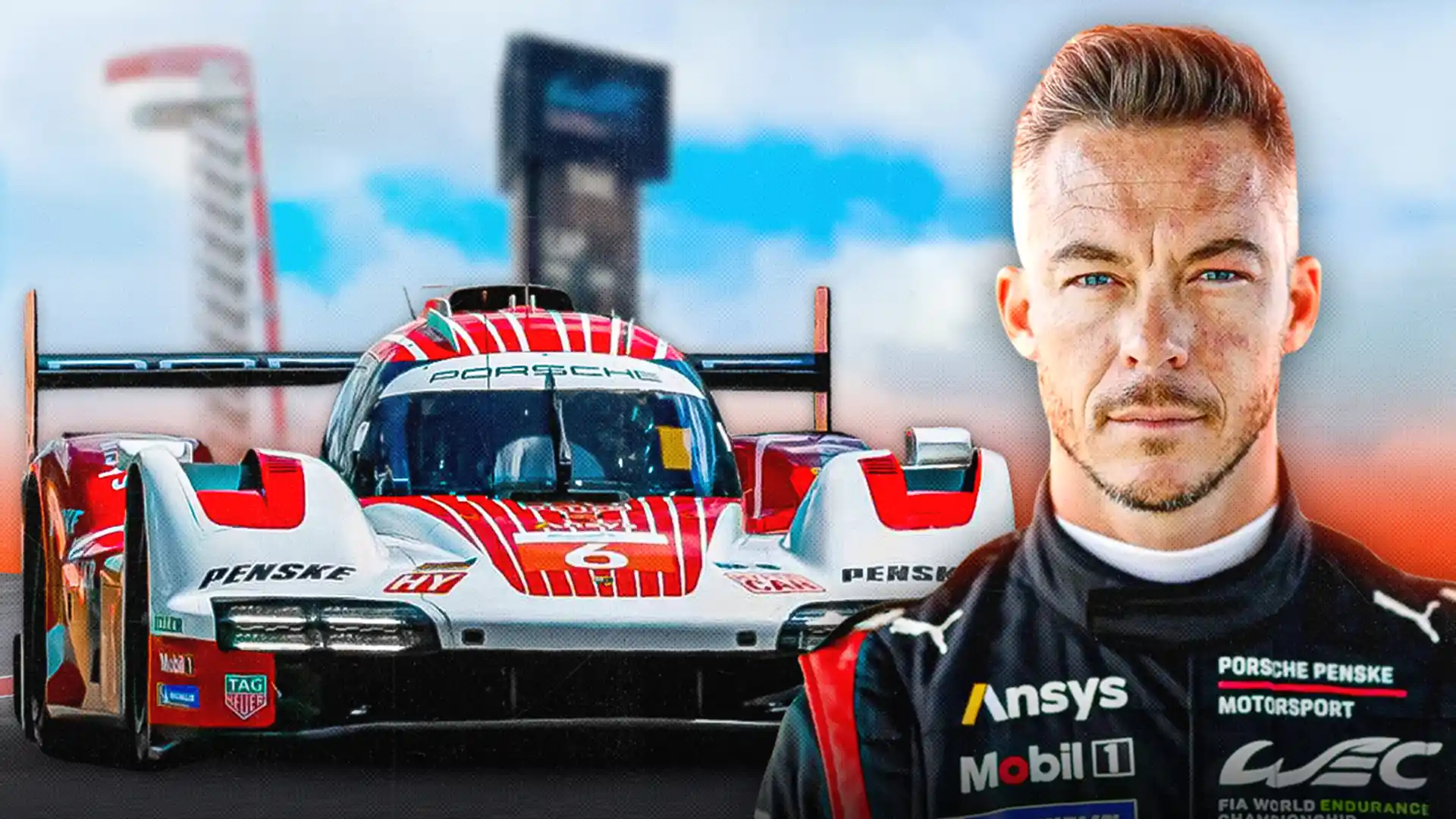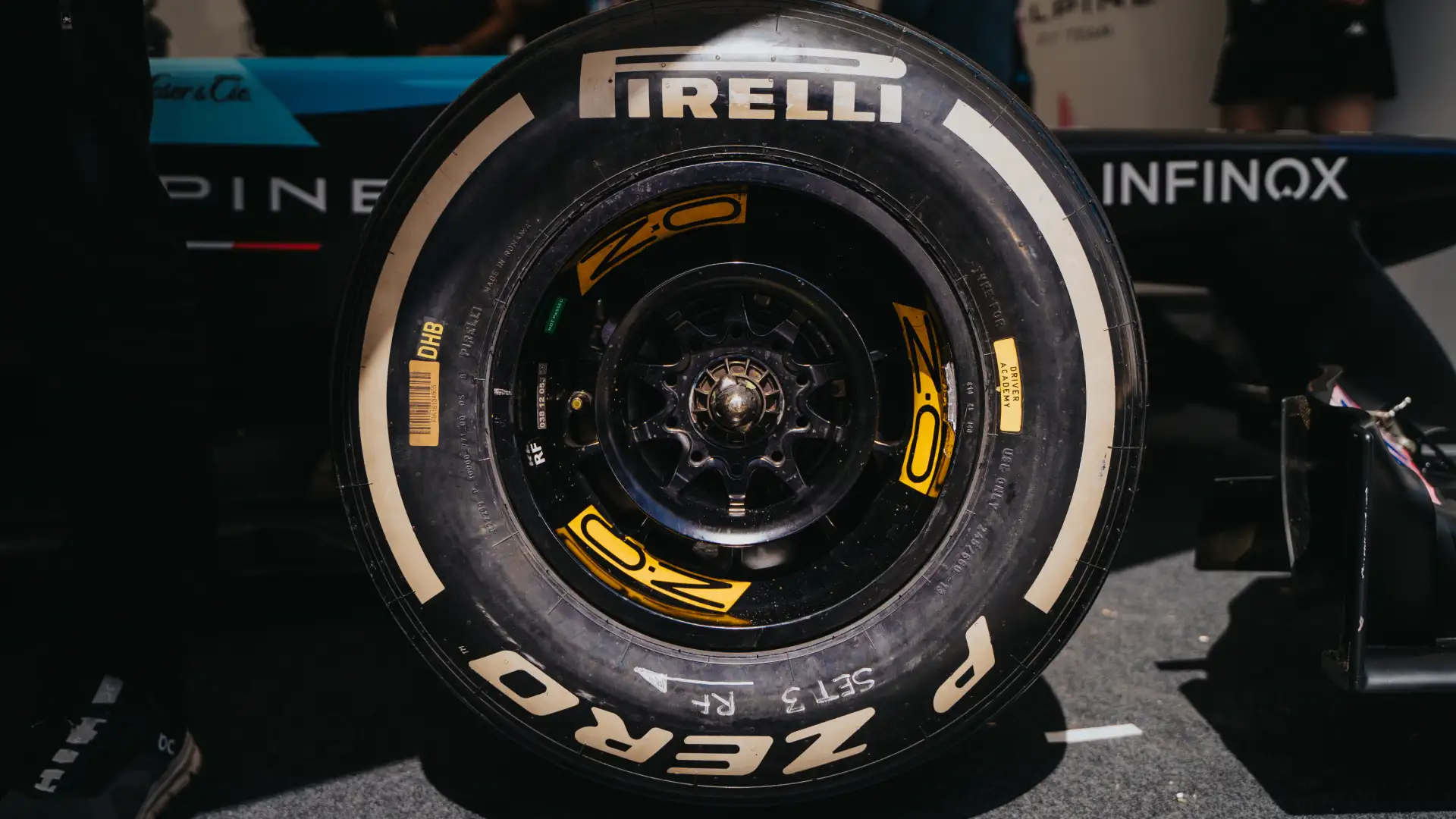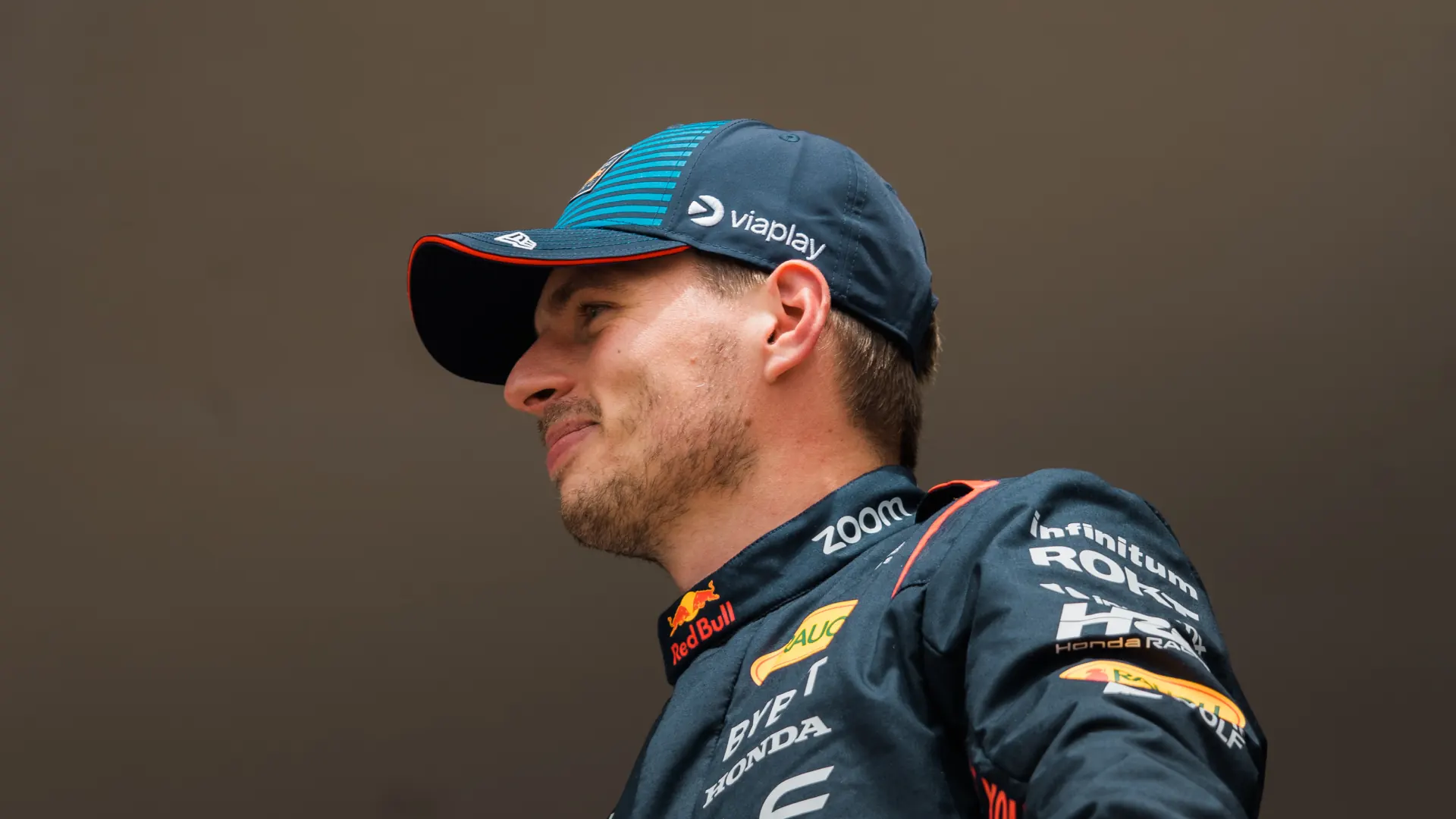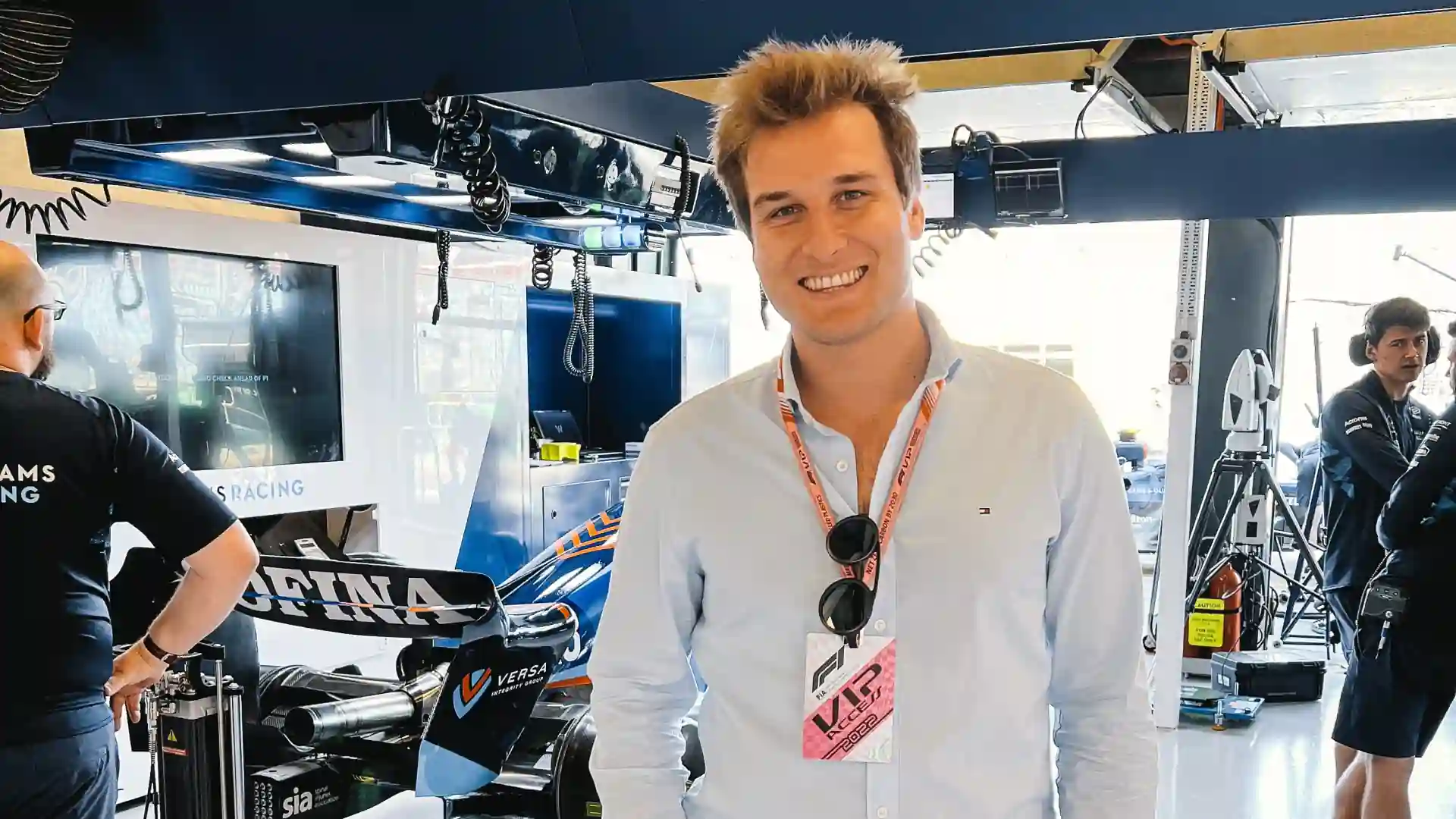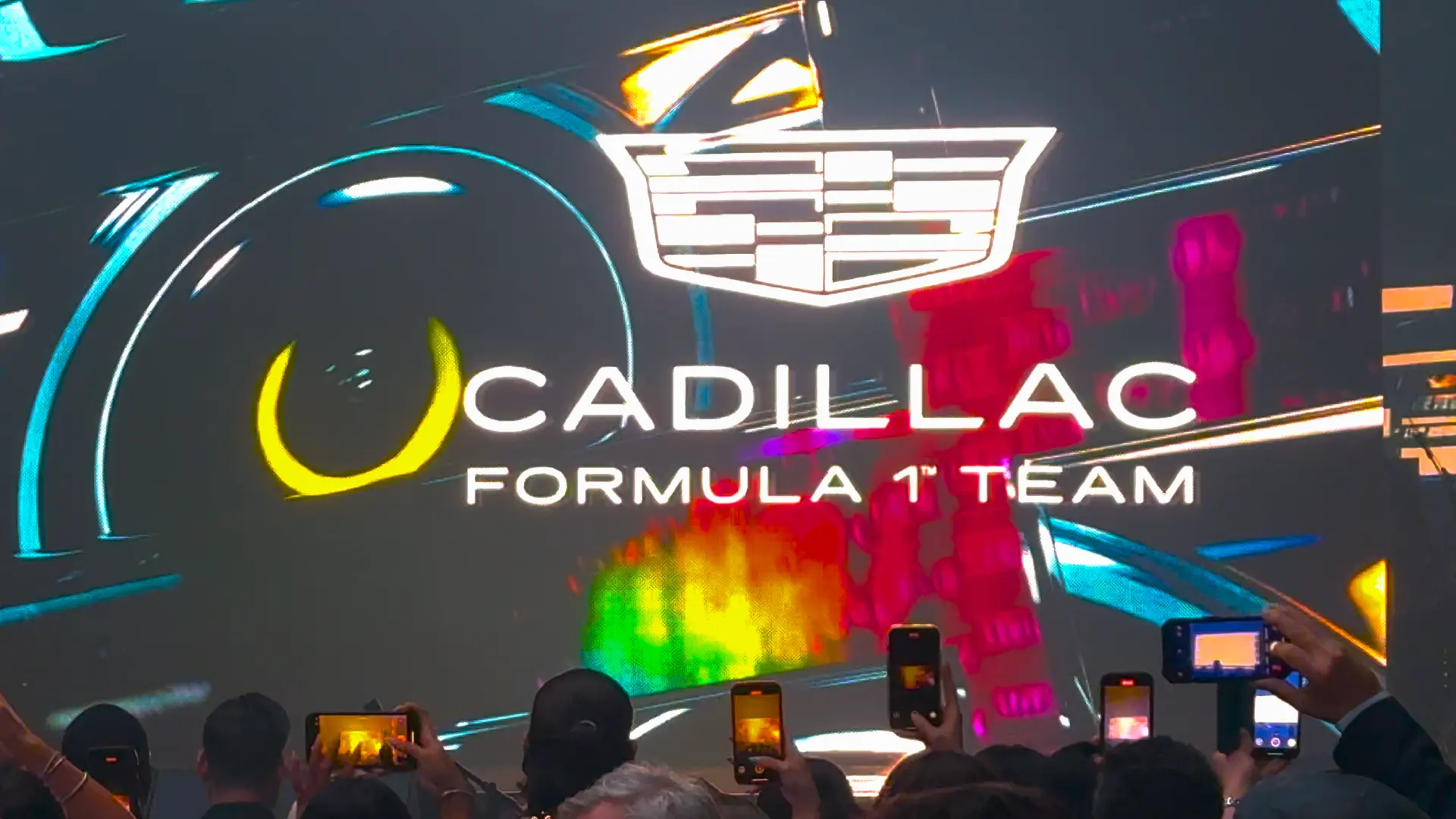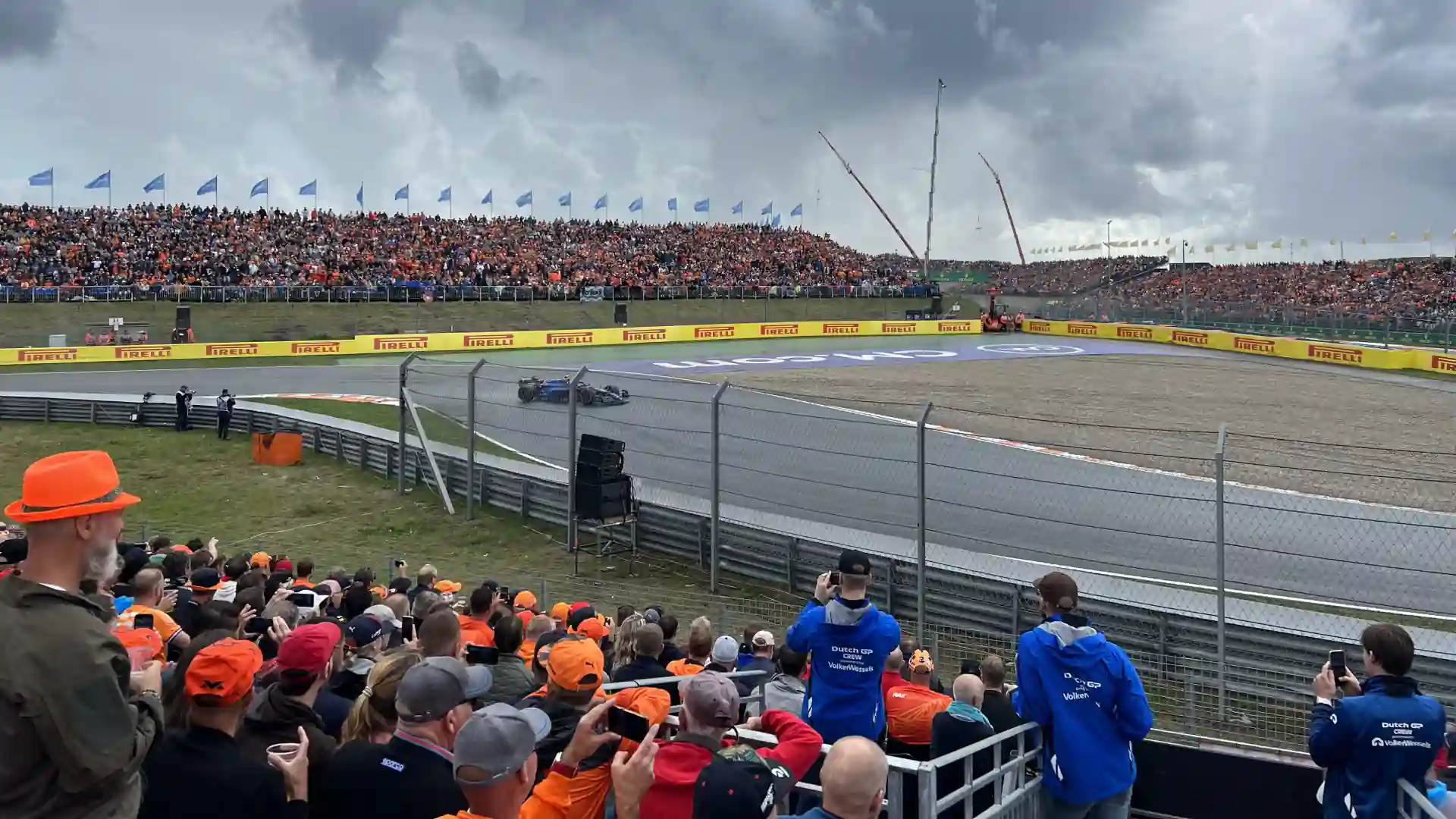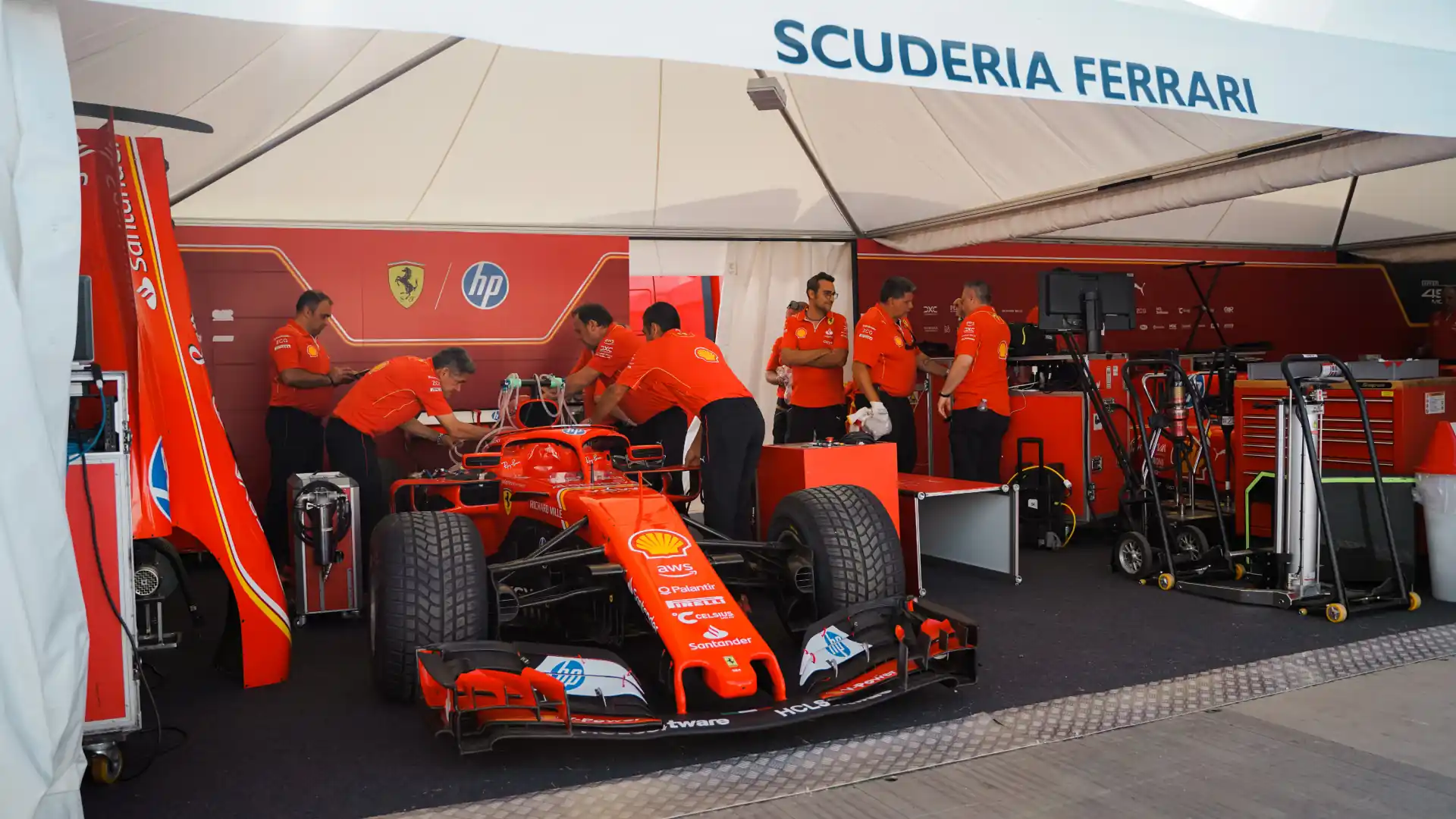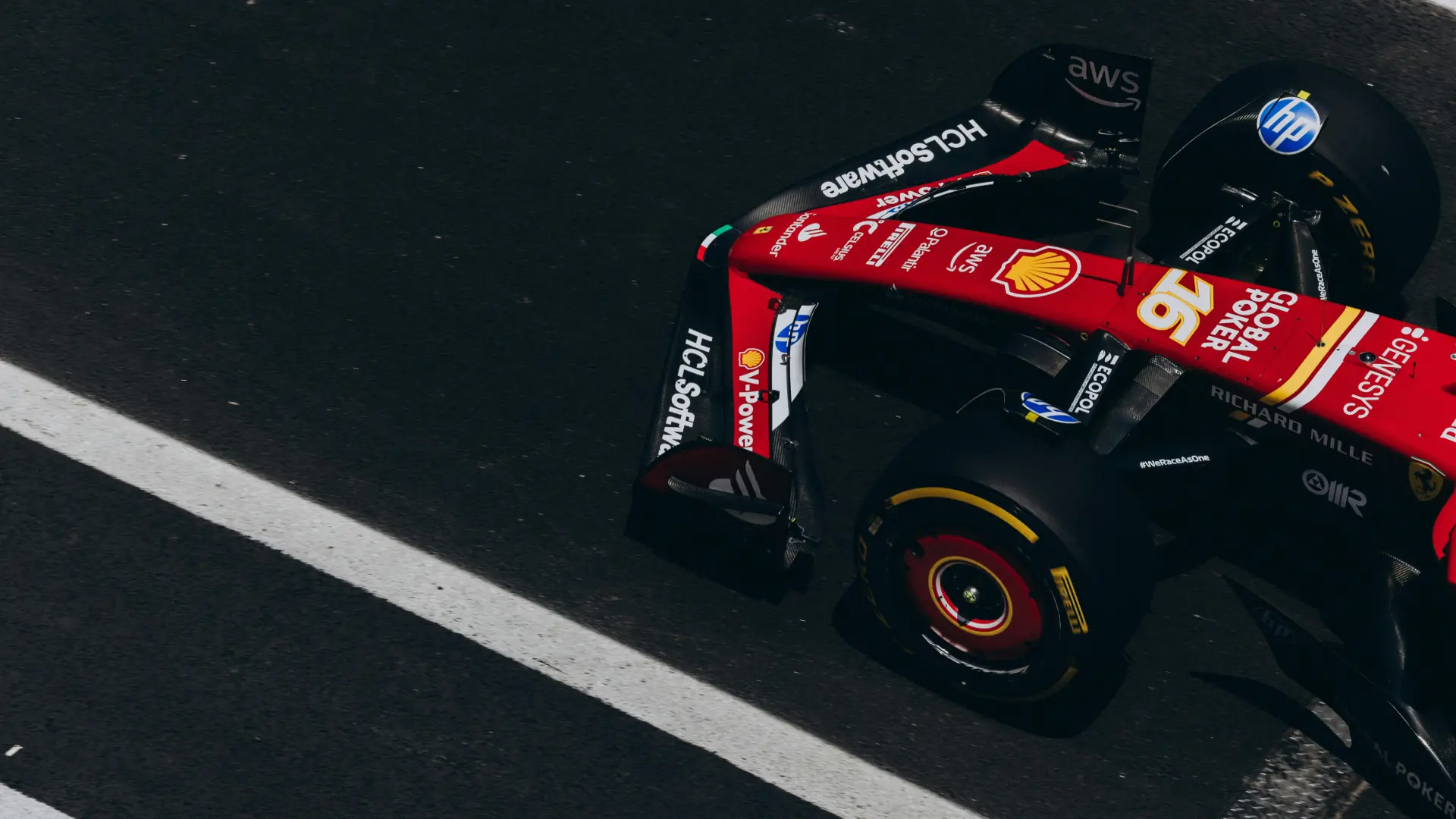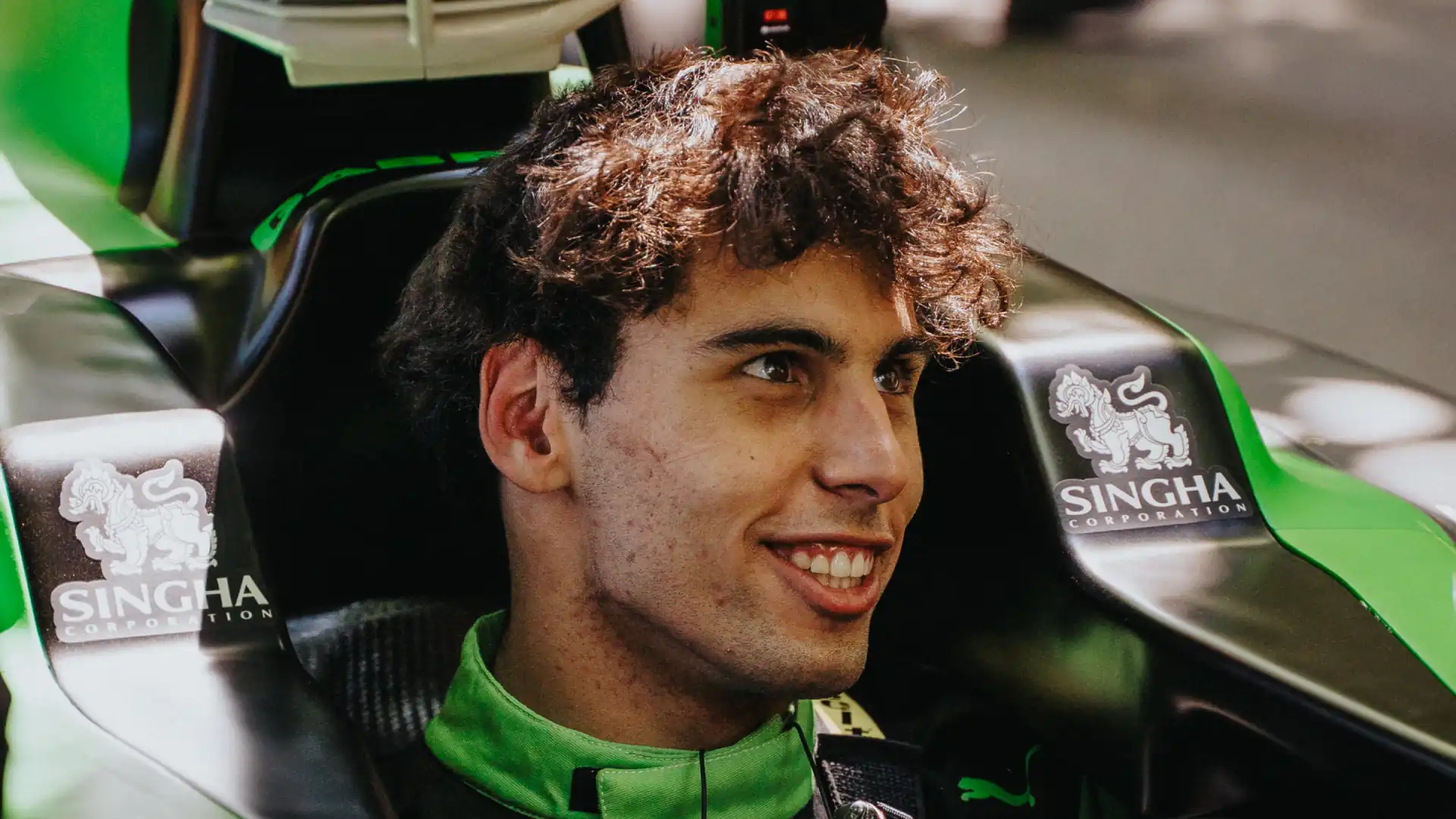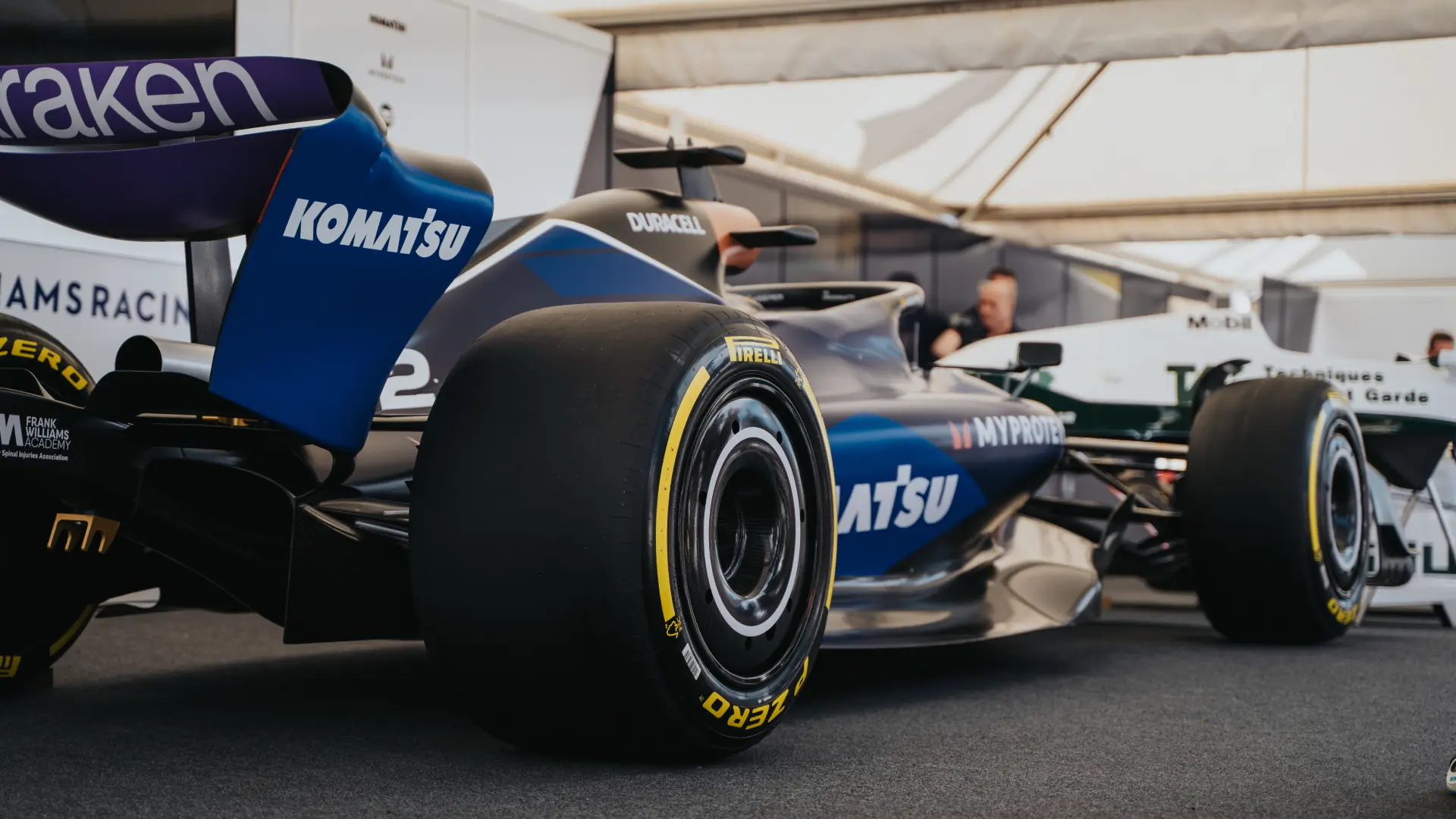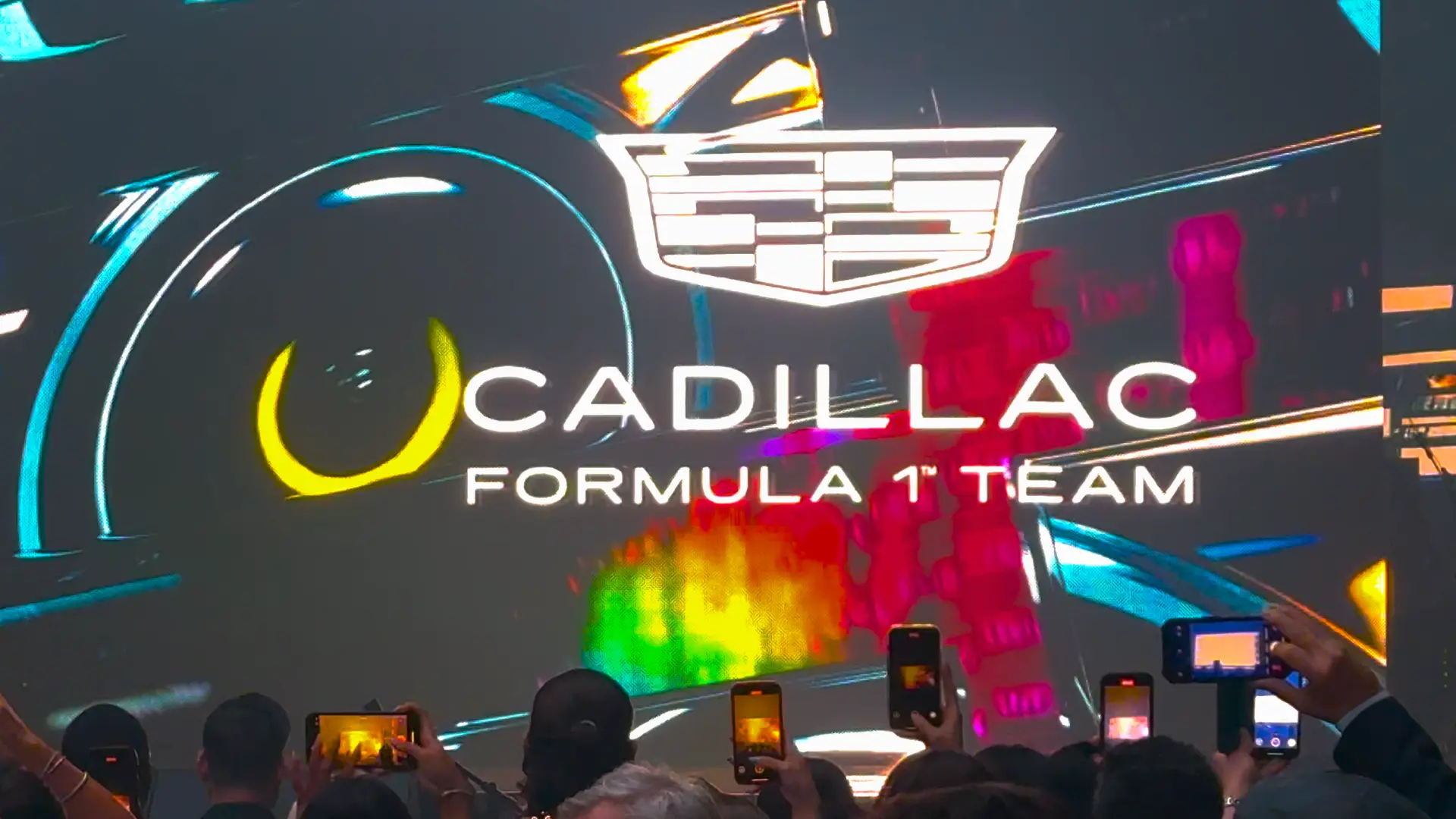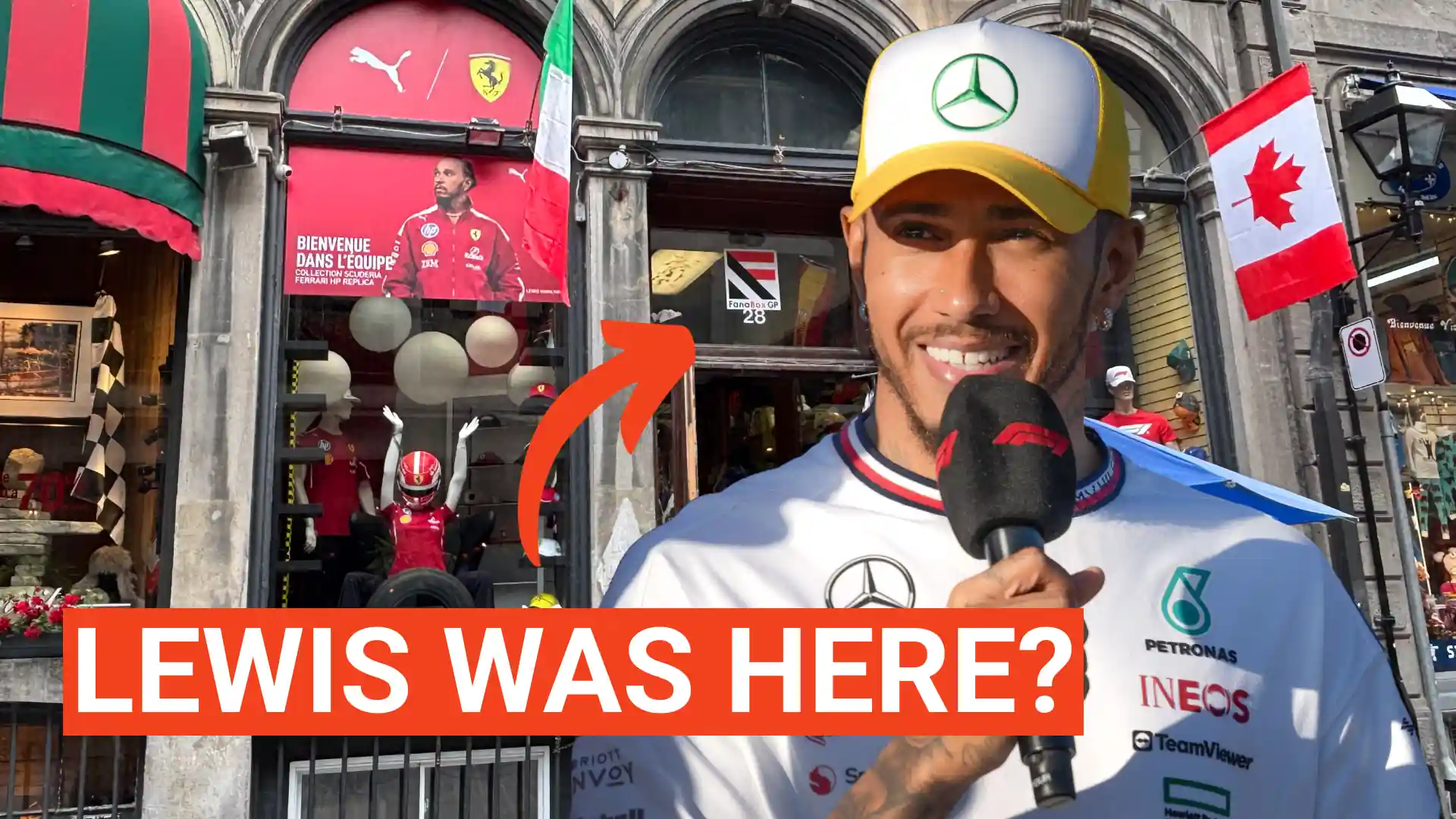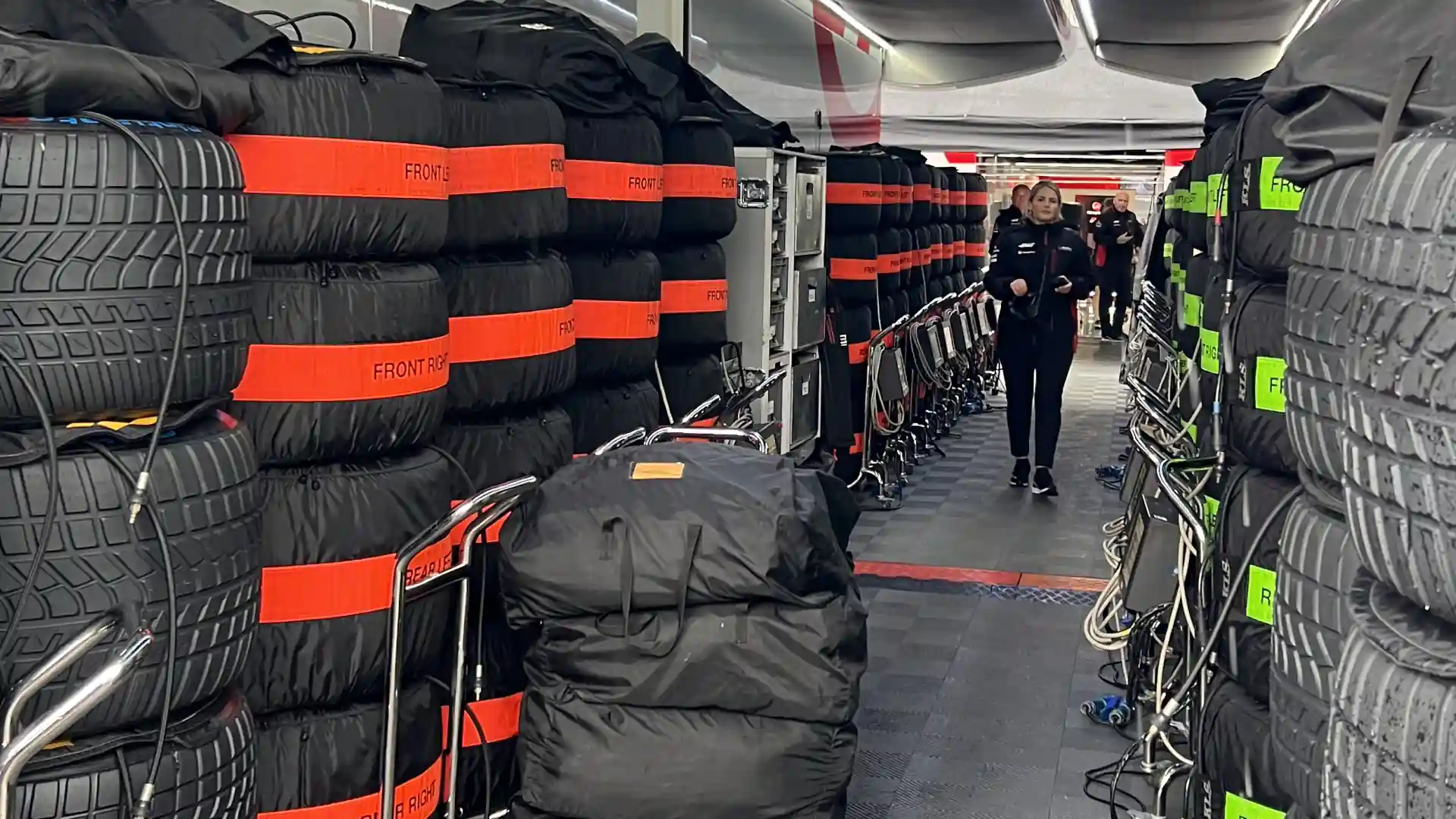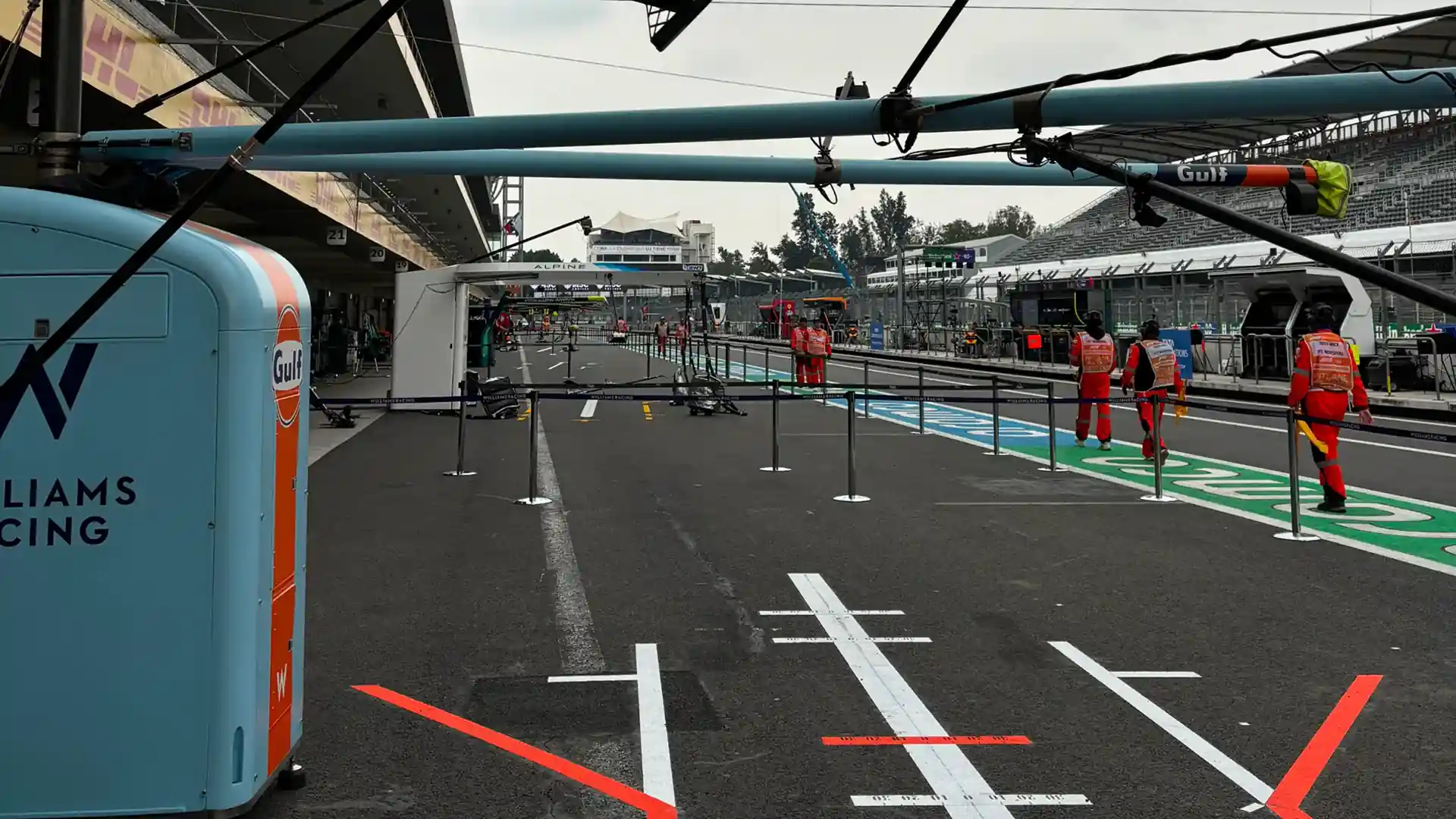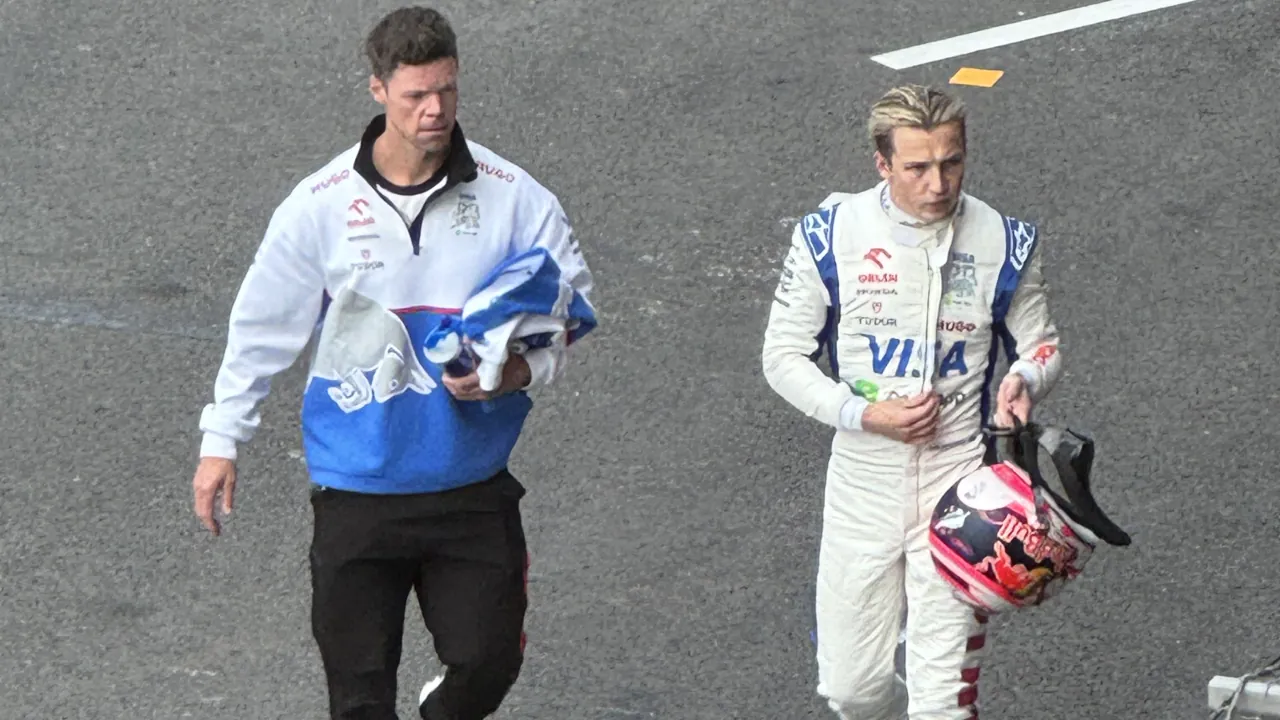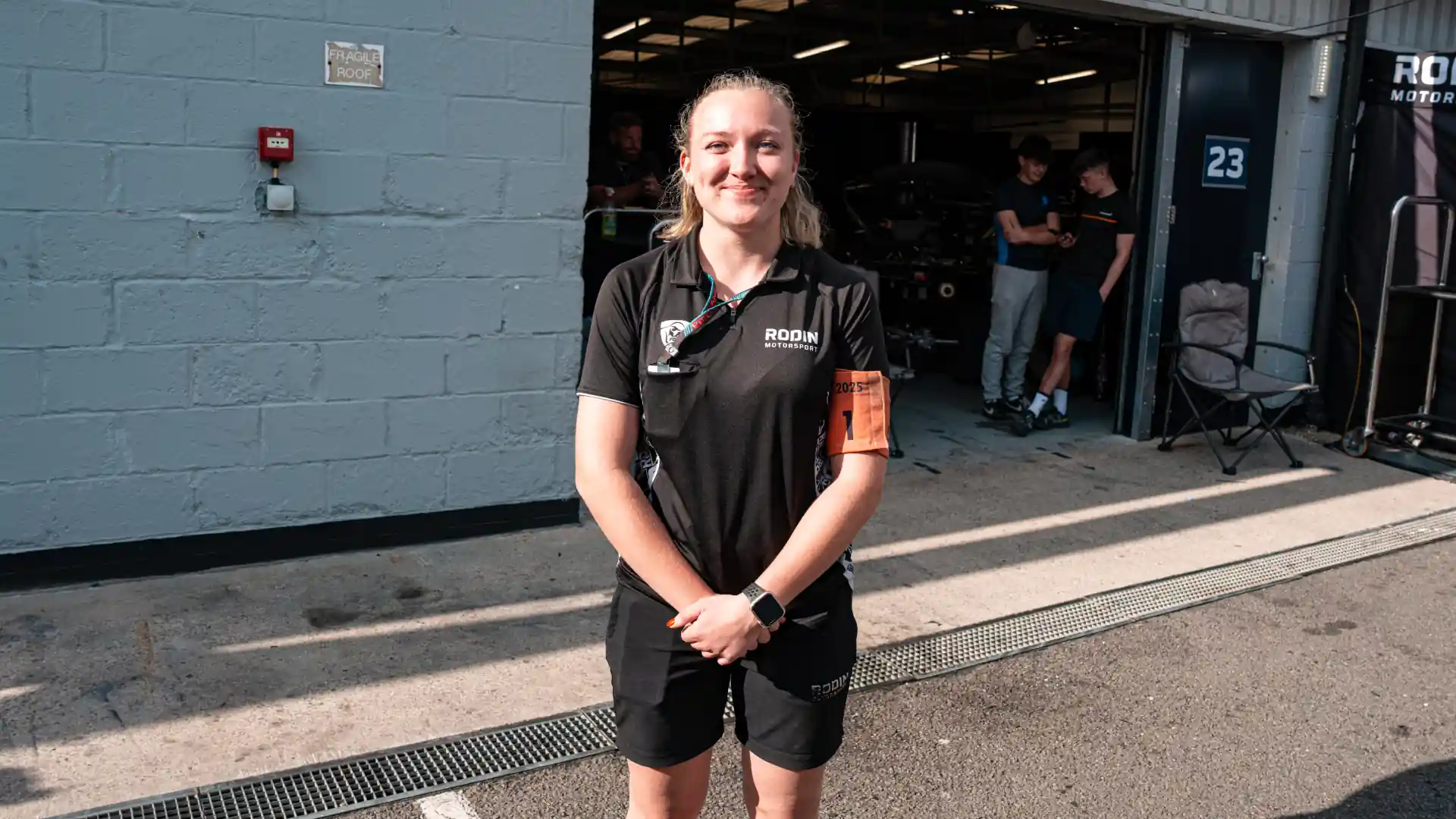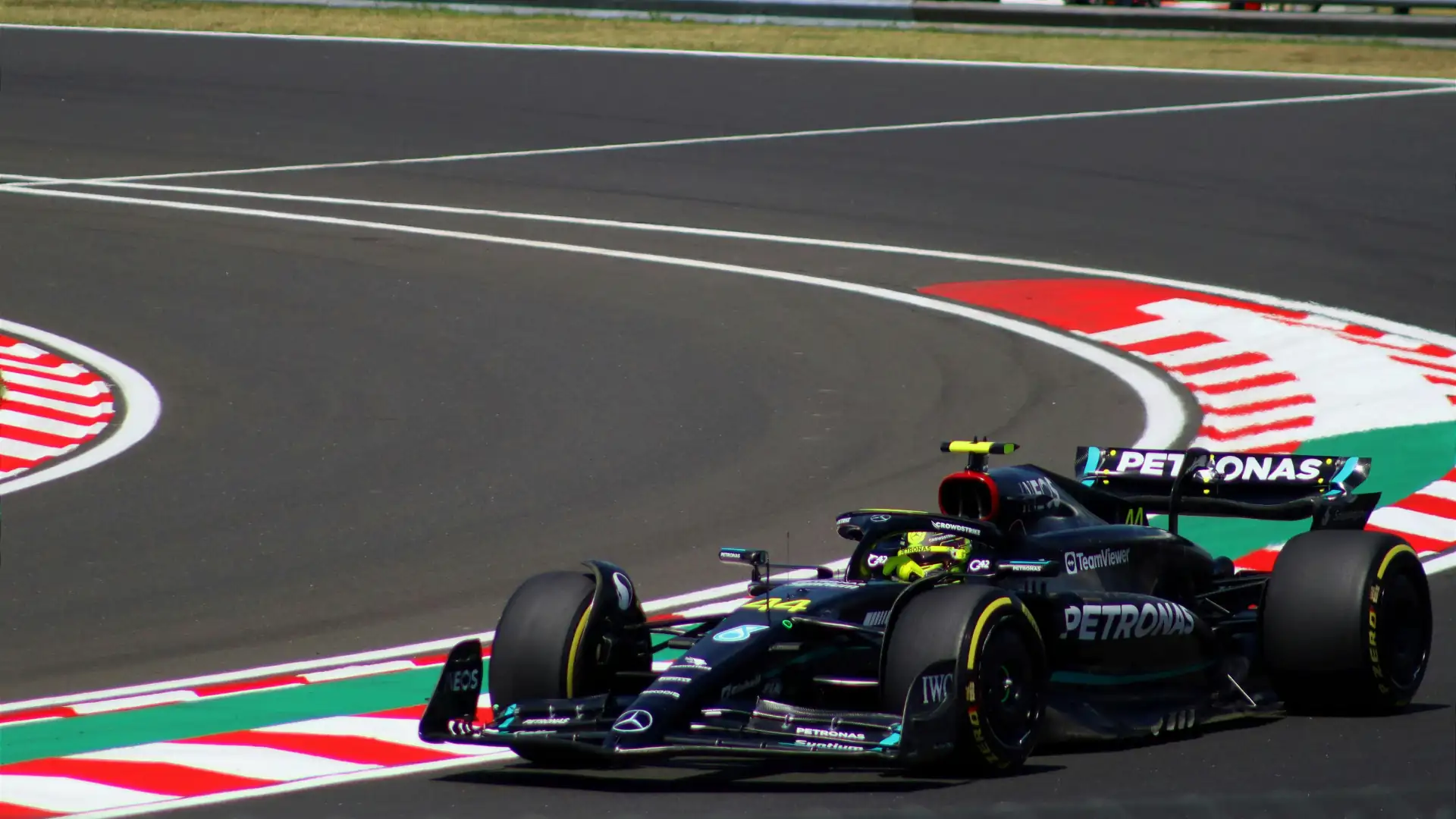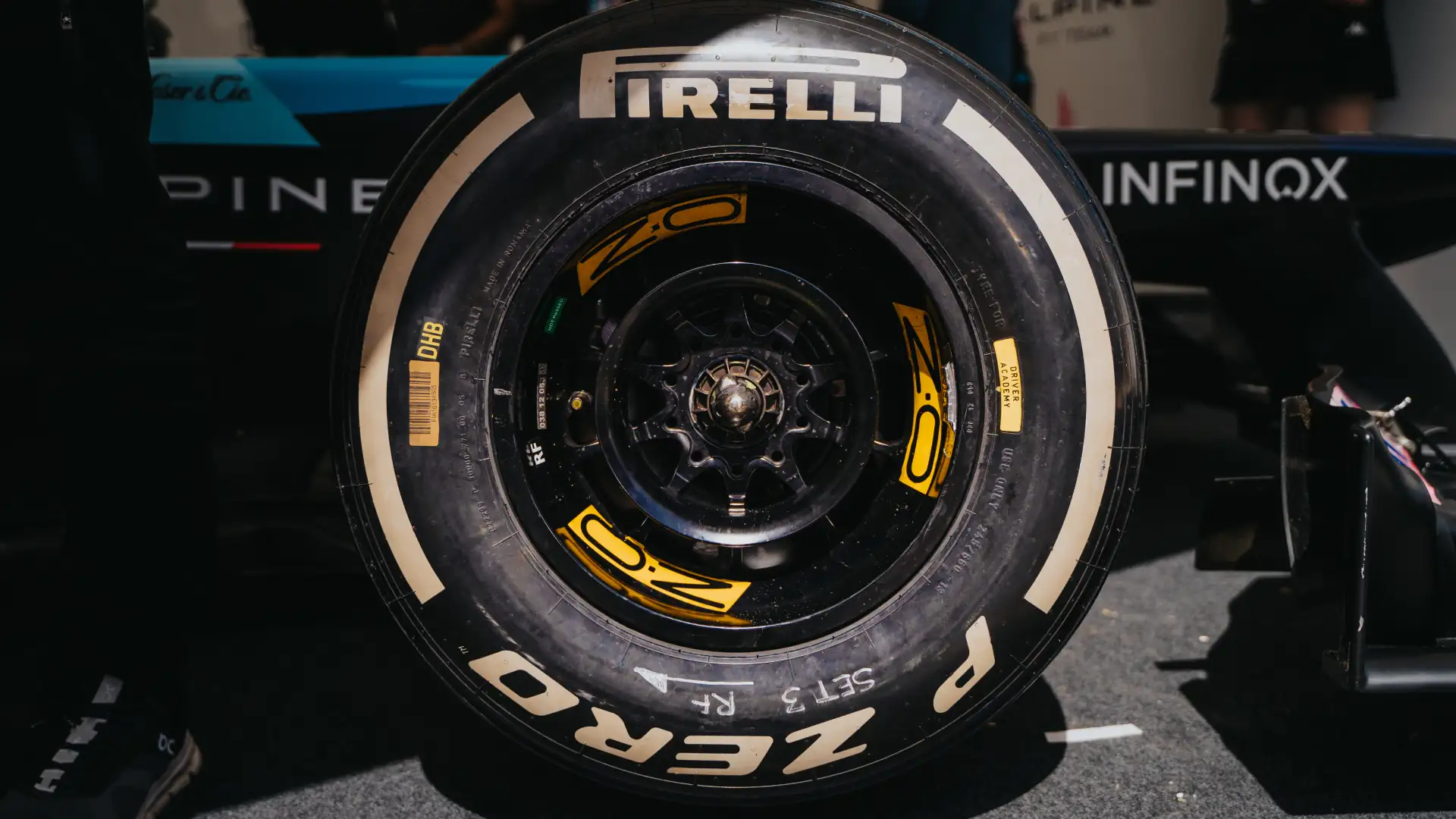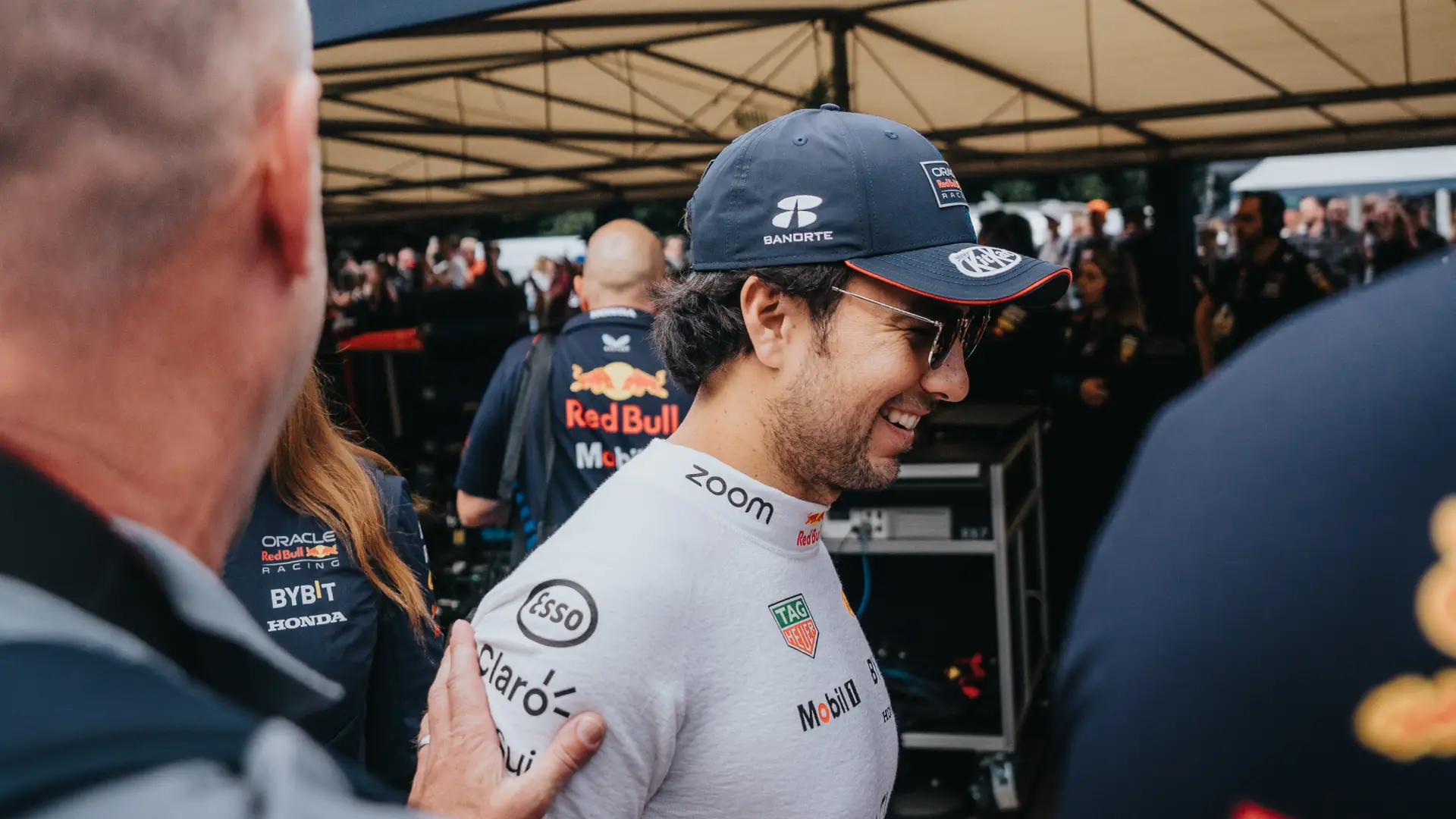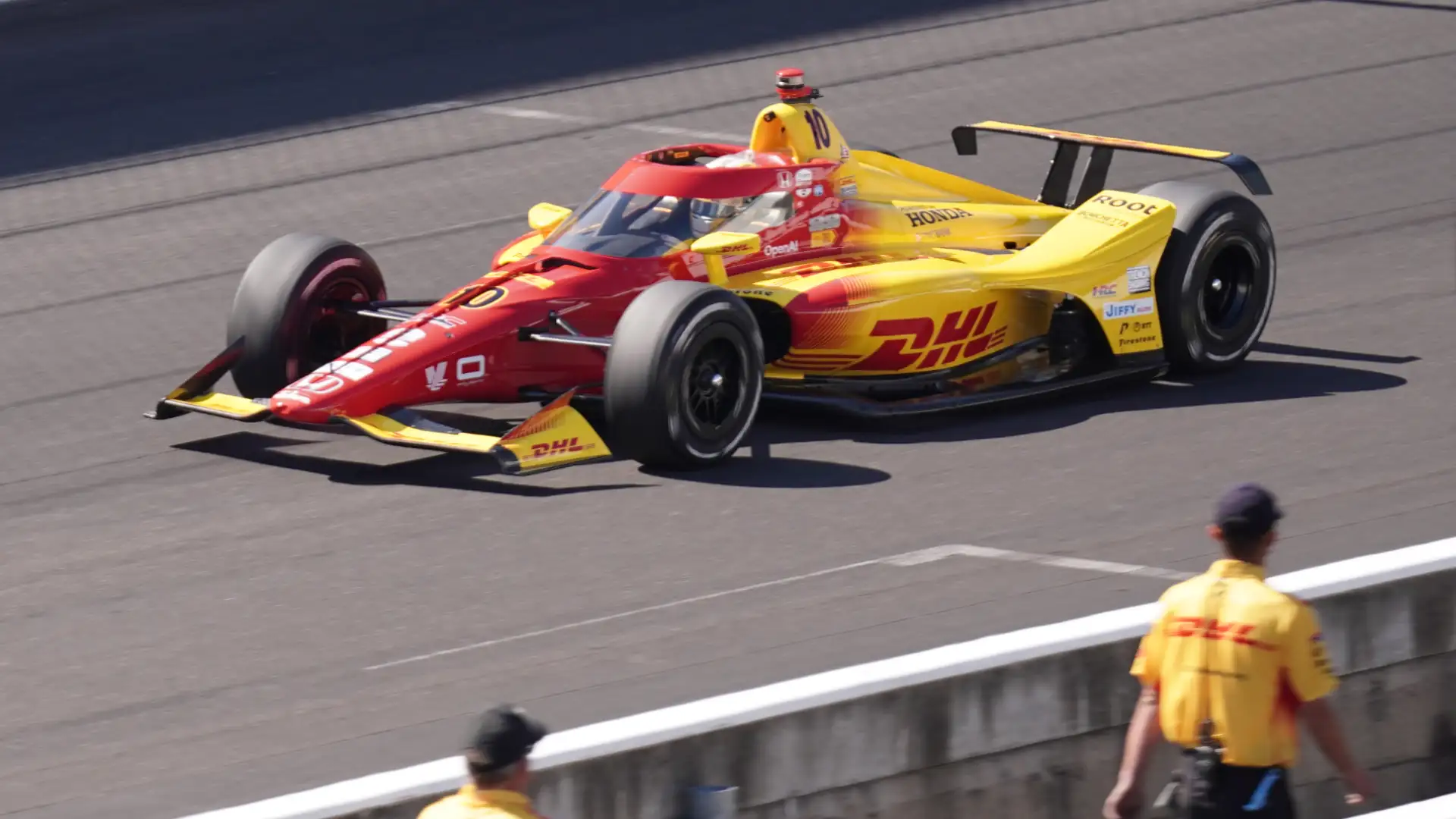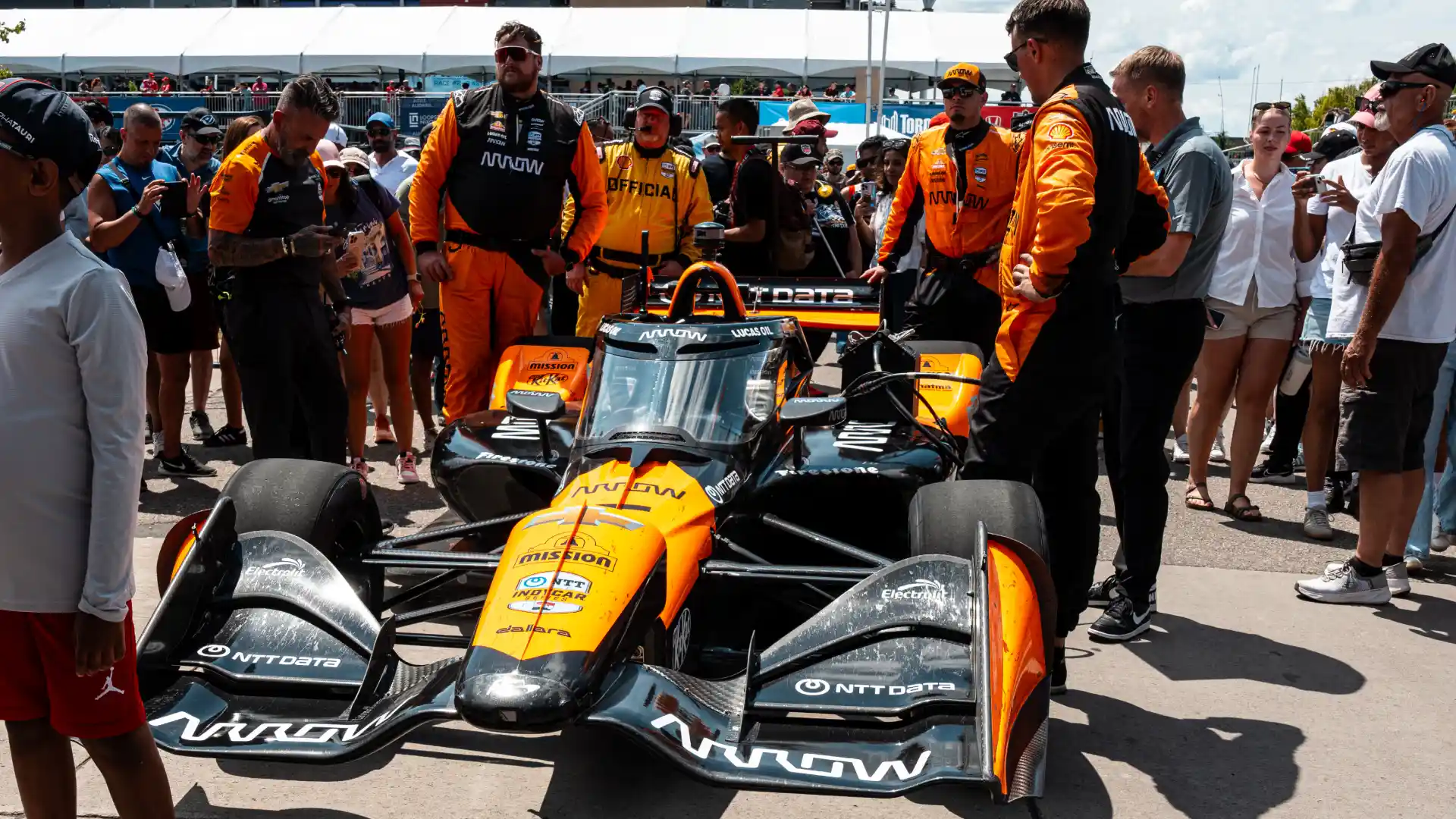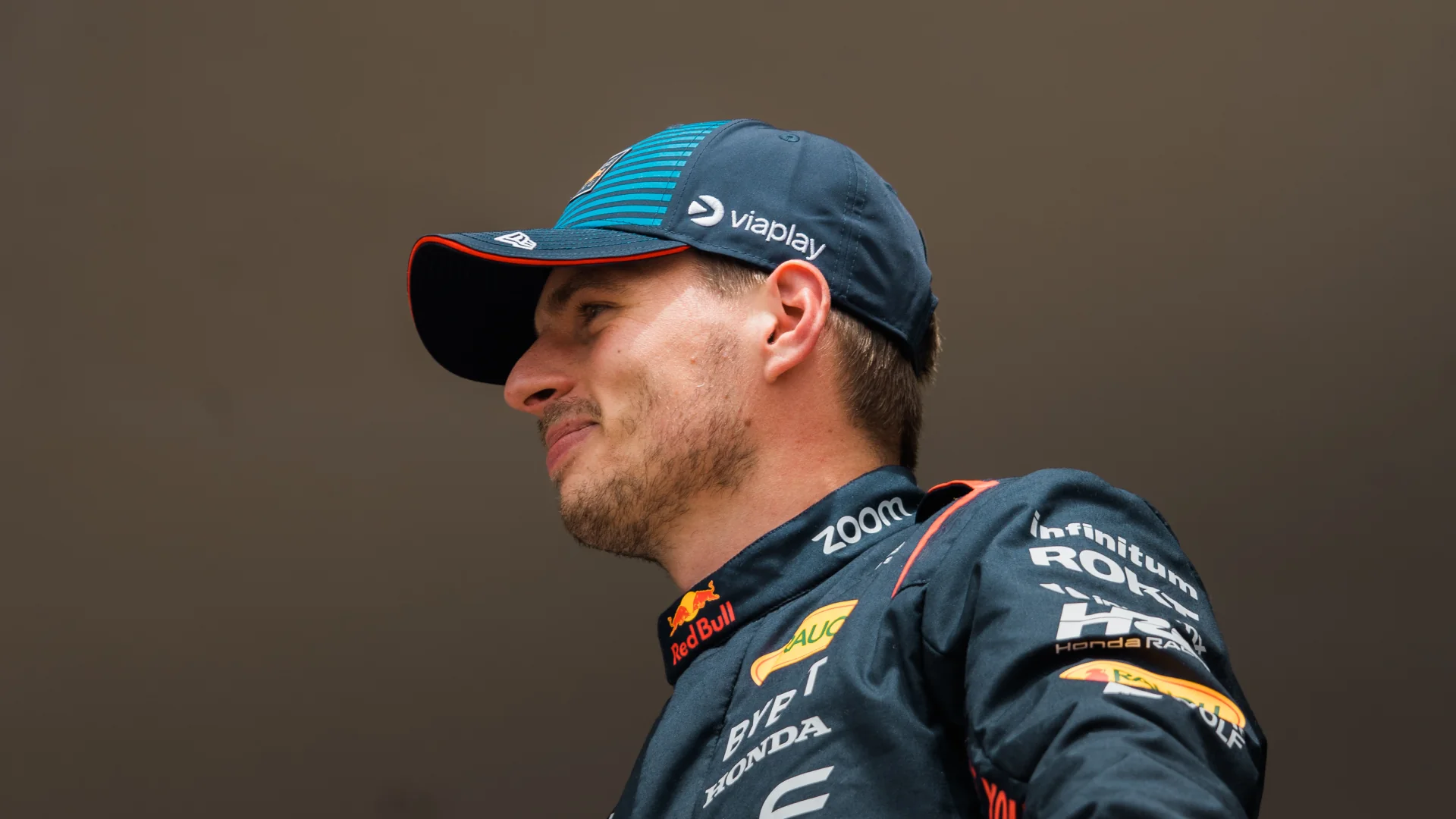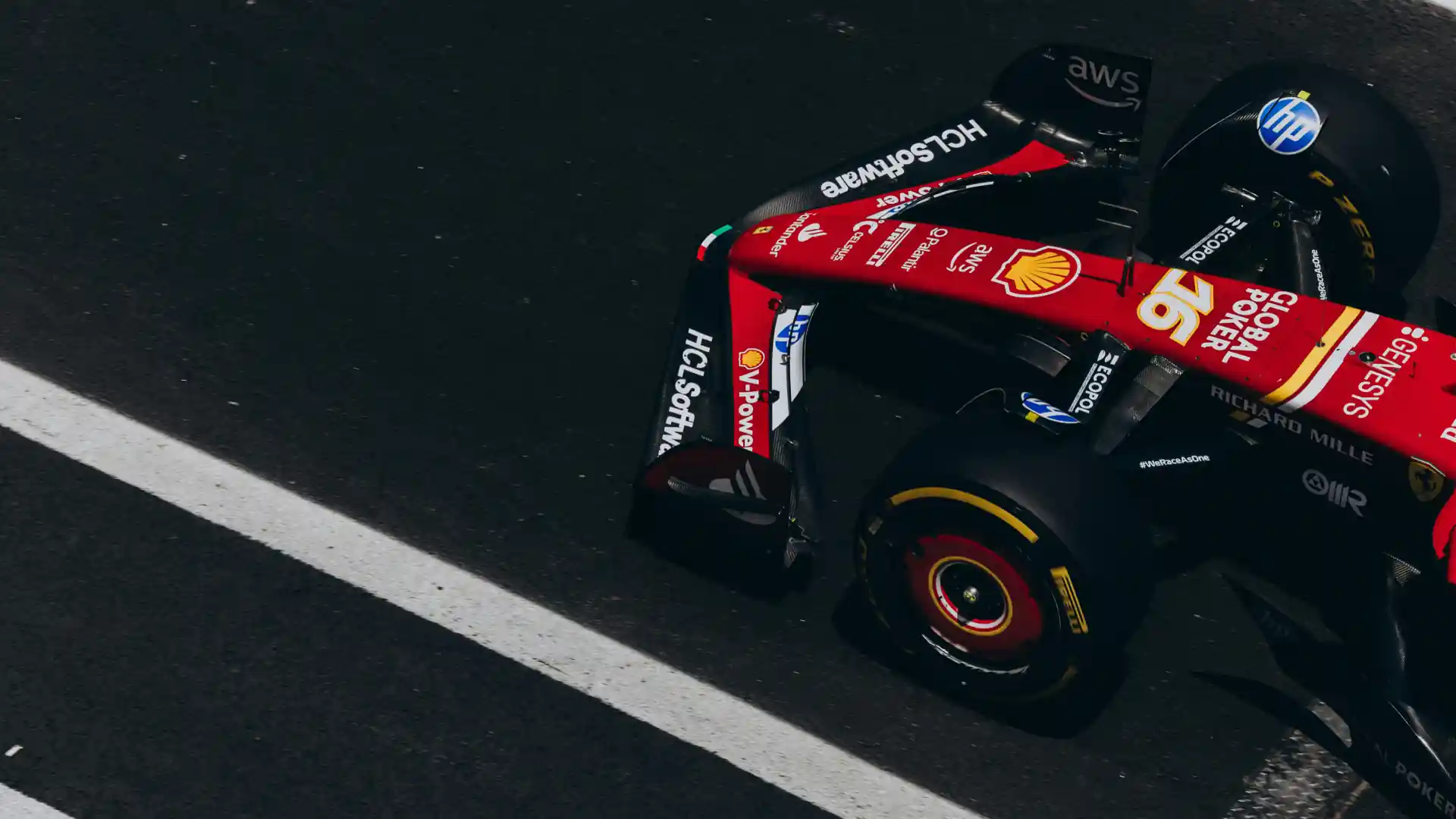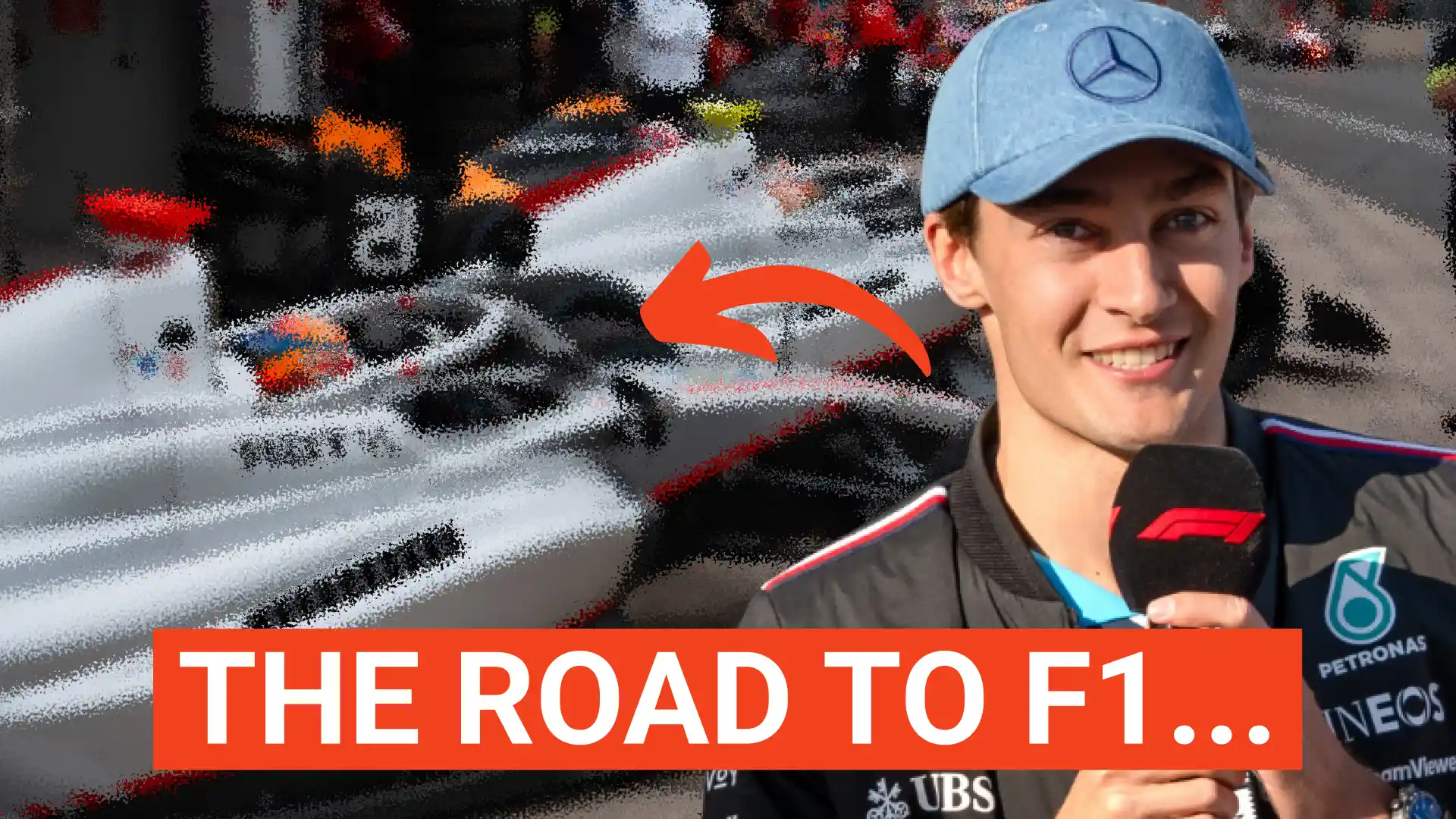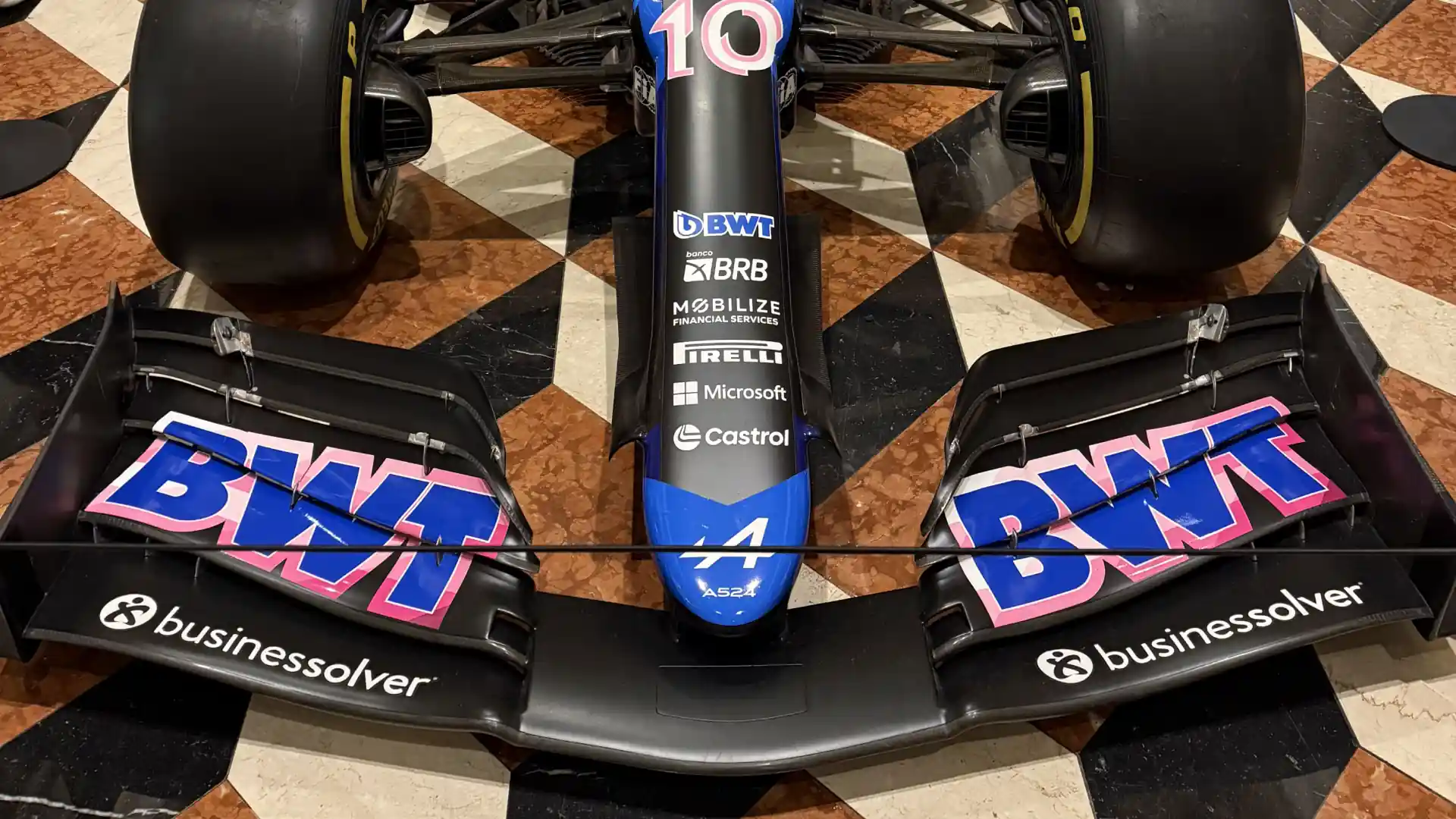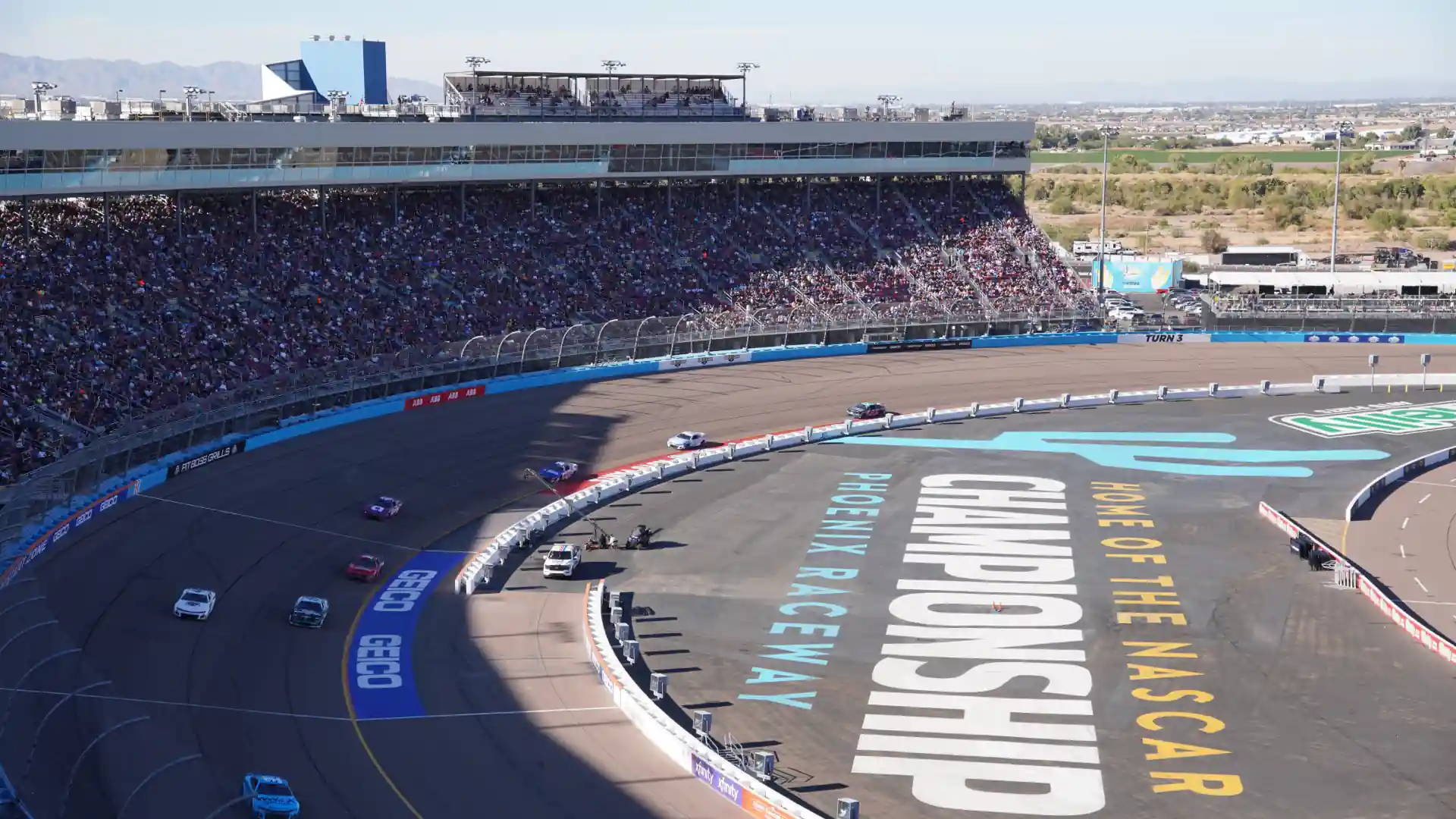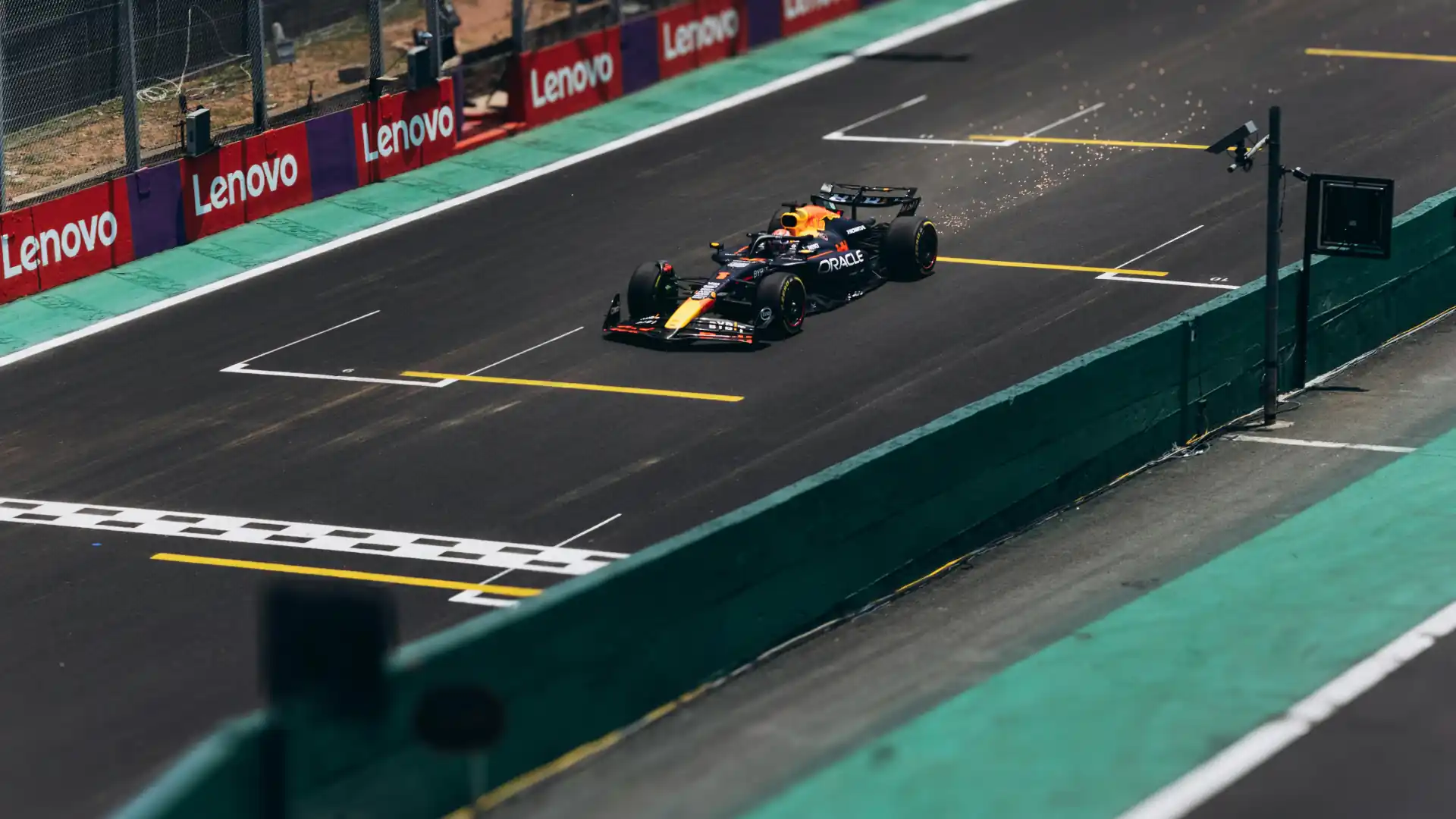If driving at 240 MPH wasn't enough already, Nolan shares what it's like getting his pilot's license, rejecting Stanford AND winning the 24 Hours of Le Mans... all before he turned 21.
From crashing out in his first Indy 500 to winning the 24 Hours of Le Mans and signing in IndyCar with Arrow McLaren, Nolan Siegel has ALREADY been through the highest of highs and lowest of lows in the early days of his racing career.
He takes us through that journey, sharing the crucial advice he received from fellow drivers and what signing with Arrow McLaren really meant for his IndyCar future (and how he squeezed in getting a pilot's license).
Keep reading to find out what's next for Nolan!
Introduction [0:00]
Greg: So, what do you listen to when you fly?
Nolan: I've been putting a lot of Latin music in there now. Like half of my playlist is in Spanish now. It's my Pato playlist. I spend a lot of time at his house.
Why Nolan Siegel got his pilot's license [0:13]
Greg: So, we know you have the pilot's license. So we thought it'd be fun to at least do this where we're both going to make a paper airplane and we can compete at the end to see if we can get it very far.
Nolan: Ok... Oh boy. I'll take this orange paper. I don't really know how to make a paper airplane. Is that bad? Am I supposed to be able to know how to fold a airplane?
Greg: The reason, being because we want to start with the pilot's license thing. What got you to get a pilot's license? Did someone in your family fly?
Nolan: No, so I moved to Indianapolis. I realized that I couldn't do any of the things that I did in California when I lived there, right? Like I would go mountain biking and hiking a lot. And so I was trying to find things to do. It was something that I'd always wanted to do. And then I suddenly found myself out of school in the off season. And I was like, you know what? I want to do this forever. And I didn't have any, like, hobbies in Indy to do. So I decided to spend some time doing that and it was a really good thing to do kind of in the winter in Indy when you can't spend time outside.
Greg: Did you ever like go skydiving or anything?
Nolan: No... It's very convenient to be able to fly toall these races in the Midwest, so it was really fun. It was something I always wanted to do. I had time, sort of. [Looks at paper plane] I don't think I've done this right? I'm going to... I don't know.
Greg: I went lengthwise...
Nolan: Ok, all right, fine. I'll go the other way and see what happens.
Where Nolan's karting passion came from [1:42]
Greg: So thinking of back home, what got you into carding at an early age?
Nolan: I had no racing background in my family at all. My dad sent me to a go-karting summer camp at Sonoma Raceway, which was kind of the closest go-kart track to where I live in Northern California, and I loved it. My dad sent me because he was like, you know, I want him out of the house for a week and where can I send him? But yeah, ended up loving it and wanted to keep going. And I started doing like little regional races, you know, just out at Sonoma Raceway and then I started traveling through California and then like the national go-karting and then it all just kind of builds on itself. Go through each level of the Road to Indy and here I am.
Moving up the IndyCar ladder and making it a career [2:24]
Greg: When you started, you found a lot of success. You had a great USF 2000 season, and then in Indy NXT—your rookie season was great, too. What was the process like as you're leveling up from these different series? How does the competition change? How does your attitude change about it? Are you becoming more focused?
Nolan: Yeah, for sure. Making a career out of it gets more and more realistic with each step. So, start with USF 2000 and at least for me it was like, know, this is cool. I love doing this, but I didn't know if this was actually something that I could do as a career. You know, started winning in USF 2000, moved to Indy Pro 2000, and then it's like started talking to sports car teams. And that's when I started racing sports cars as well and got paid to drive a race car for the first time. And I was like, oh man, I could actually do this.
Greg: Was that the moment that it clicks? The money gets involved and someone's paying you to show up?
Nolan: I think it makes it seem like a realistic career option for sure. Yeah, it's just with each step, right, you are with a more professional team. And it's like, now I'm racing against people that do this for a living. And it gets to be a career rather than a hobby, right? And so I would say when IndyCar seemed like a real possibility was the first year of Indy NXT. I finished second in my first Indy NXT race in my rookie season. And then all of a sudden, I'm having meetings with IndyCar teams. And I was like, oh man.
Greg: When you showed up at that first race and you see—I mean, because then you obviously—there's camera equipment, there's all these people, the paddock's a lot bigger. Like, does it really become a lot more real for you?
Nolan: Yeah, for sure. And I think IndyCar—again, even until Indy NXT, right? You're racing IndyPro 2000 and you're still a little disconnected from the IndyCar paddock. But then Indy NXT happens and you're at every IndyCar weekend. It's an IndyCar sanctioned event. You have the same race director. [You] start interacting with the IndyCar drivers more. I would say for me, like the first meeting I had with an IndyCar team owner—I walked away from that and I was like, wow, I didn't know that this was actually—you know, it just, seems it's always the goal and the dream, but it's not really realistic until you have that first conversation. It's like, man, I actually might end up driving an Indy car.
Greg: Did you call your parents and be like, "Holy shit, that just happened? What was that?"
Nolan: Yeah, the first meeting I had. Again, it was St. Pete. Finished second and then later in the day, after the IndyCar race, I went and met with a mysterious IndyCar team owner. Yeah, it was just like, you know, obviously when I woke up that day, I was like I had no idea that that was going to happen. And then it was—it just you start building relationships.
Greg: [Jokingly:] Was it in a lair? An underground lair?
Nolan: Yeah, yeah exactly. Yeah, down in the depths of the St. Pete sewers. No, so it's just interesting how it all builds on itself and it gets more serious and it changes. It changes from a hobby to a job.
Getting accepted to, and then rejecting, Stanford University [5:17]
Greg: At that time, you had gotten in to Stanford.
Nolan: At that point, I was still in my senior year of high school.
Greg: Okay, so you then ended up getting in. I mean, the acceptance rate is—it's like the third best school in the world. It's incredible. And so many people aspire to have that. What was that decision like for you and your family? How did you think through that and how did you come to say, "all right, I'm going this way"?
Nolan: At that point, I had already—I'd been doing school online and so I had already kind of opted out of like 'regular school'. The thought process was just that IndyCar is not something that you can come back to. You pass up an opportunity here and you're never coming back. And this has been my goal and my dream and something that I've been working towards since I was an eight year old kid. So when this opportunity came about and, originally, when I deferred from Stanford, I didn't have a drive in IndyCar and the goal was like, hey, maybe I can do a season of IndyCar and kind of live that dream and see what happens. And then I got the offer to come here and it's just not something that you can turn down. So, I figure I can always go back to school, and, whether it's at Stanford or somewhere else or, you know, I'm doing it in some alternate way, like you can always go back to that. You can never come back to this and this is where I want to be. So giving it a shot.
Chaos during Nolan's first IndyCar test [6:41]
Greg: So you made that decision, you ended up with Dale Coyne, you got in that IndyCar for the first time. How did that change your whole perspective? Was that a "wow," incredible feeling? What was it like?
Nolan: Yeah, I did my first IndyCar test. Actually, I was at Daytona for the 24, and it was the Roar Before the 24. I had met Dale a couple times, but I was standing on the pit stand watching my teammate drive around at Daytona on the test day. And Dale walked up and tapped me on the shoulder and was like, "Nolan, we have an IndyCar test." I think this was maybe Sunday. And he was like, "There's an IndyCar test on Tuesday. Do you want to drive?" I was like, "Yeah!"
So, I flew from Daytona to Indy to get my seat and then flew from Indy with my seat to Miami and went to Homestead and did my first IndyCar test. I literally checked my seat on the airline...
Greg: Oh my god!
Nolan: ...picked it up at baggage claim in Miami. That test went really well and then ended up doing the partial season with Dale. But yeah, again, it's just another one of those things where it's like you're talking about it and trying to get a test and I can't get a test, can't get in the car. And then finally it clicks and like got in the car for the first time and it went really well and after that day I was, you know, then we're talking about doing races and again, it just became more of a realistic thing.
Greg: Were you nervous as all hell when you check in a seat hoping that they don't lose your bag?
Nolan: Yeah, the funny thing is I think it was a Frontier flight, maybe it was Spirit, but it was so rushed! It was like I had one day and I had to get to Indy and get back to Miami and I'm like, yeah I was it was very stressful. I got there late and the lady didn't want to check it at all and I was like, "Please! You don't understand!" Thank you to the Frontier lady at the, you know, baggage check-in.
Nolan's first Indy 500 appearance [8:34]
Greg: I want to jump ahead to the 500.
Nolan: [Checks his paper airplane] This is—I don't think this is gonna fly at all.
Greg: I got this far, but I don't know if this is gonna...
Nolan: Alright, sorry. I haven't been focused on my paper airplane.
Greg: We've got some time... So you had the opportunity to participate in the 500 with Dale for that first season. What is that experience like? I'm sure the pressure is very high, but the anticipation for it, what really gets to you as a driver? What stands out?
Nolan: I think just the size of the event, and I'd been there as a spectator, which I'm really glad that I had the opportunity to go there as a spectator before driving. Just because you get an appreciation for the event and there's nothing like it.
Greg: The scale is incredible.
Nolan: Yeah. I've never been to another motorsports—or really any event—that rivals the Indy 500 and it was wild to experience that. And obviously it didn't go the way that we were hoping it would go but it did open a lot of doors for me and ultimately I learned a ton. I'm glad I did it and I'm very grateful to have had the opportunity.
Greg: On that, I want to ask you about the learning piece because we spoke with Jack Harvey. I think I shared a bit of this when we talked at the 500, but he said that he gave you some advice on Bump Day and his words were:
You and your core have to maintain your self belief and your ability to stay present and make the situation in front of you better somehow.
Do you remember the conversation you had with him at all from that weekend? Like, do you take anything away?
Nolan: I don't know if those were his exact words, but yeah, no having Jack there was huge for me, and for him to be as helpful as he was and as open as he was was huge for me. Him and [Katherine Legge] both, like it was it was really great to get the opportunity to work with the two of them and I think [Jack] and Charlie Kimball were huge for me through that whole experience and I think the biggest lessons that I learned were about keeping my composure and keeping the right mindset because ultimately it was just a very difficult situation from the very beginning.
I think both Katherine and I not being full time—neither one of us had really done an IndyCar race all year. You're showing up racing against people that do this every weekend. You're at every possible disadvantage. It's just a difficult situation from, from the beginning. I think maximizing that was a huge mental challenge and something that Jack was very helpful with and anyone with that much experience in this series or just in motorsports in general has gone through those situations. There's not a single person in this paddock that hasn't had a weekend like that. It was great to have him and then Charlie. I think the best advice Charlie gave me was that he kept saying "Pressure is a privilege." And it's true. Like just being there—it's very easy to not enjoy it, right? Like it's not an enjoyable experience to be struggling. But you also have to kind of take a step back and look at what you're doing and say it's pretty incredible that I'm here in the first place.
Greg: Yeah, and to be able to look back and say, all right, I got that one out of the way. I've learned from it. Now we move forward from that. And you have that learning. That's also a privilege in a way. Probably not the most in the moment good feeling.
Nolan: No, it's hard to remember that in the moment, but at the same time you kind of have to try to think about that as it's happening and just make the most of it.
What it's like winning the 24 Hours of Le Mans [12:00]
Greg: You ended up bouncing back from that weekend in a big way. You won the 24 Hour of Le Mans. Put into words what that feels like to pull that off.
Nolan: It was incredible. That was a bucket list event. And like just something that's like the 500. It's kind of on that scale and something that—since I was a little kid, again, I always grew up with IMSA racing more than IndyCar. Like when I was growing up, go-karting, racing USF 2000, I spent a lot of time at IMSA races and had a lot of my kind of like coaches and mentors were engineers and drivers in IMSA. So sports car racing was always something that I wanted to do. And Le Mans is kind of the ultimate sports car race, right?
After the 500 to then go there and be successful and win, the contrast in such a short time—it's truly, it's the highs and lows of racing. And anyone in motorsport will tell you that you have the highest of highs and the lowest of lows through any season. Maybe not Palou this year, but, basically anyone else in any other season, even if you win the championship you have your low points.
Greg: Yeah, you're not winning one hundred percent of the races, right?
Nolan: Yeah. That was truly the highest of high and the lowest of low right next to each other.
Greg: Is it compounded because you've been up for 24 hours?
Nolan: For sure.
Greg: Did you stay up the whole time? Because we've asked this to people. Do you sleep? Do you stay up?
Nolan: I tried to sleep, but you never really get much.
Greg: So did that make you more emotional?
Nolan: Yeah, you're exhausted. Everyone's exhausted. You can't contain yourself. Everyone's crying. For me, especially again, after being so disappointed and being so upset after the 500 and having such a low point, it makes winning so much more special. And I think that's why it's so hard to do. And you have so many weekends when you're so disappointed with the result that when the result does come, it's... it's a good feeling.
Greg: Is that a good reminder for you? Like do you look back at the trophy or any of that and say "yeah, I did that"?
Nolan: Yeah, I have my suit and the trophy and the helmet and every once in a while I look at it and I'm like, you know what? That was, that was pretty cool. You have a bad weekend here and look at that. And it's like, that was a low point but we'll have our highs here, too.
The impact of signing with Arrow McLaren [14:20]
Greg: Exactly. Another high right after that, you ended up signing with [Arrow McLaren]. You're going through this wild roller coaster. I cannot imagine your life at that time. What does this team mean for you? What did it mean for you to have this be the team that you landed in coming out of those couple months?

Nolan: After the 500 and really after Road America where I ended up with Juncos and stepped out of Indy NXT, I kind of had walked away from the Indy NXT campaign to try to come to IndyCar. The IndyCar deals didn't work out the way that I was expecting them to. And there was kind of a week or two there where I had no drive for the rest of the year. So basically I went to Le Mans thinking that that was going to be the last race I would do all year and I had no drive in anything. And then six days later, signed here for two and a half years. And it's like, it was a very stressful process, but I ended up in the best possible place and being at a team with the brand image that Arrow McLaren has and getting to be a part of this program and see this program's growth this year is really cool. And I'm happy to be here. I'm happy to be a part of it. And there's a very exciting future at this team. It's exciting for me to be somewhere and have some stability and be somewhere where I can grow and help the team grow.
Greg: I'm curious, when you end up in a team like this, what are the pressures that it alleviates and what are the pressures that it maybe adds that people don't think about versus maybe joining a different team if you were starting with Dale or others?
Nolan: It's different. There are different pressures. And I think when I was kind of working different deals with different teams, racing Indy NXT, racing the sports cars, racing the IndyCar, every week I would basically end every weekend and go, what am I doing next week? How do I get in a race car next weekend? Nothing was ever certain. It was always just talking to people about trying to drive this, trying to drive that, trying to drive everything I possibly could and find something stable. And that was super stressful. It's really hard to do every weekend and go, what am I gonna race the rest of year? You know, this weekend has to go well, because I might not end up in a car.
Now, there's some stability, and I know what I'm doing every week, but now there's a very high expectation, and whether that's from other people or me, you know, honestly, it's mainly me. I want to perform, and I want to give myself and the rest of the group the result that they deserve. So I would say that's kind of the difference. I don't know if one's really more pressure than the other, it's just in a different way.
Closing thoughts and the winner of the paper airplane contest! [16:56]
Greg: Yeah. Well, thank you.
Nolan: No worries.
Greg: Should we try and see how far these can go?
Nolan: I didn't even like—I haven't even unfolded mine.
Greg: We can throw it outside... Well, I don't know if that'll make it outside, to be honest. [Joking about Nolan's paper plane]
Nolan: I don't think it, well, it might not work at all.
Greg: Well, you never know.
[Nolan's paper airplane goes farther, embarassing Greg]
Want more exclusive Insiders?
Then you're in the right place! Head to our YouTube playlist for more, and be sure to subscribe to be the first to see new episodes. Or you can check out some of our recent episodes below:

